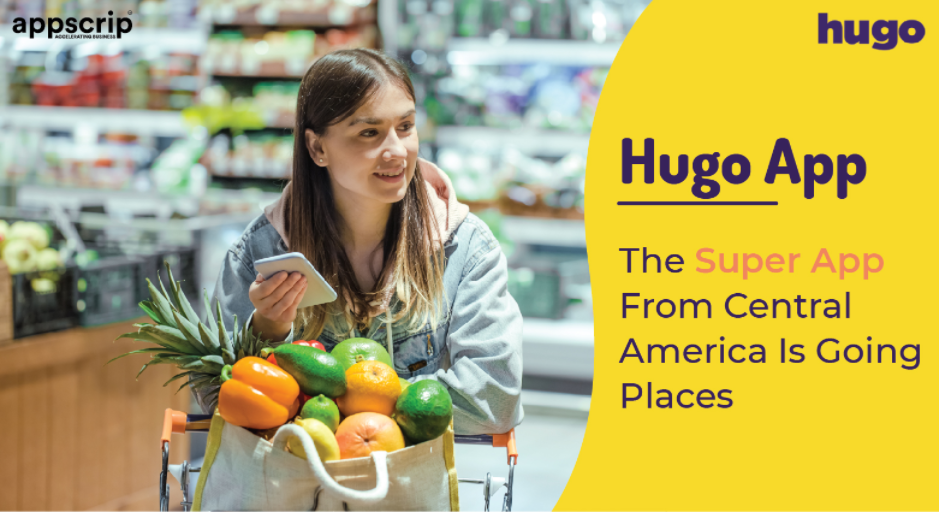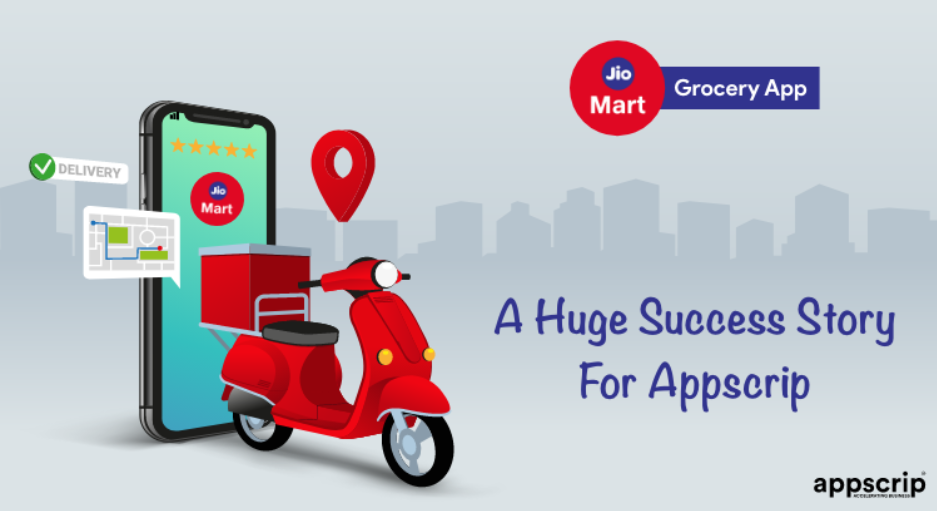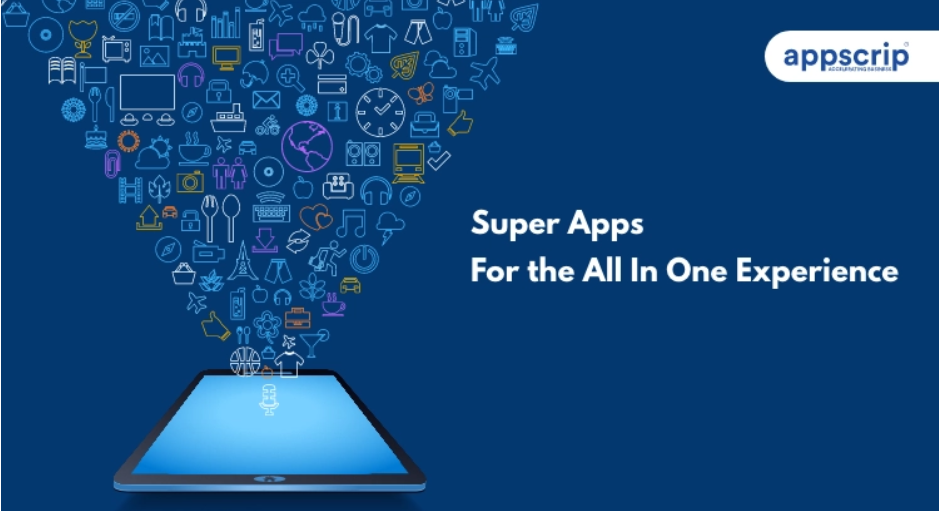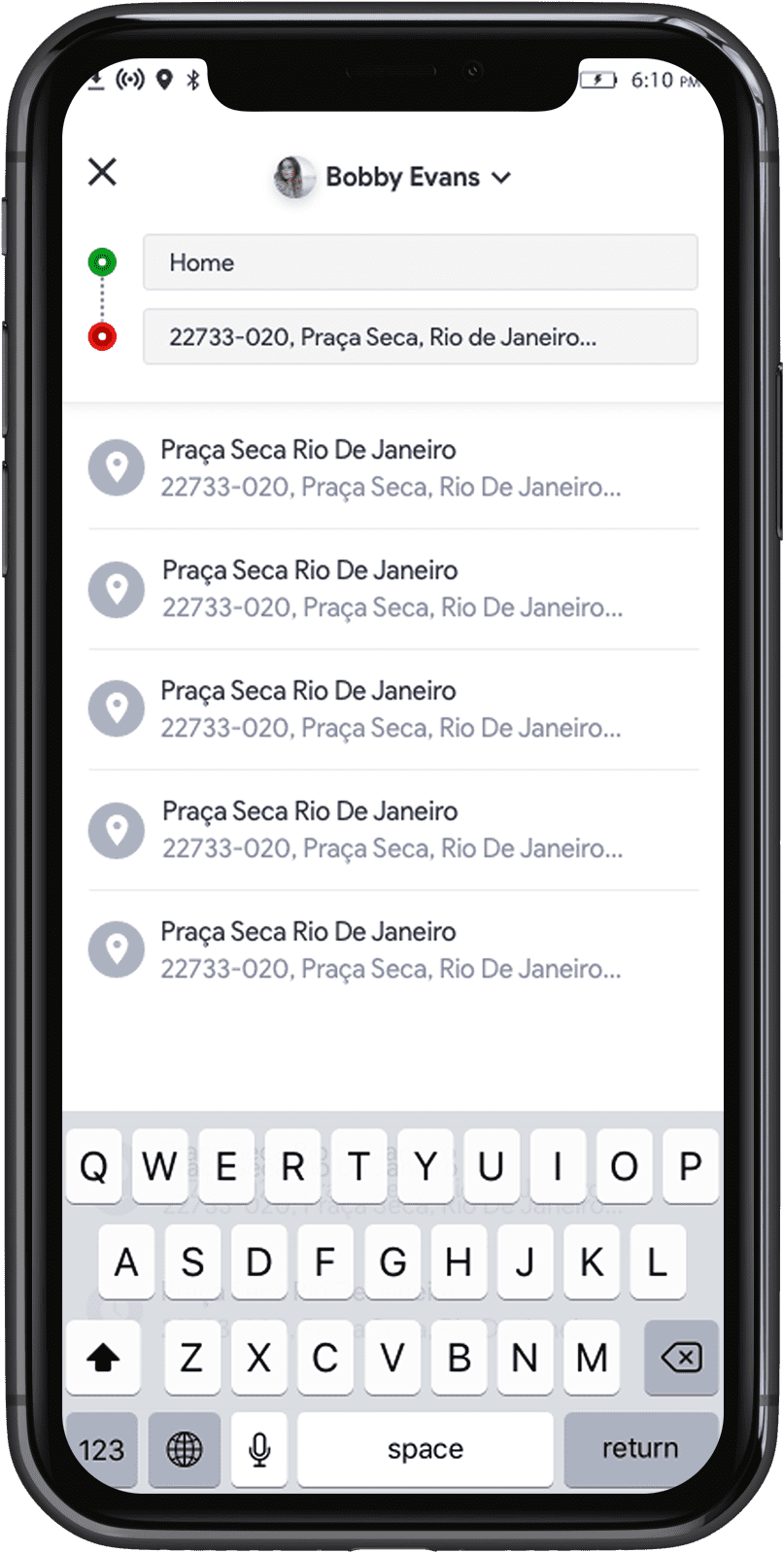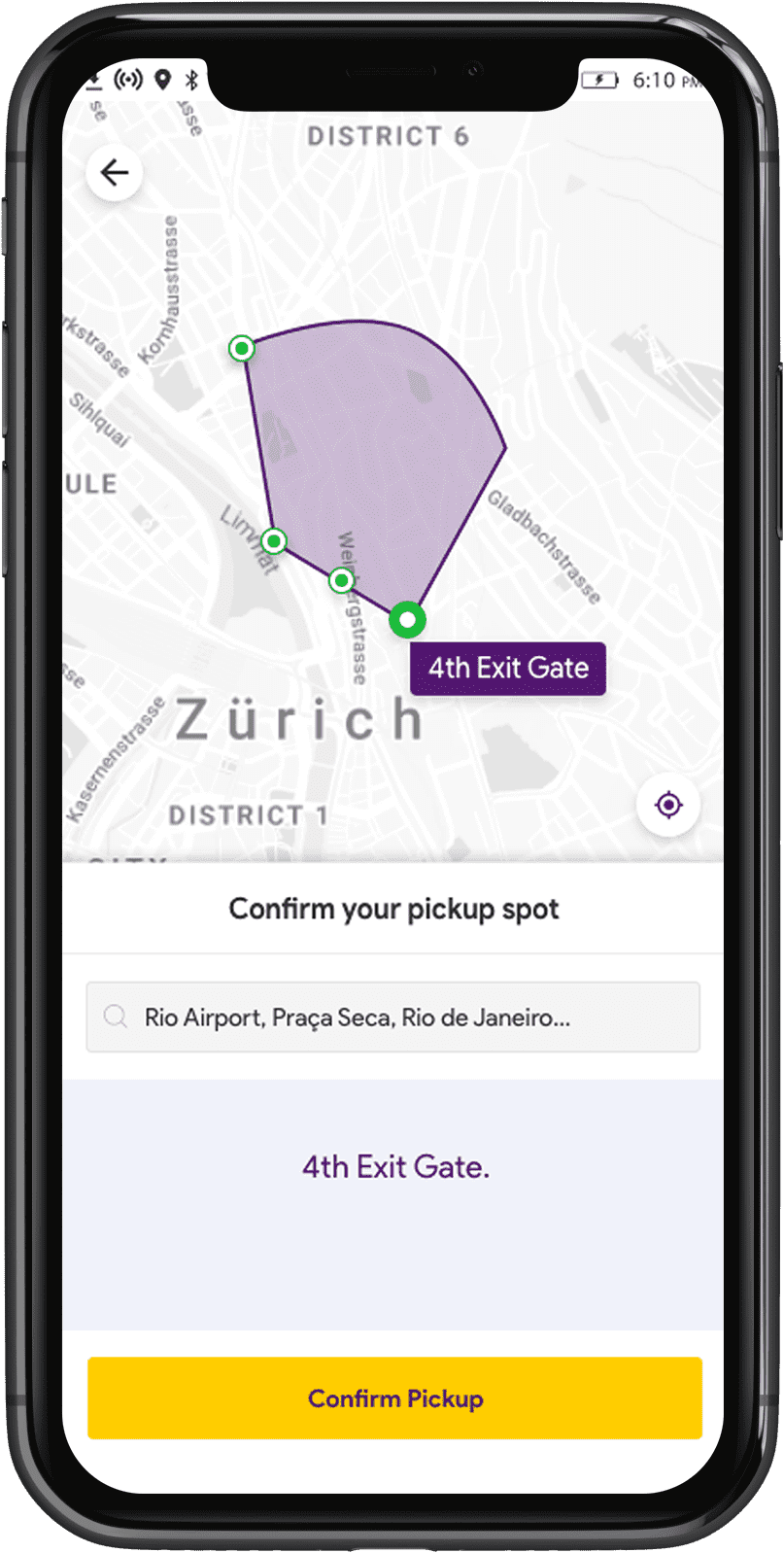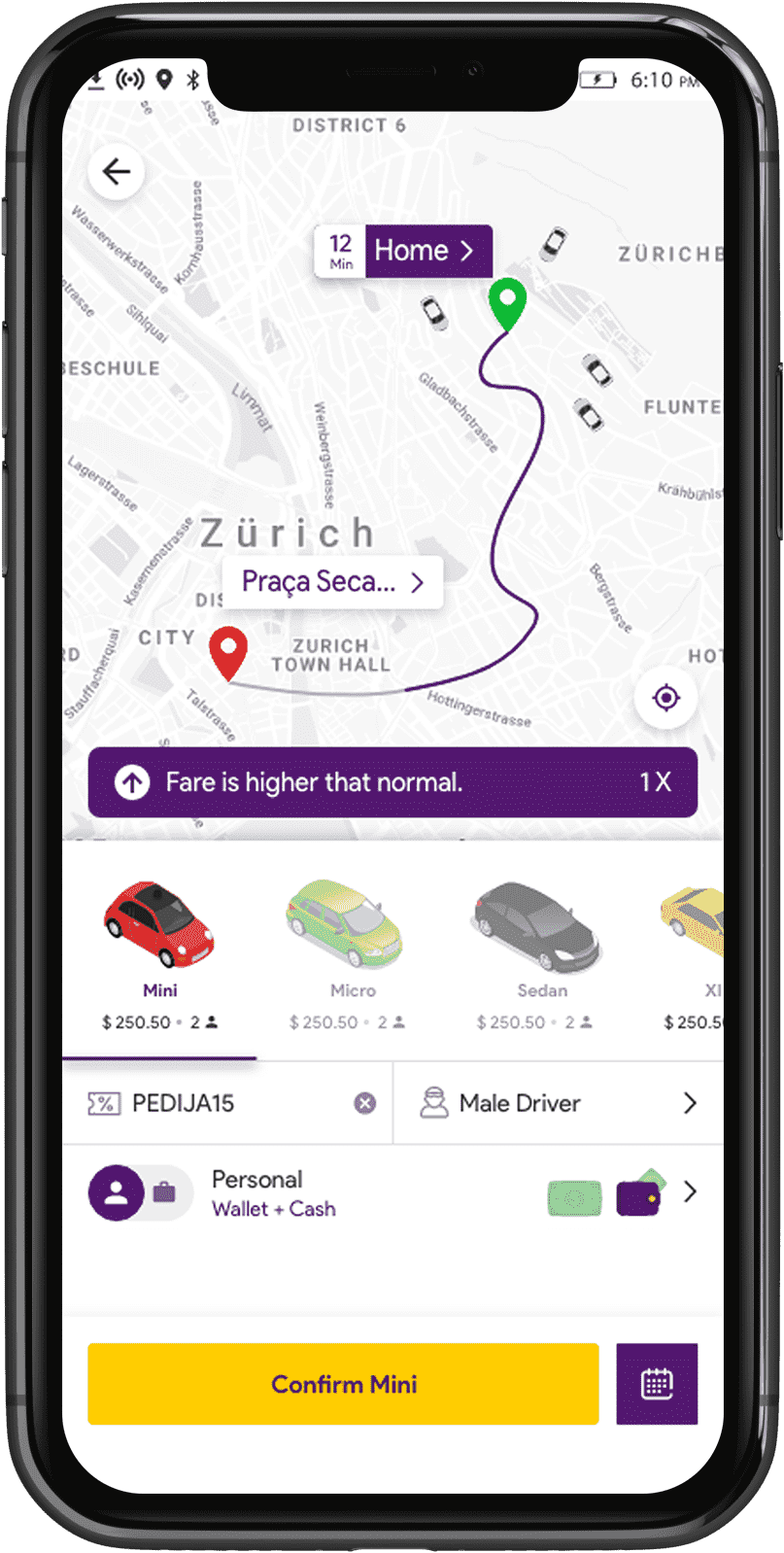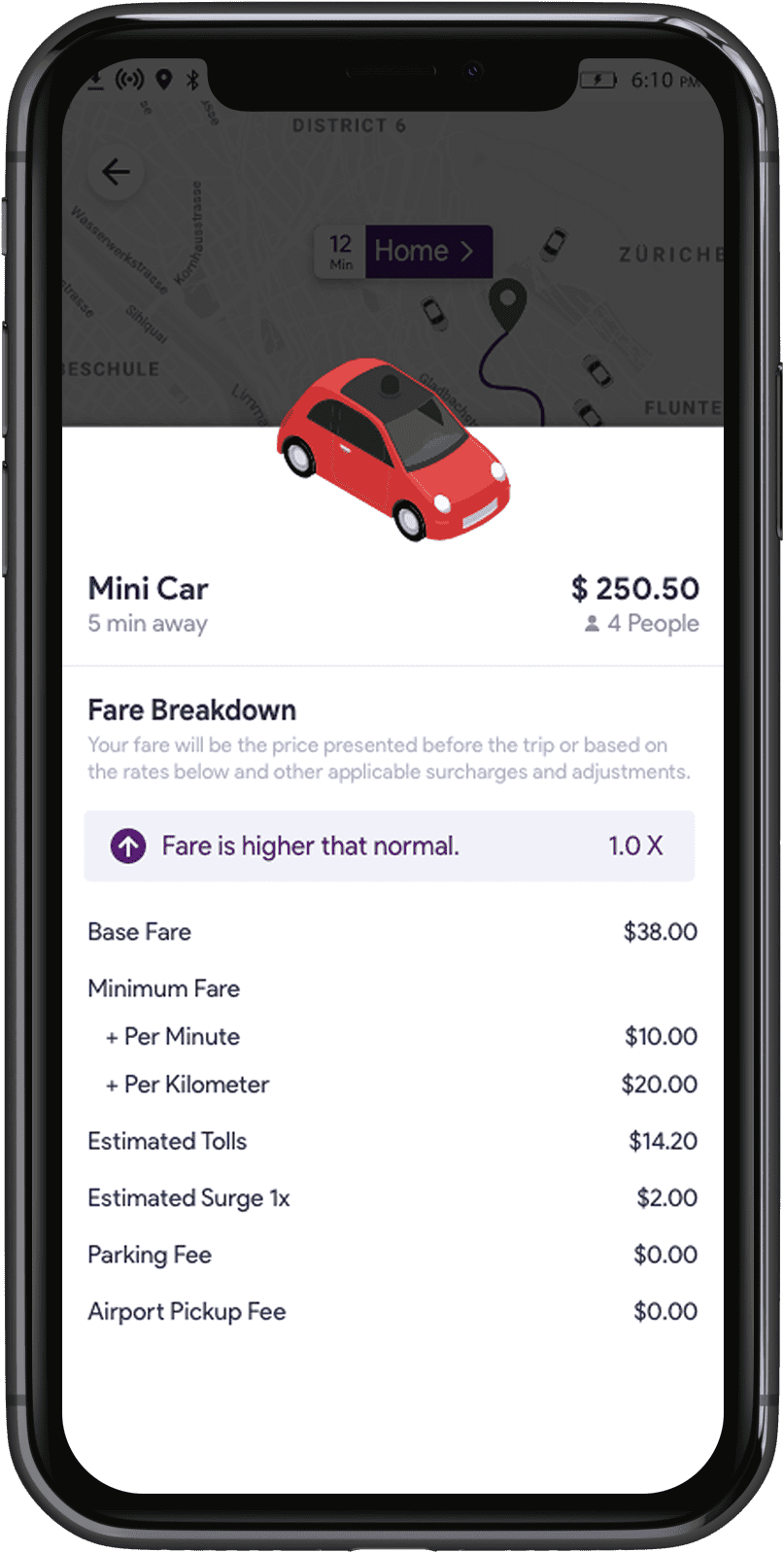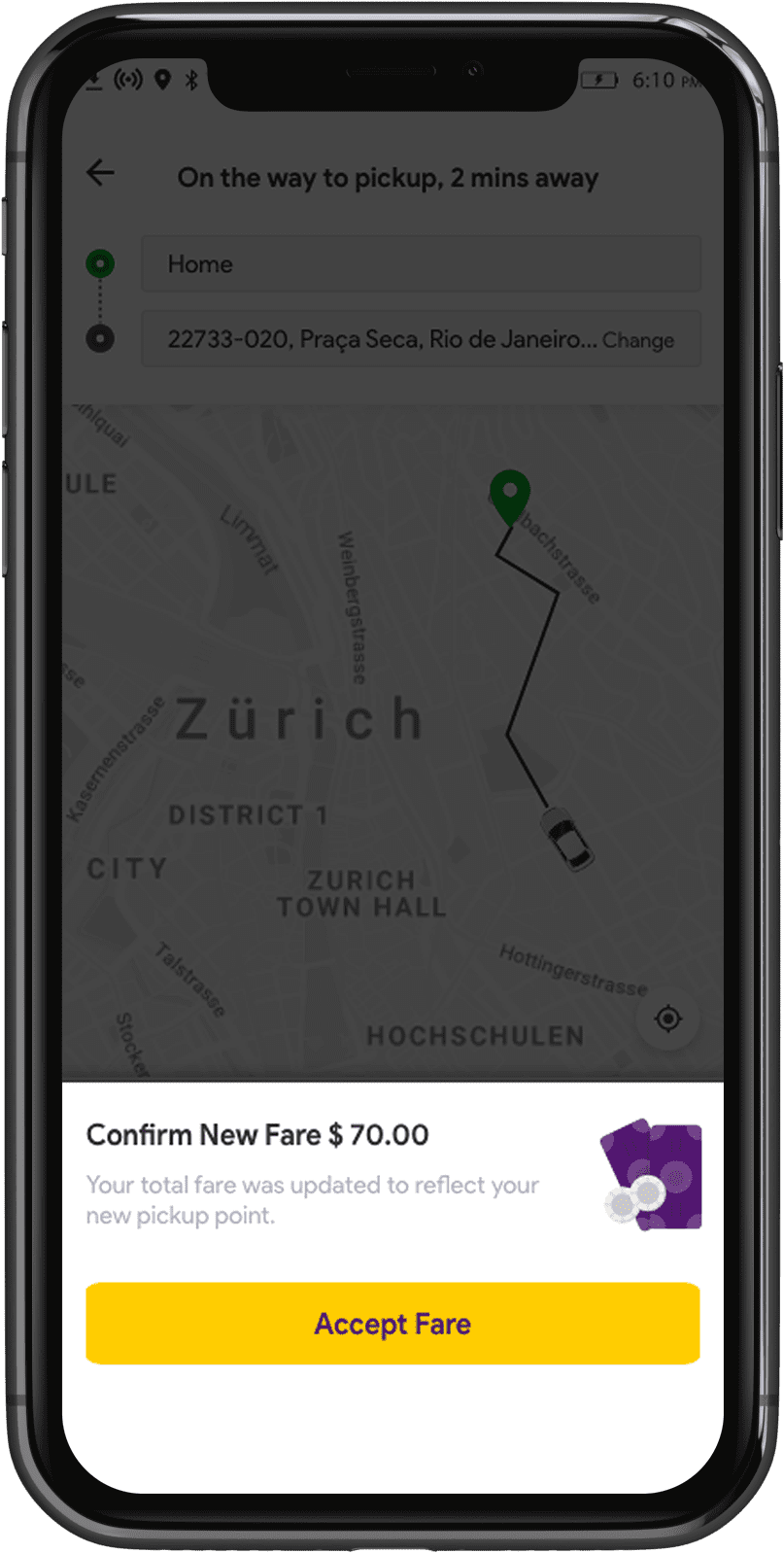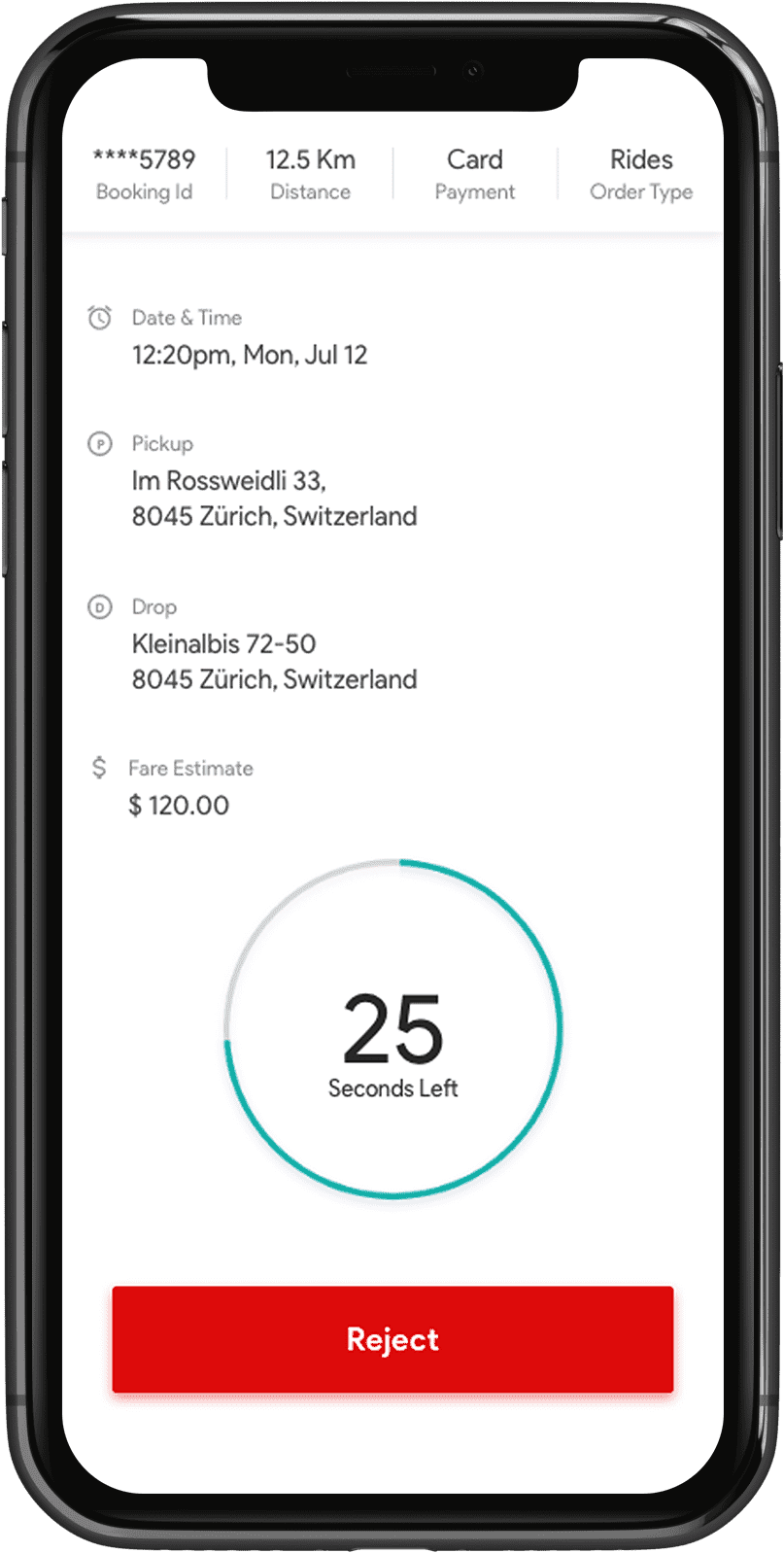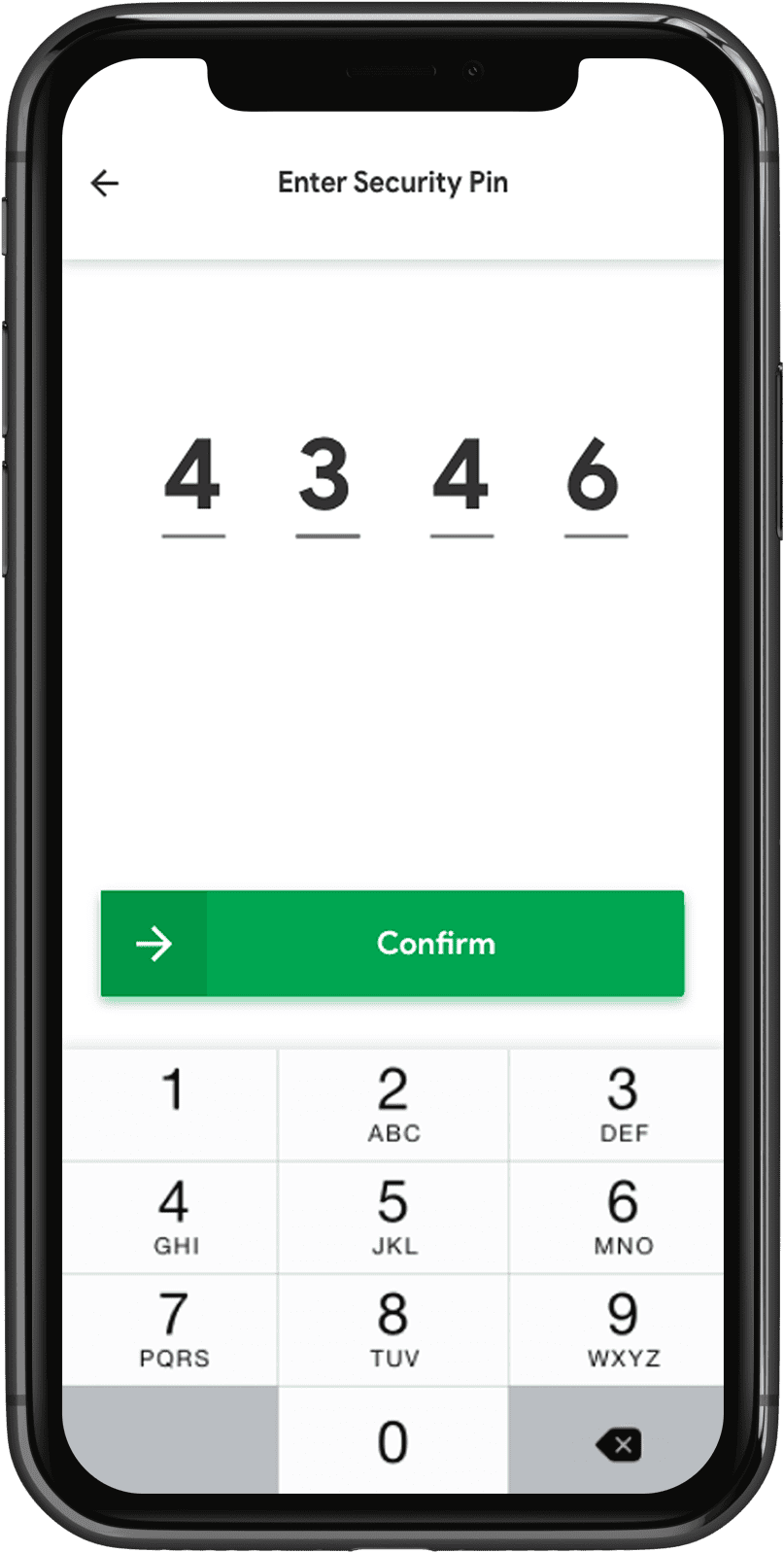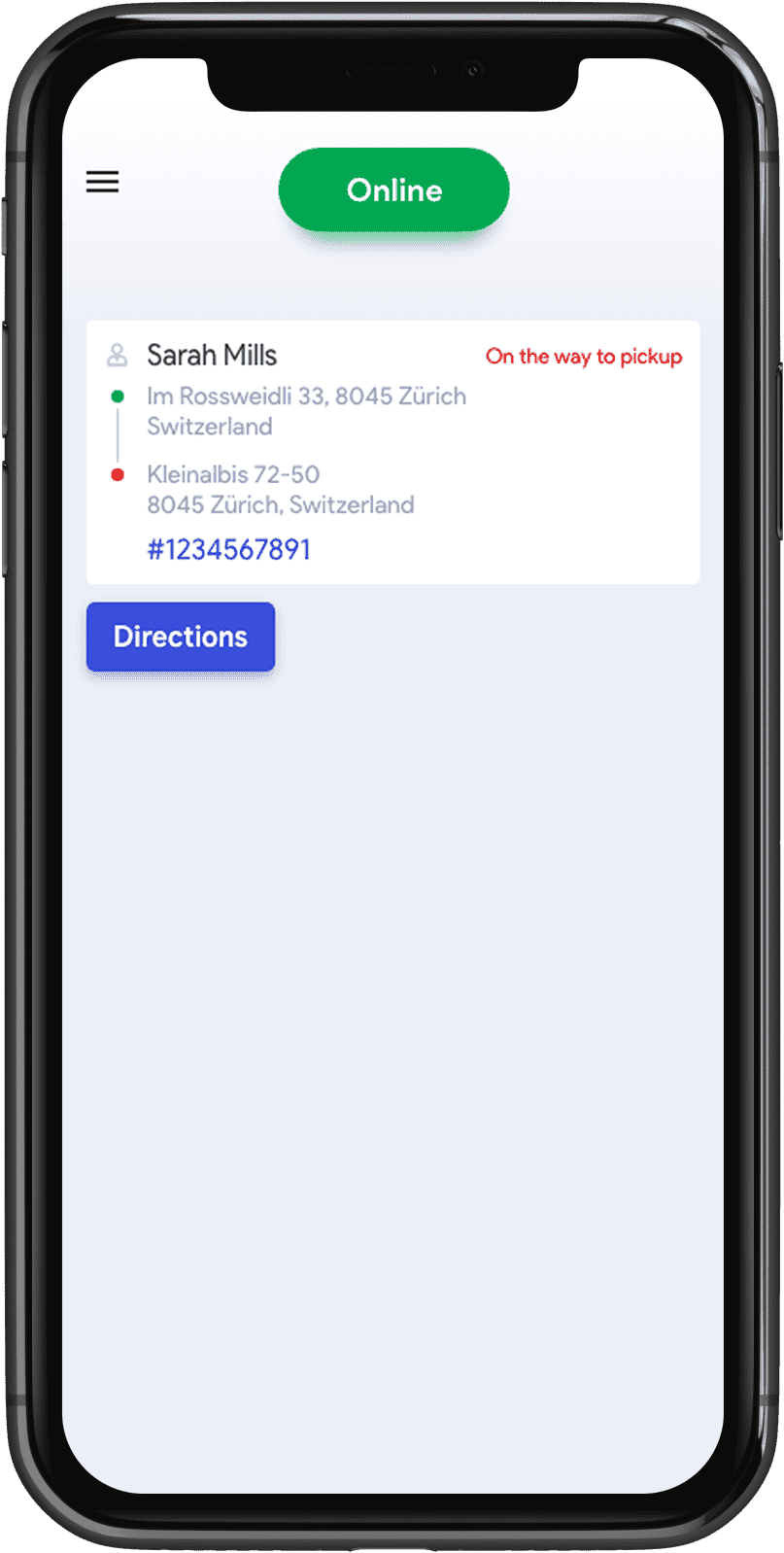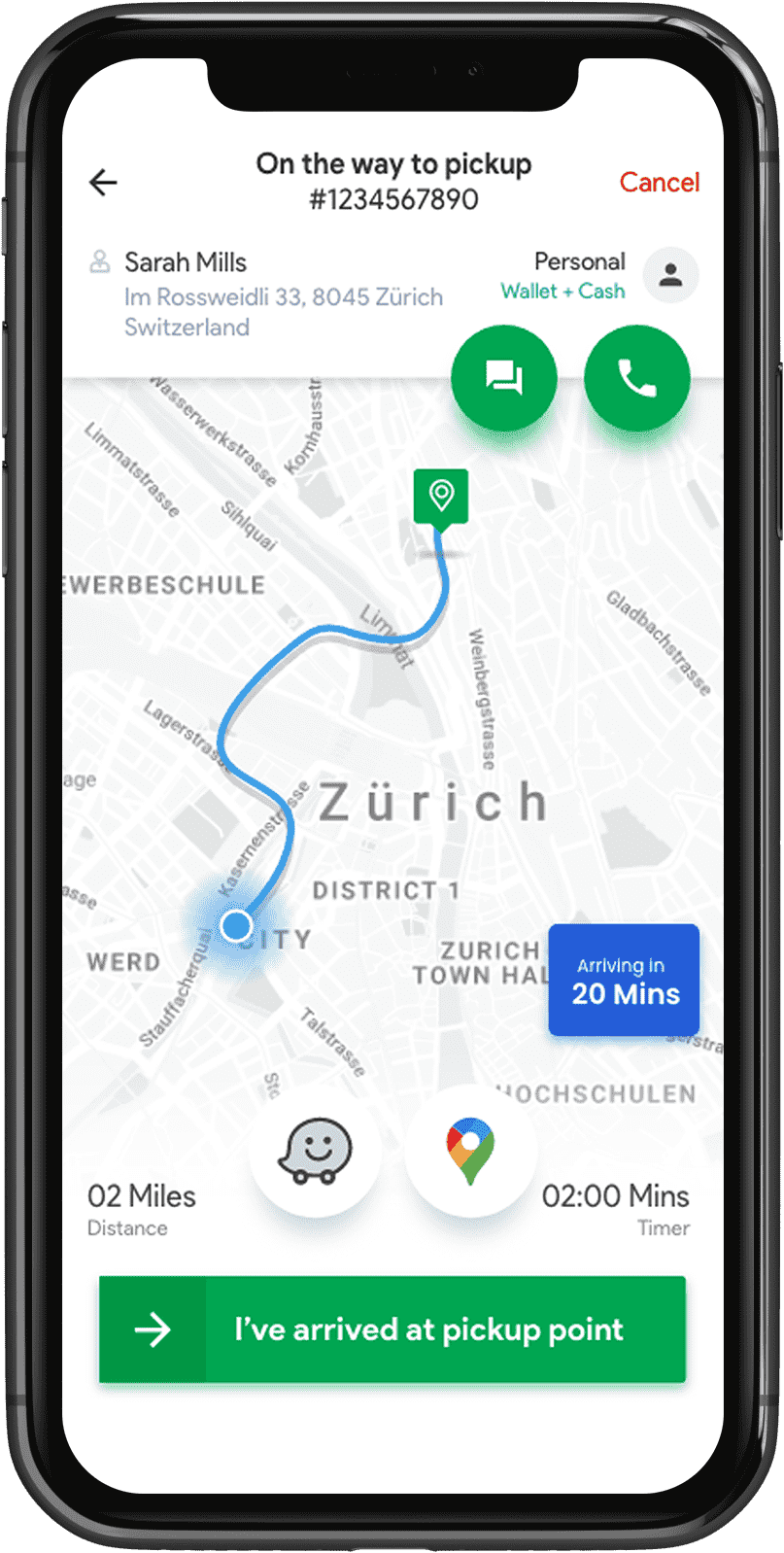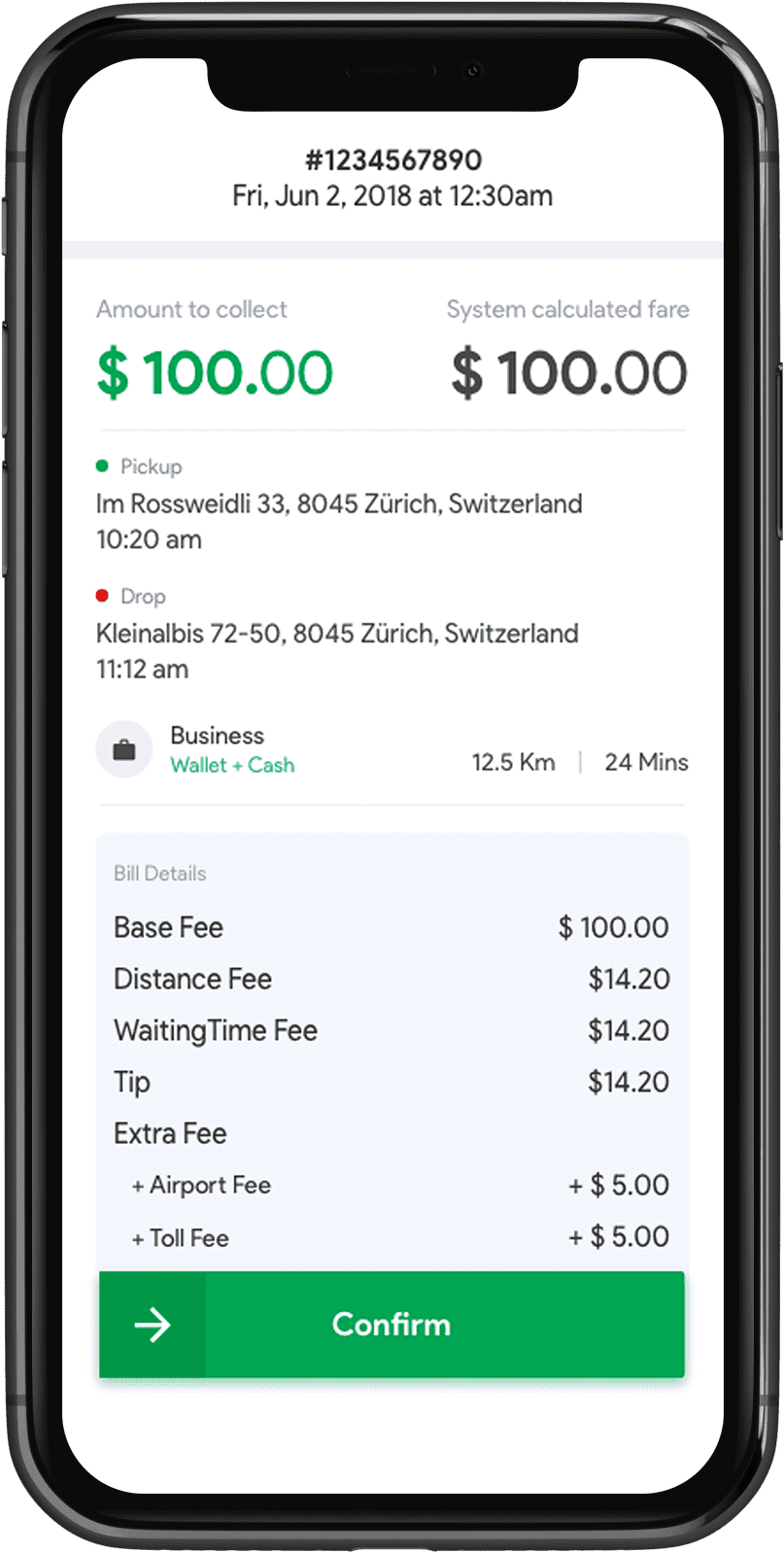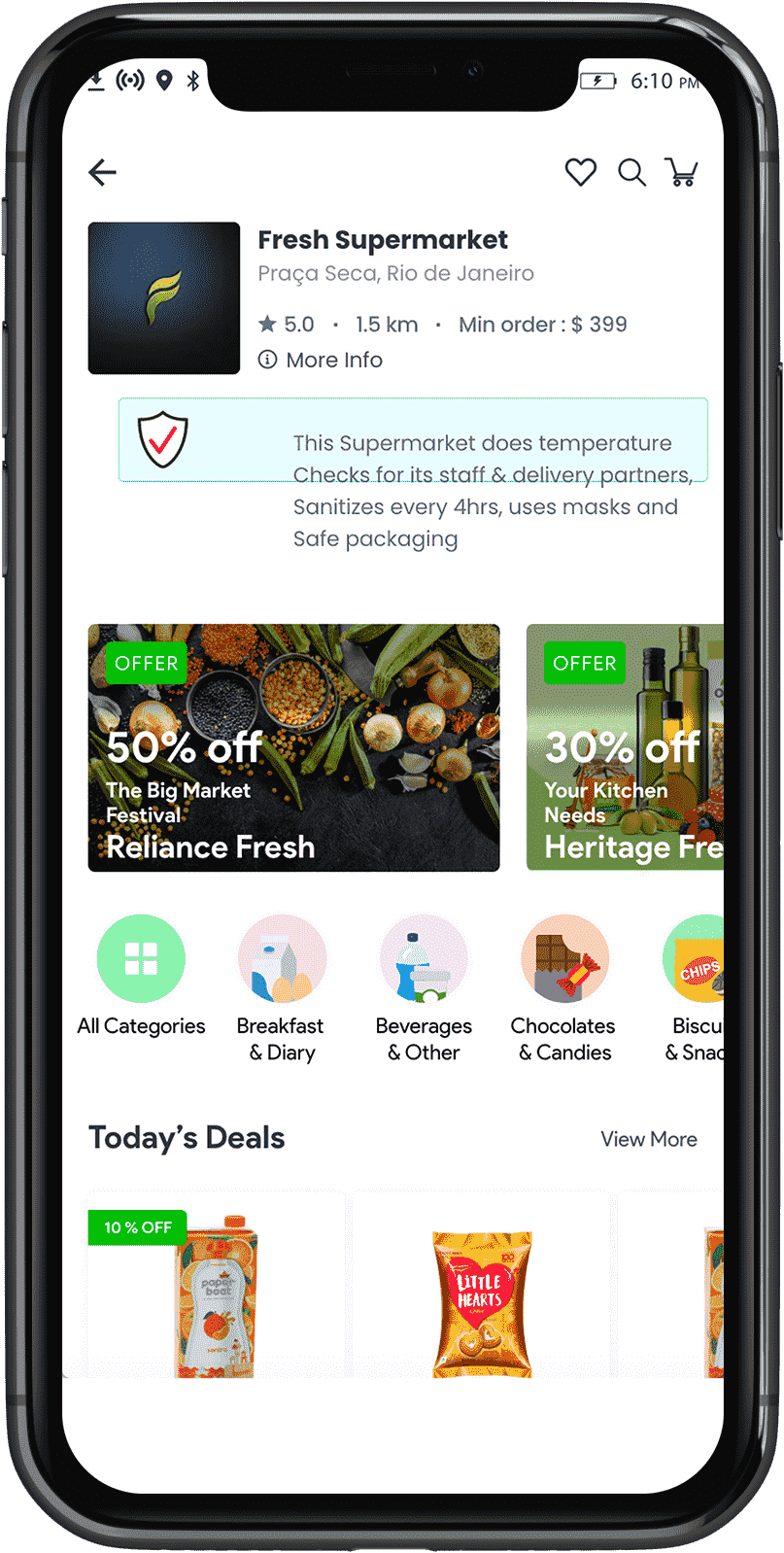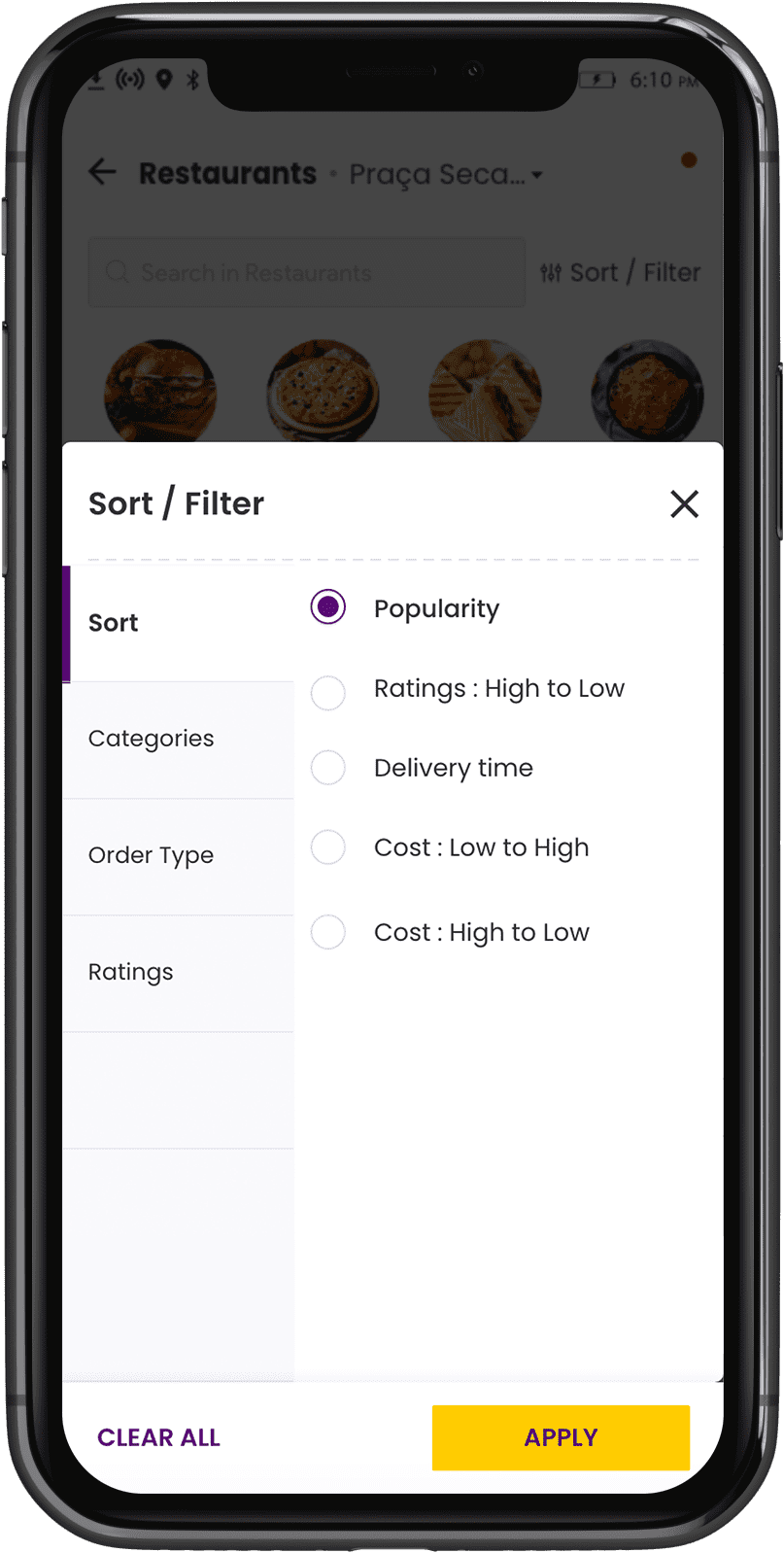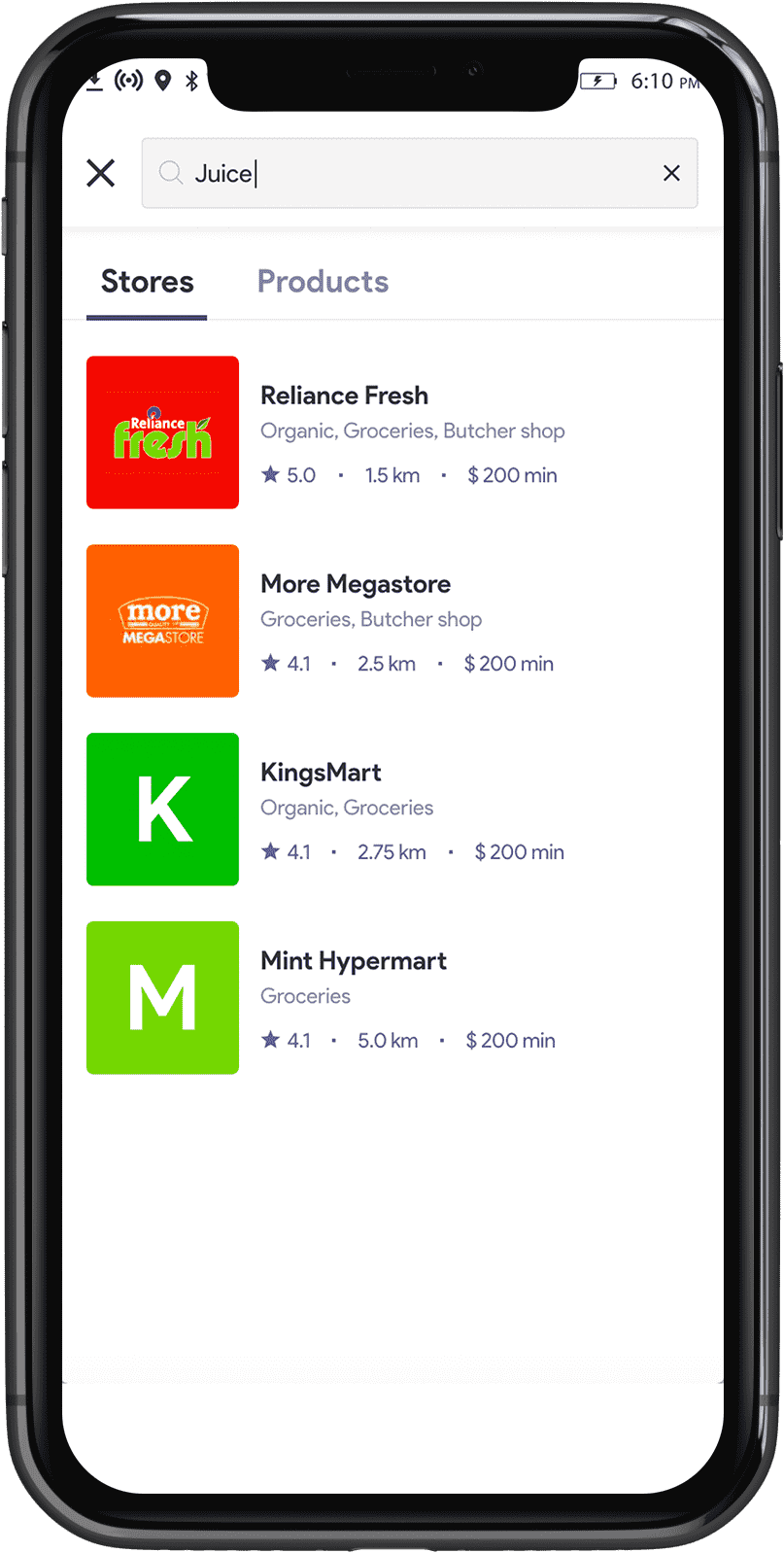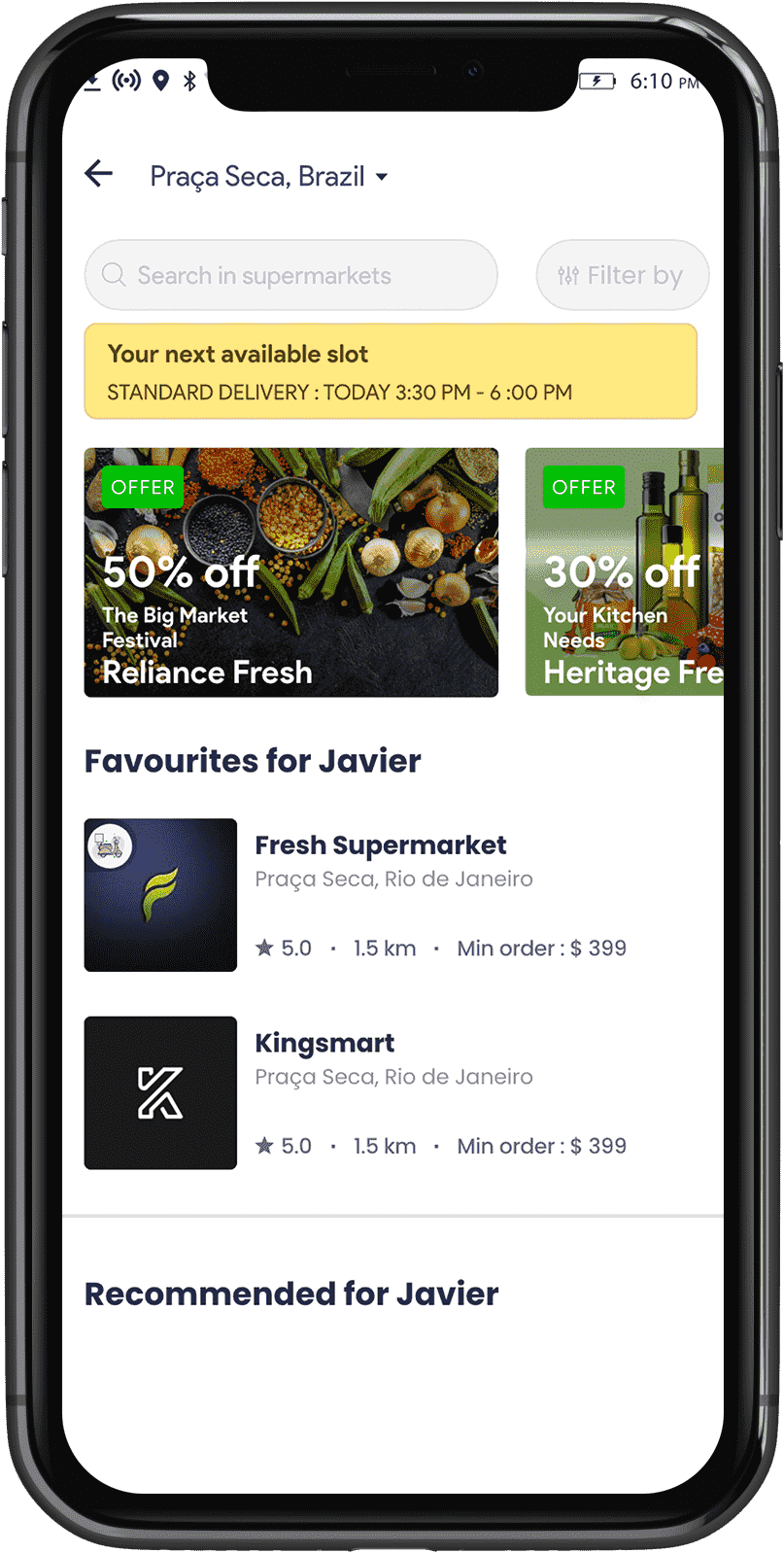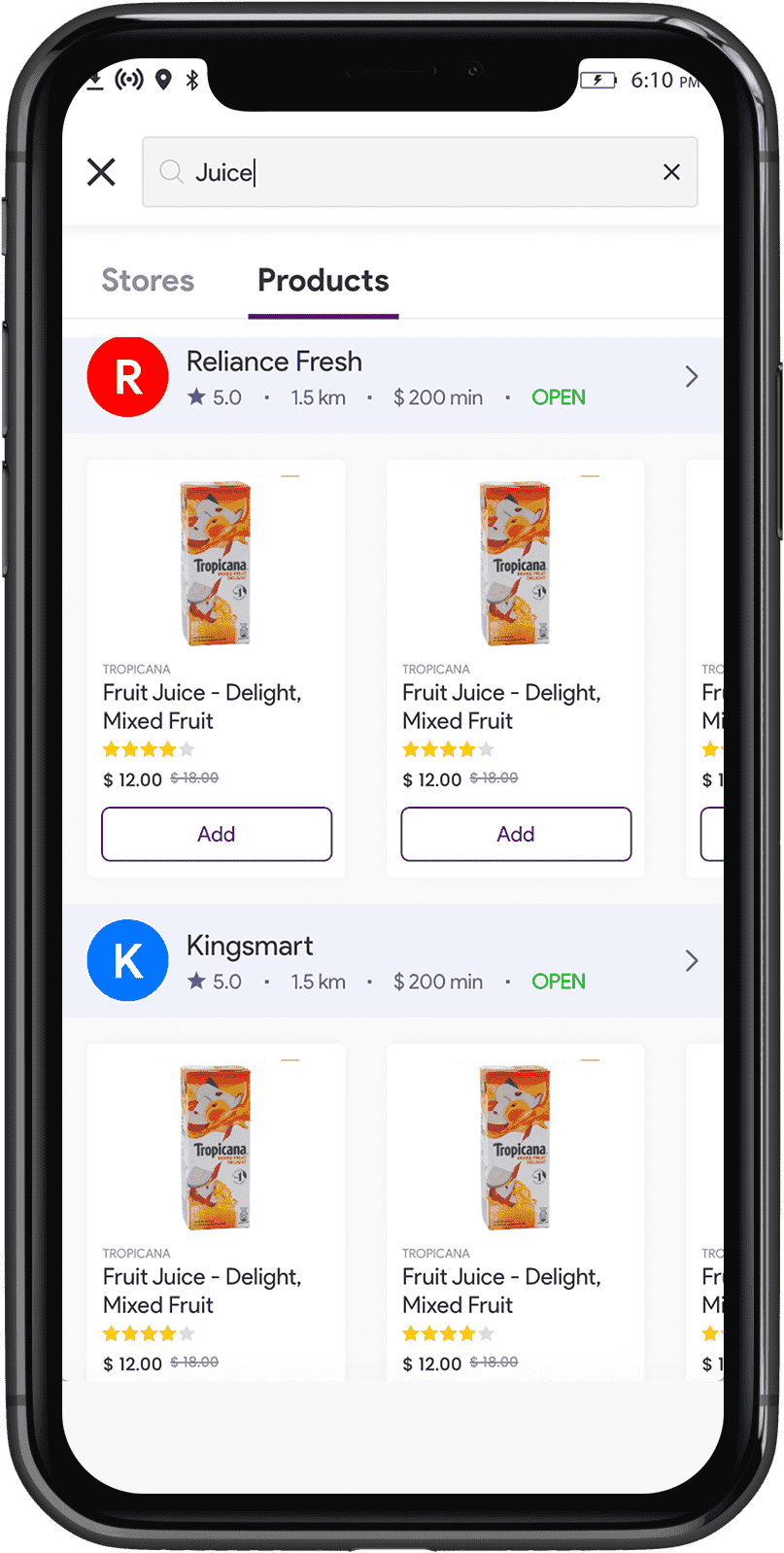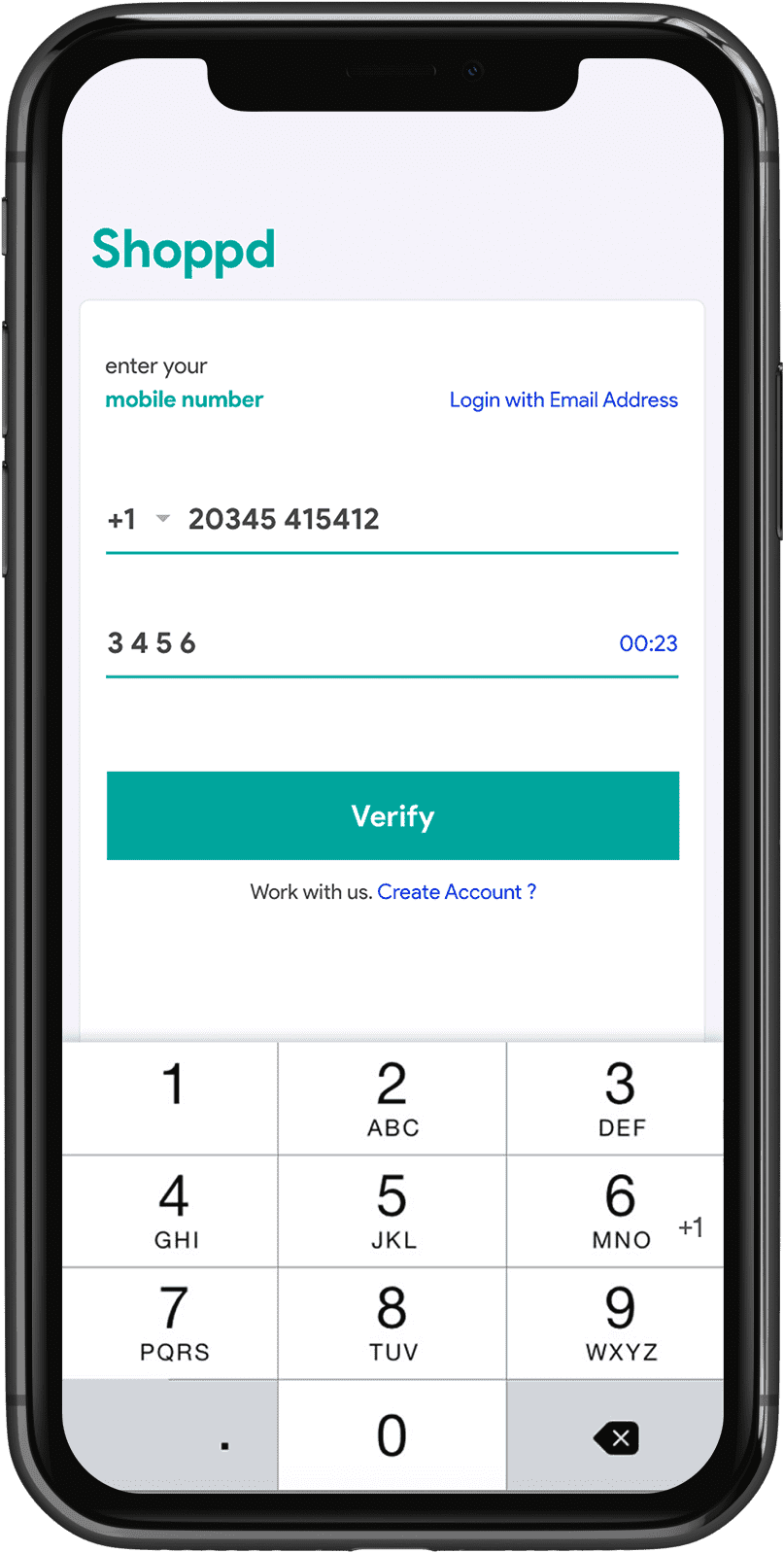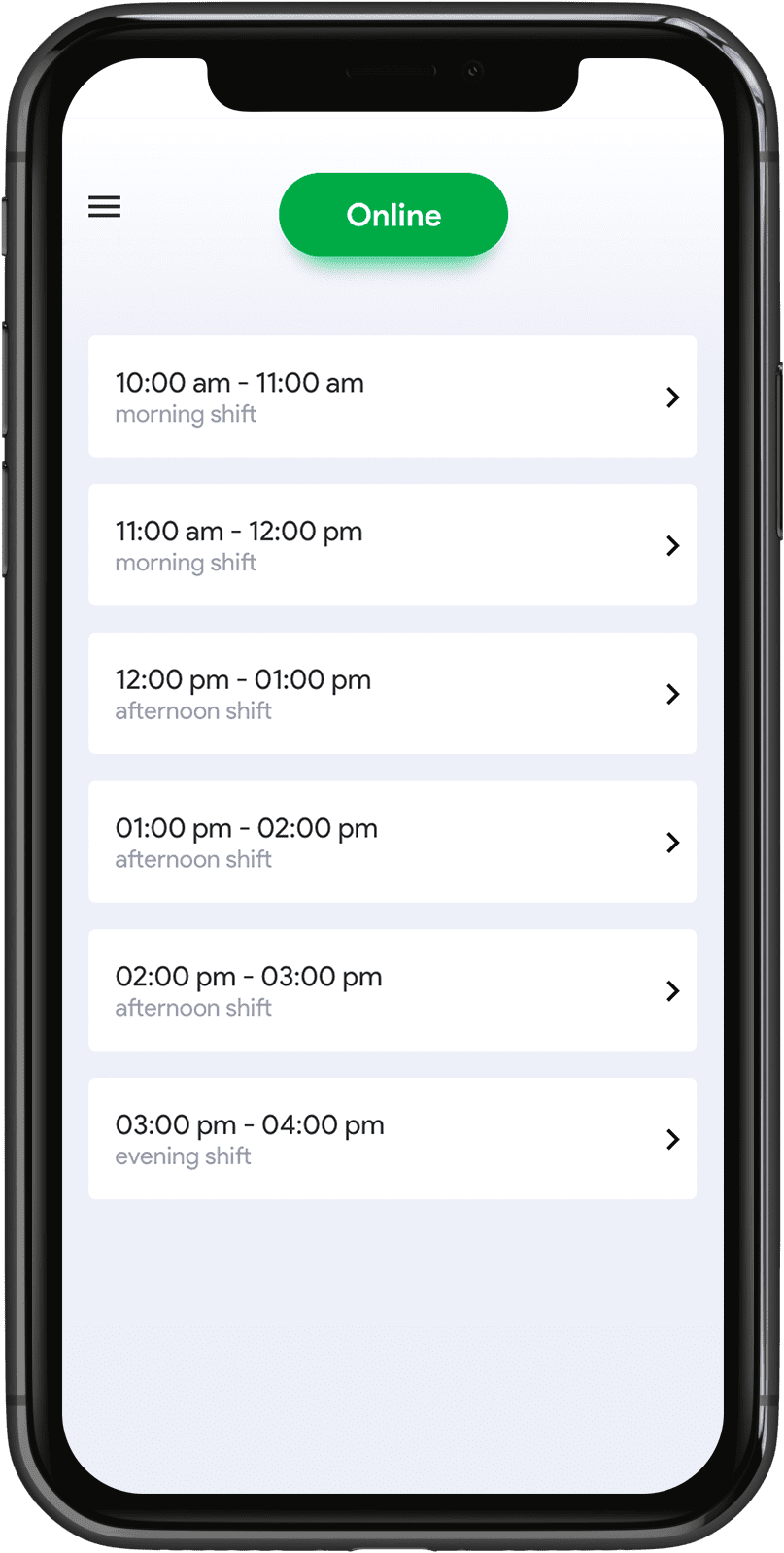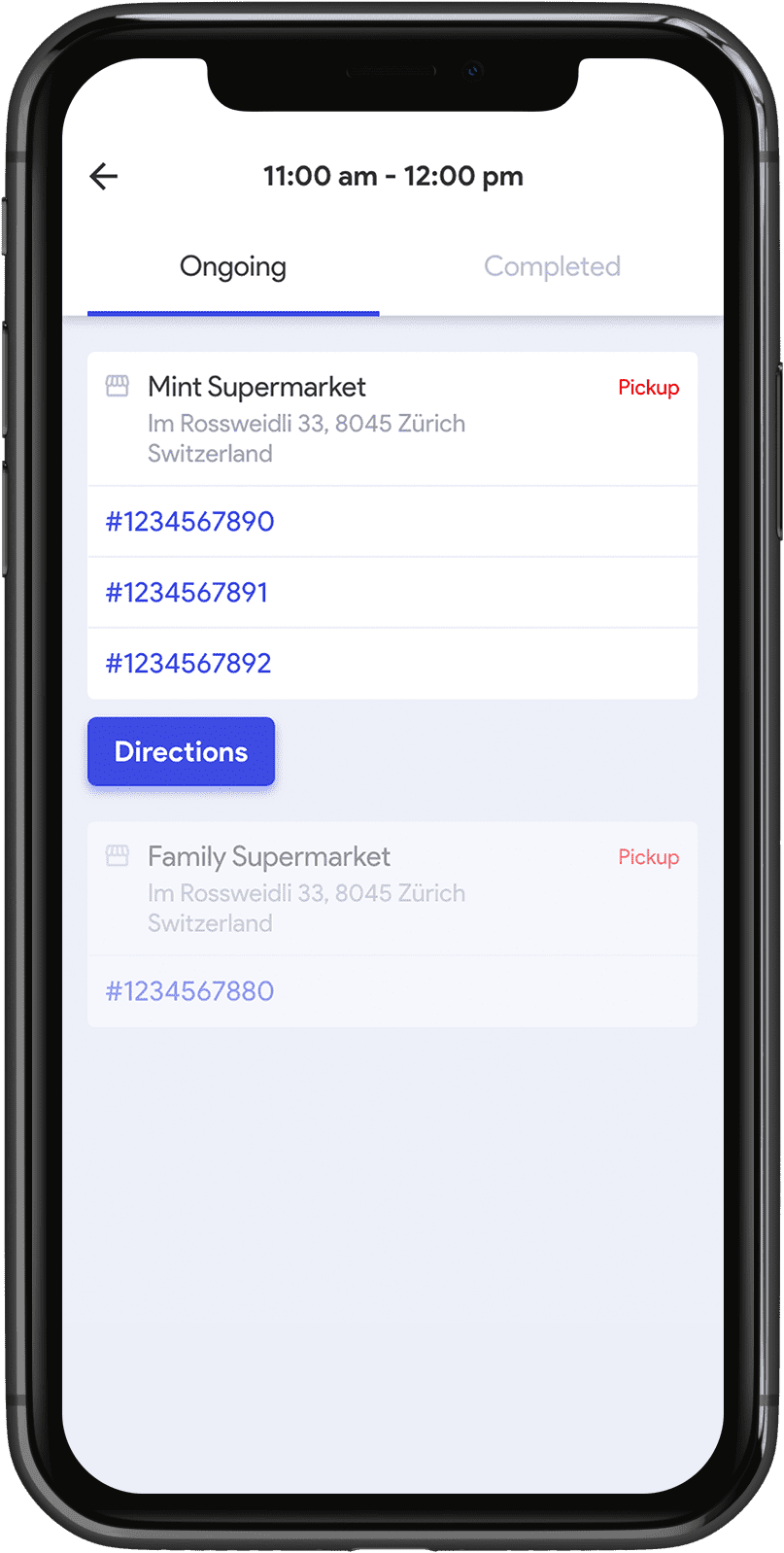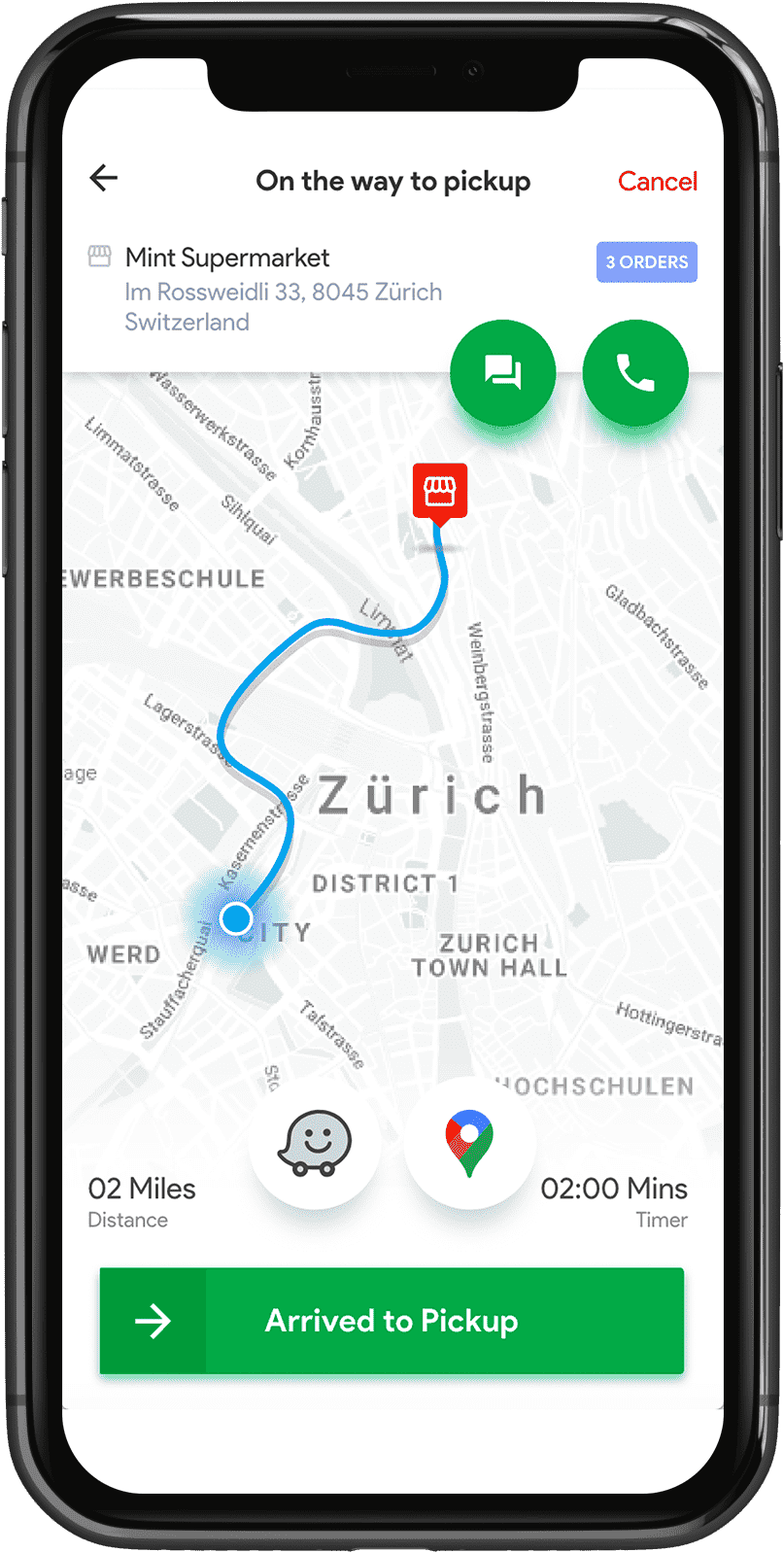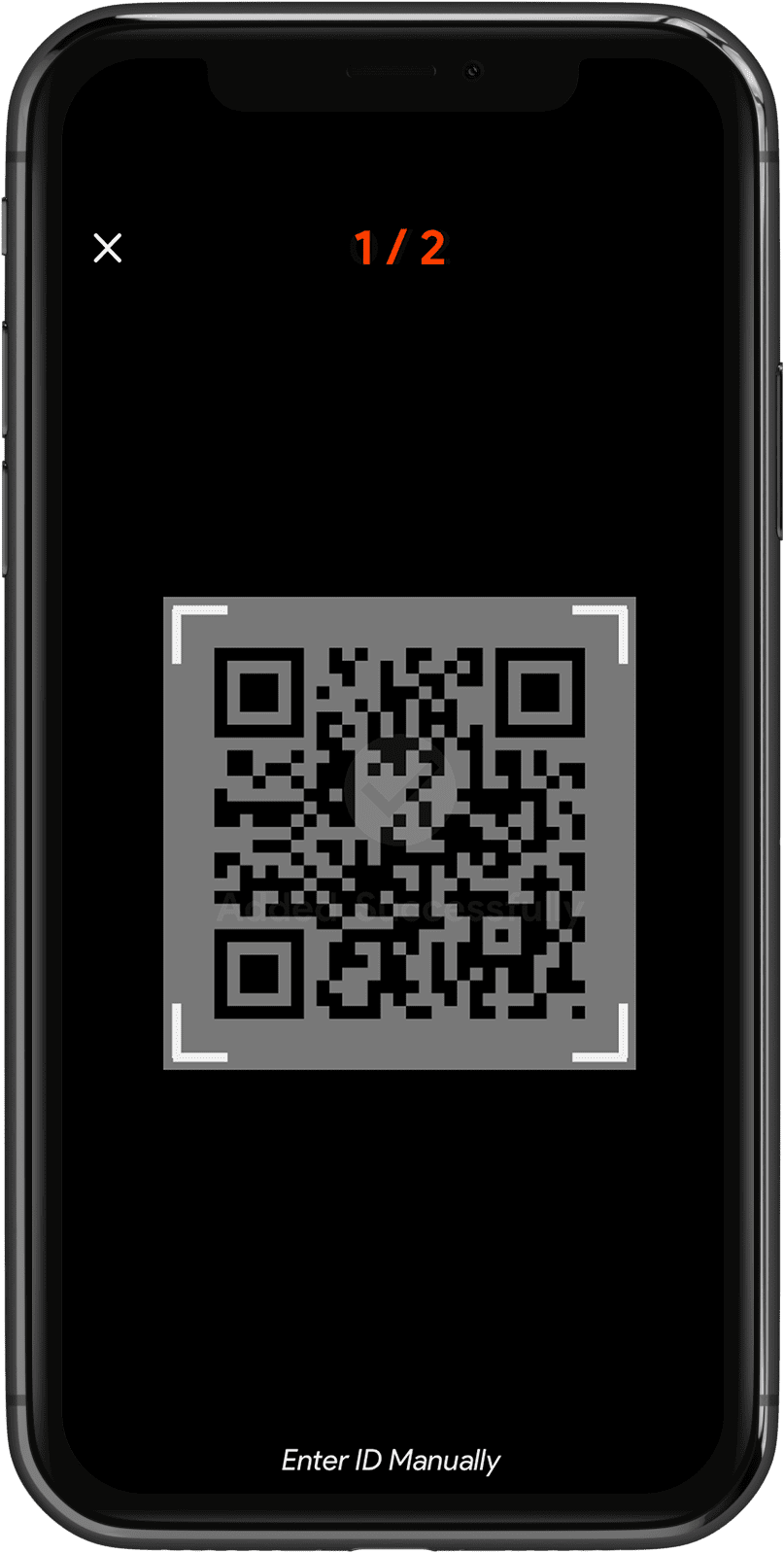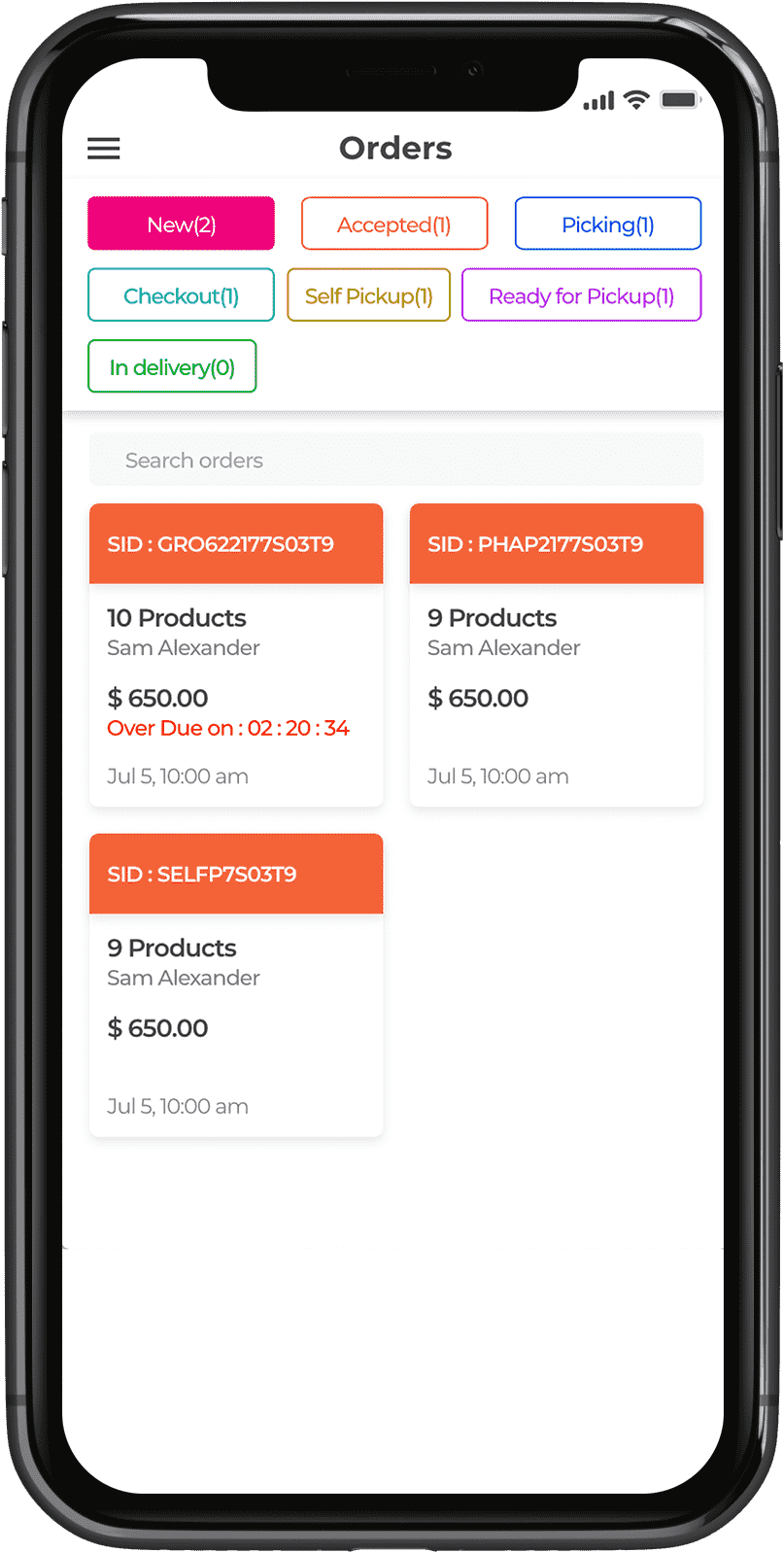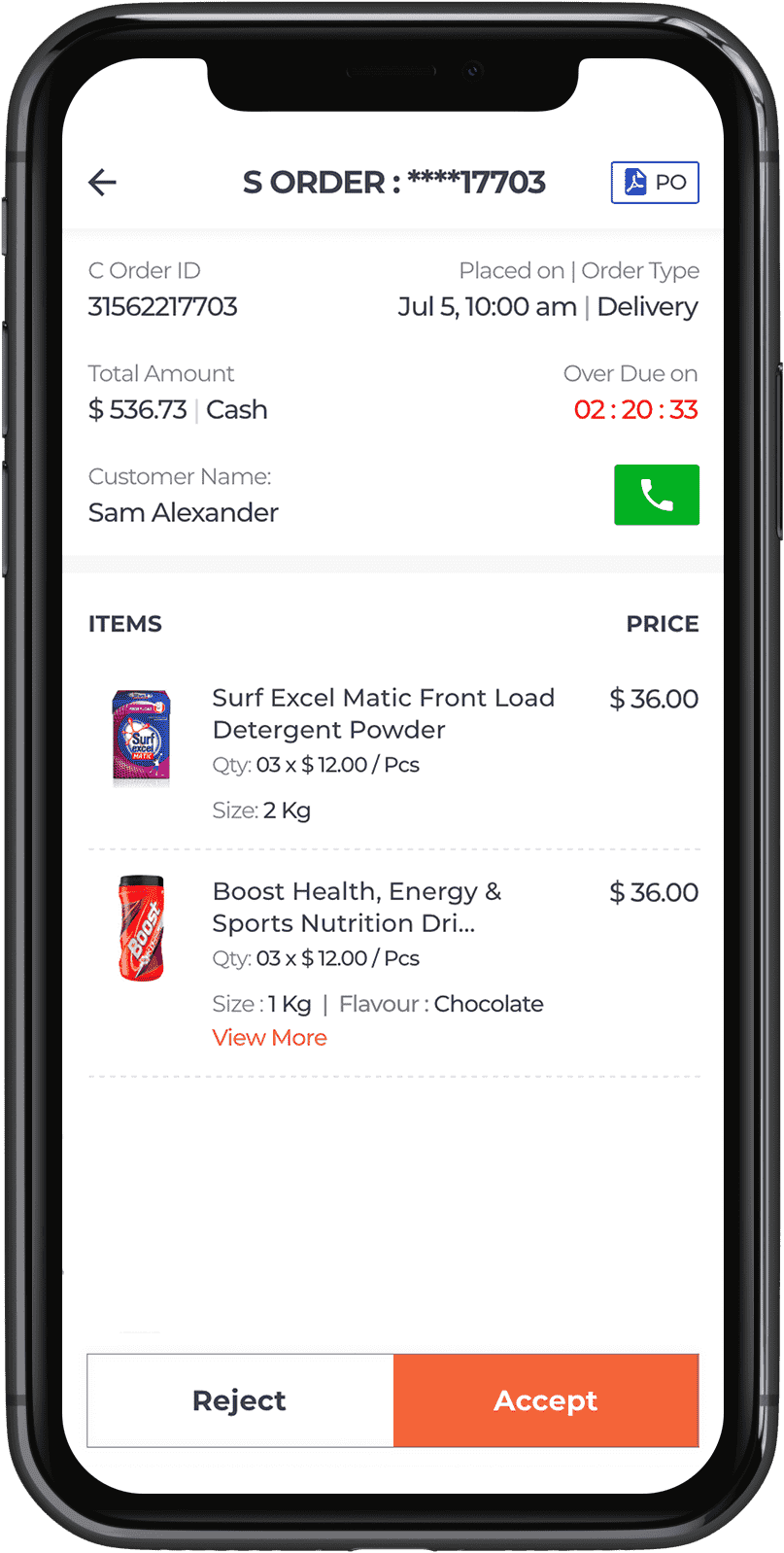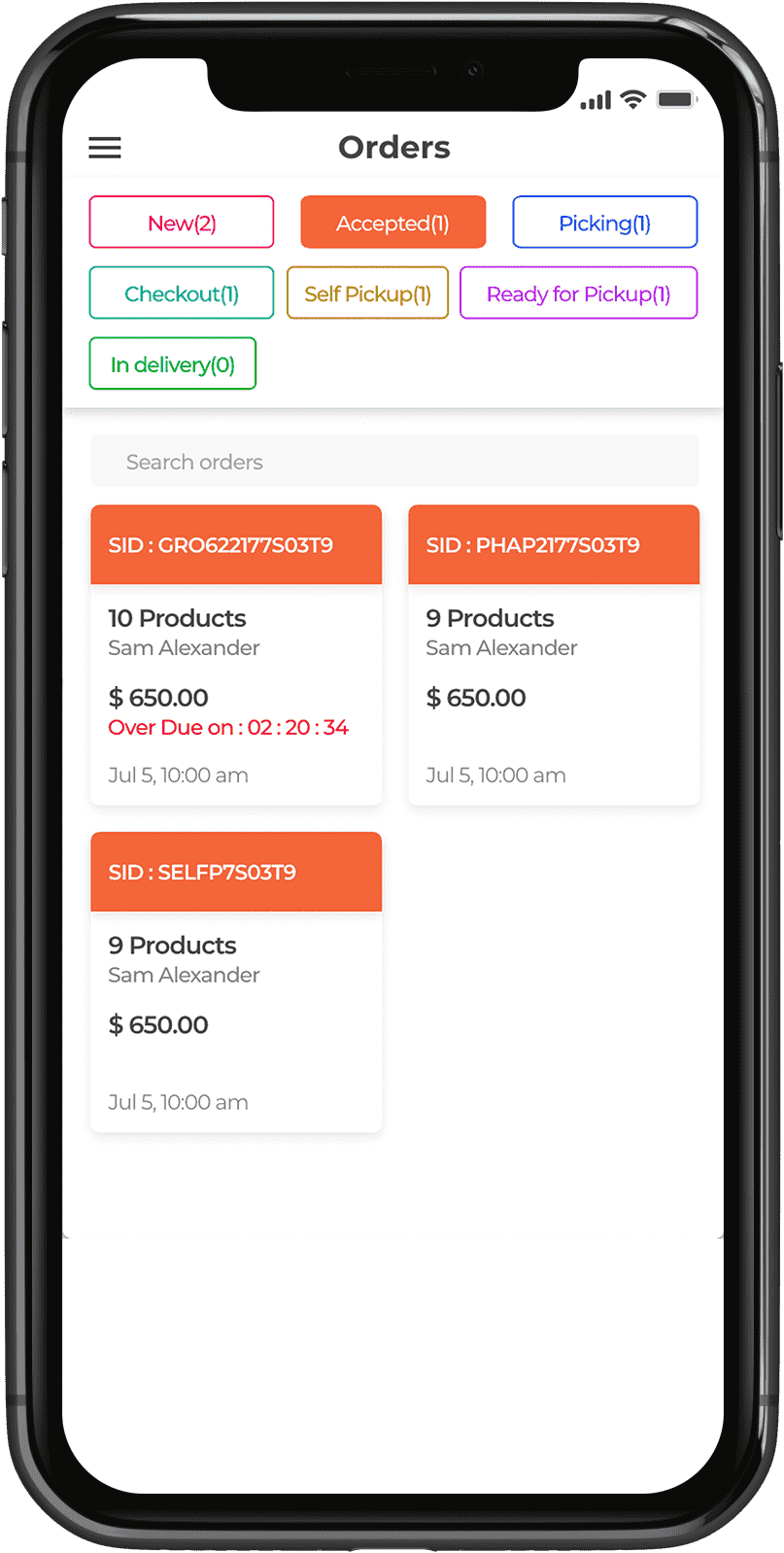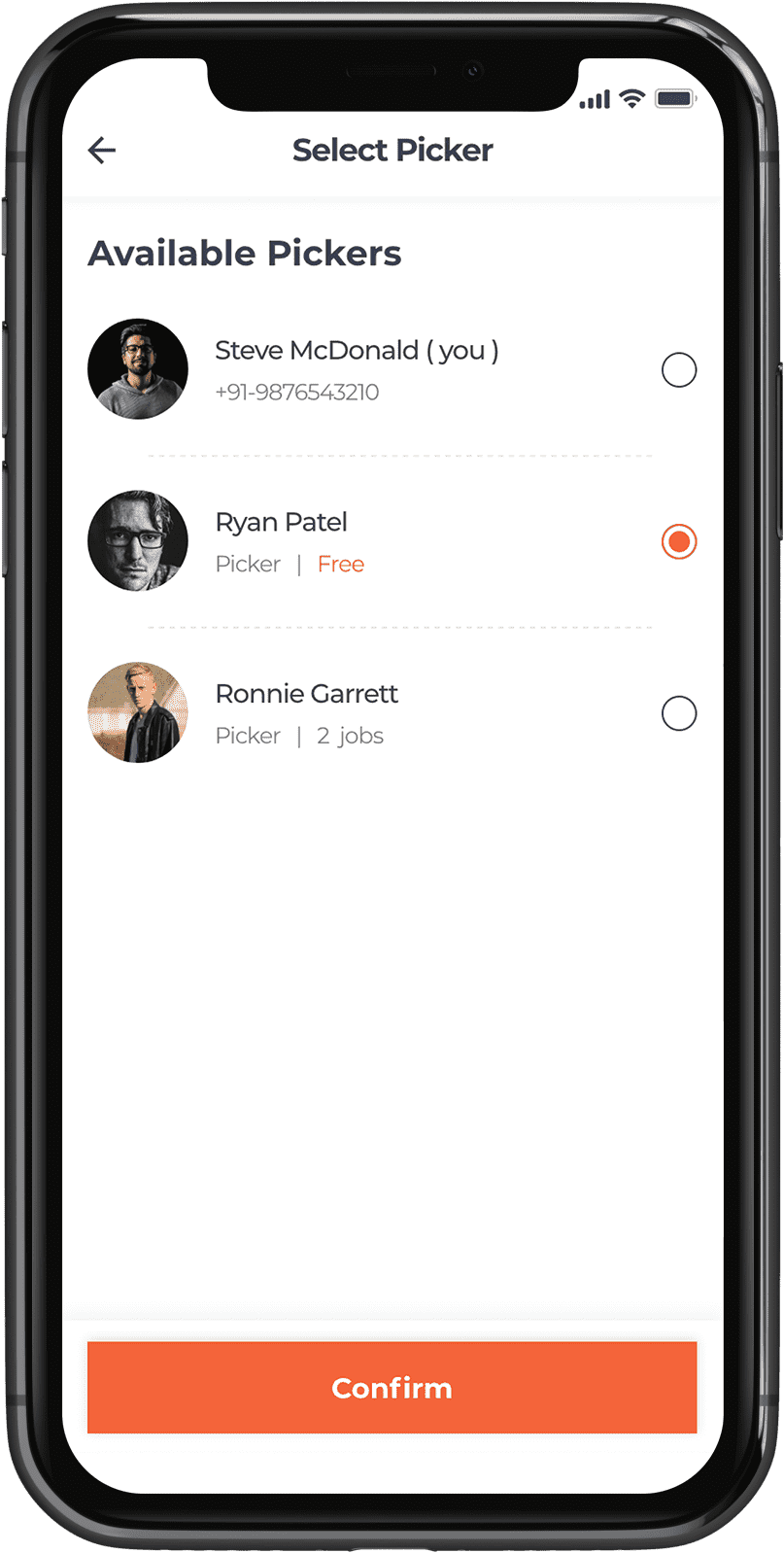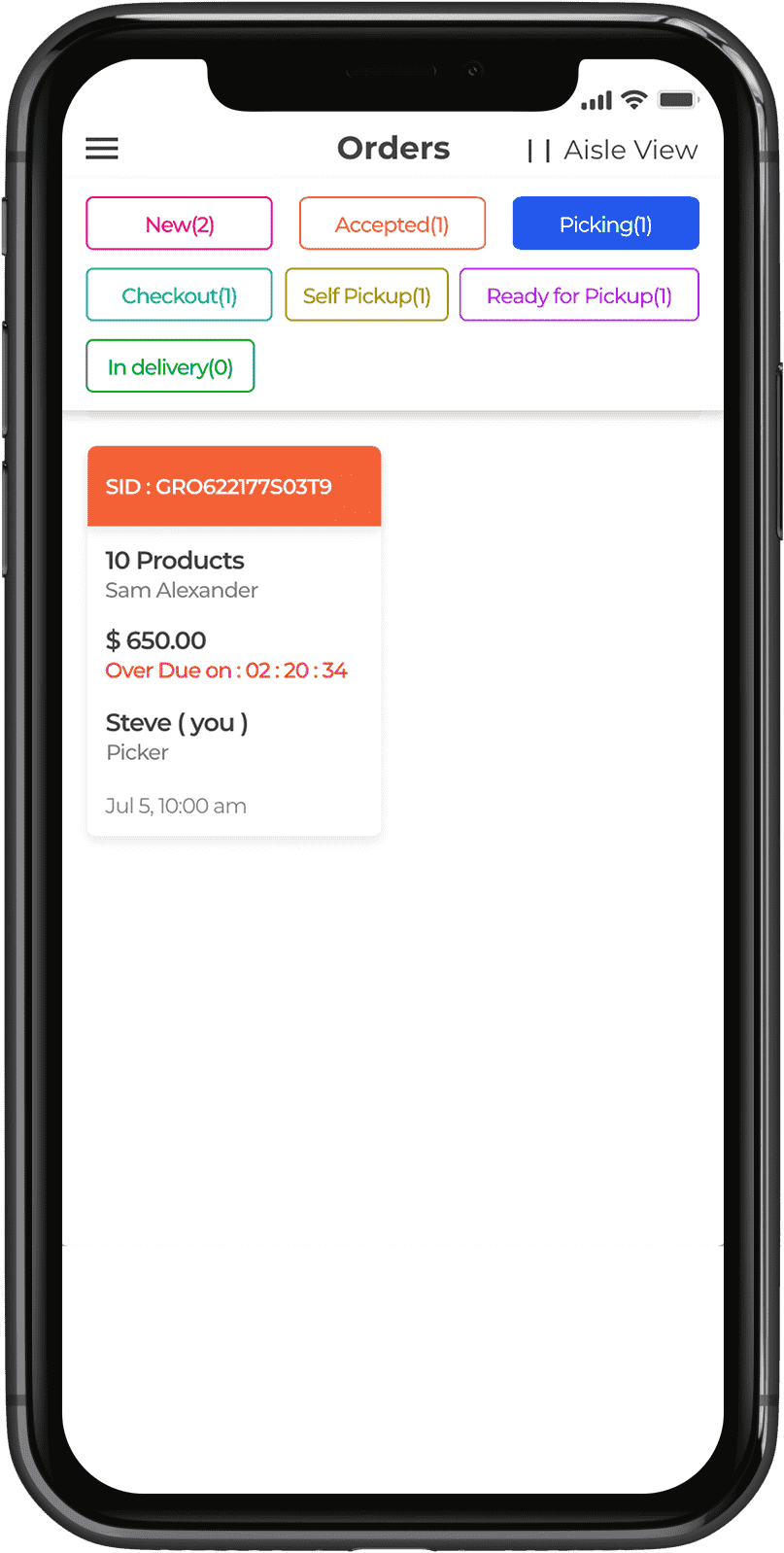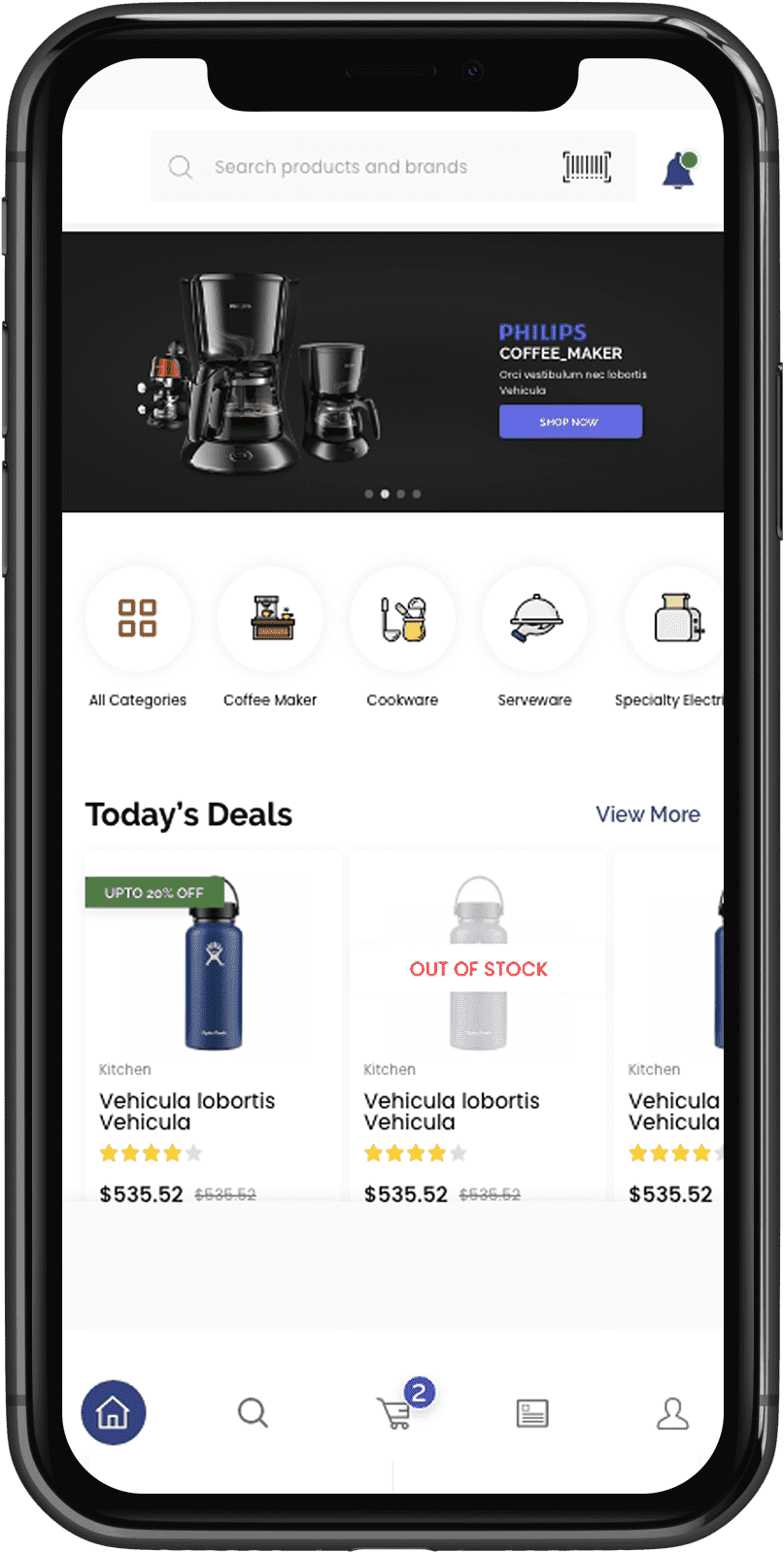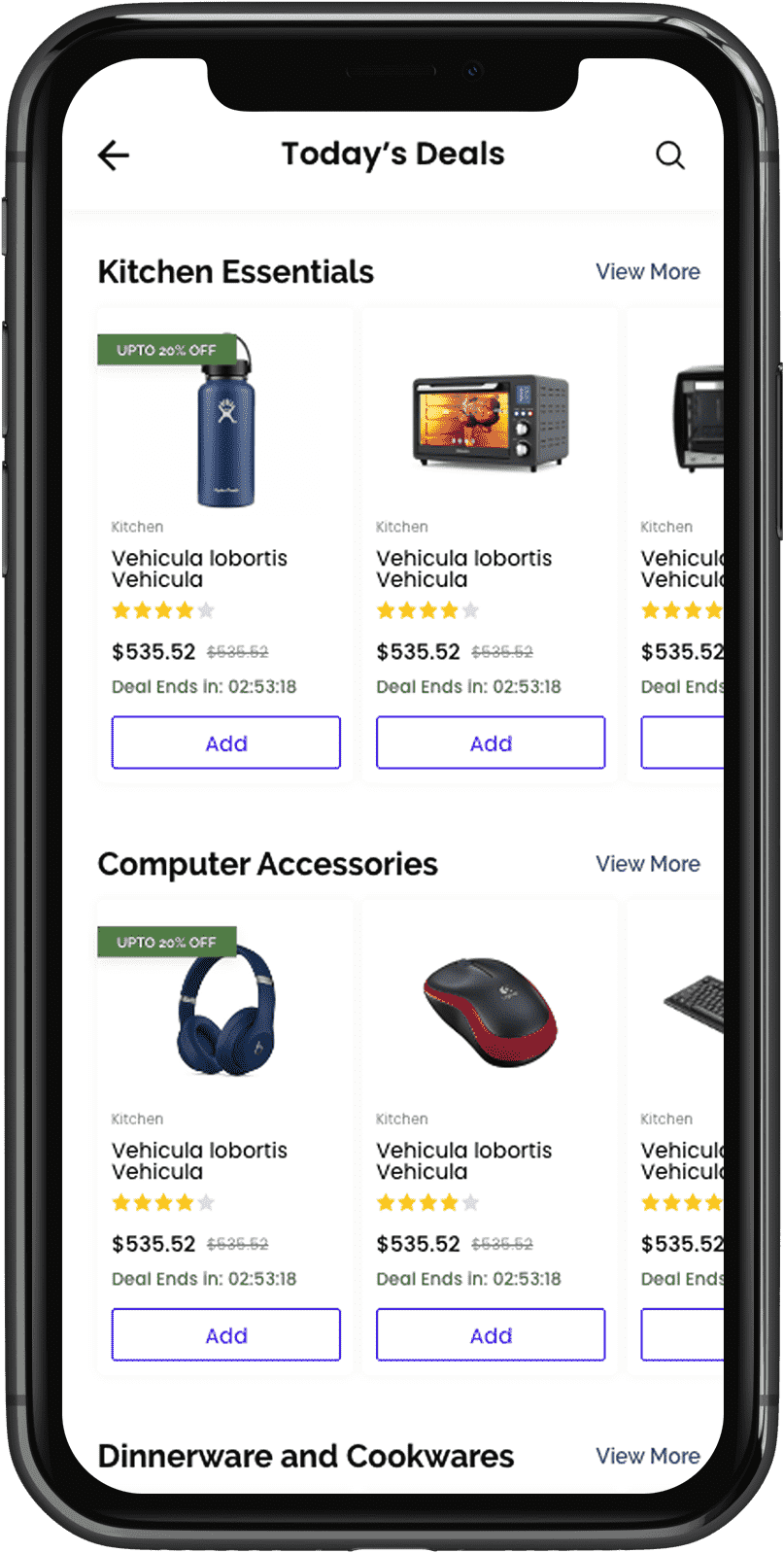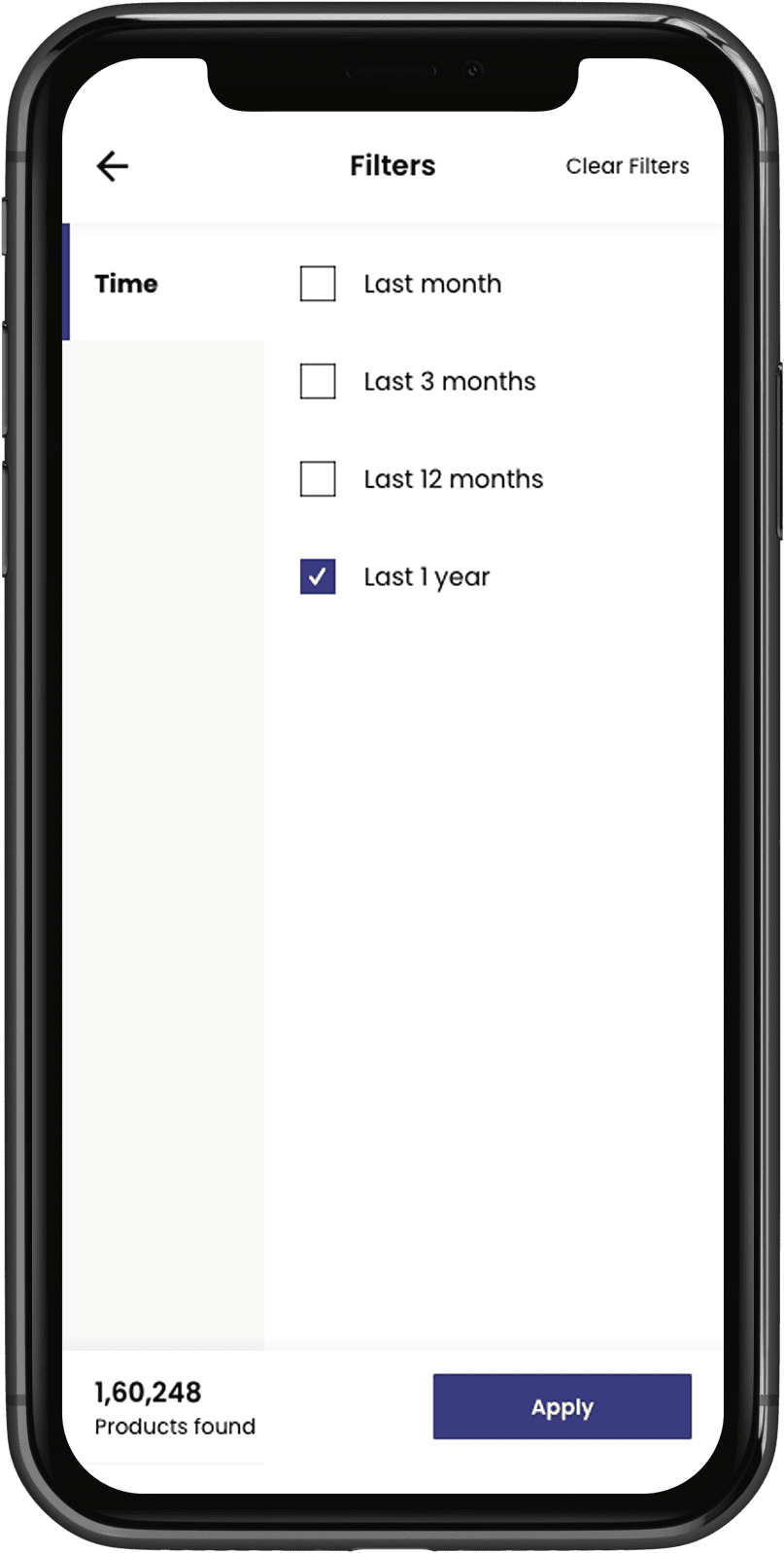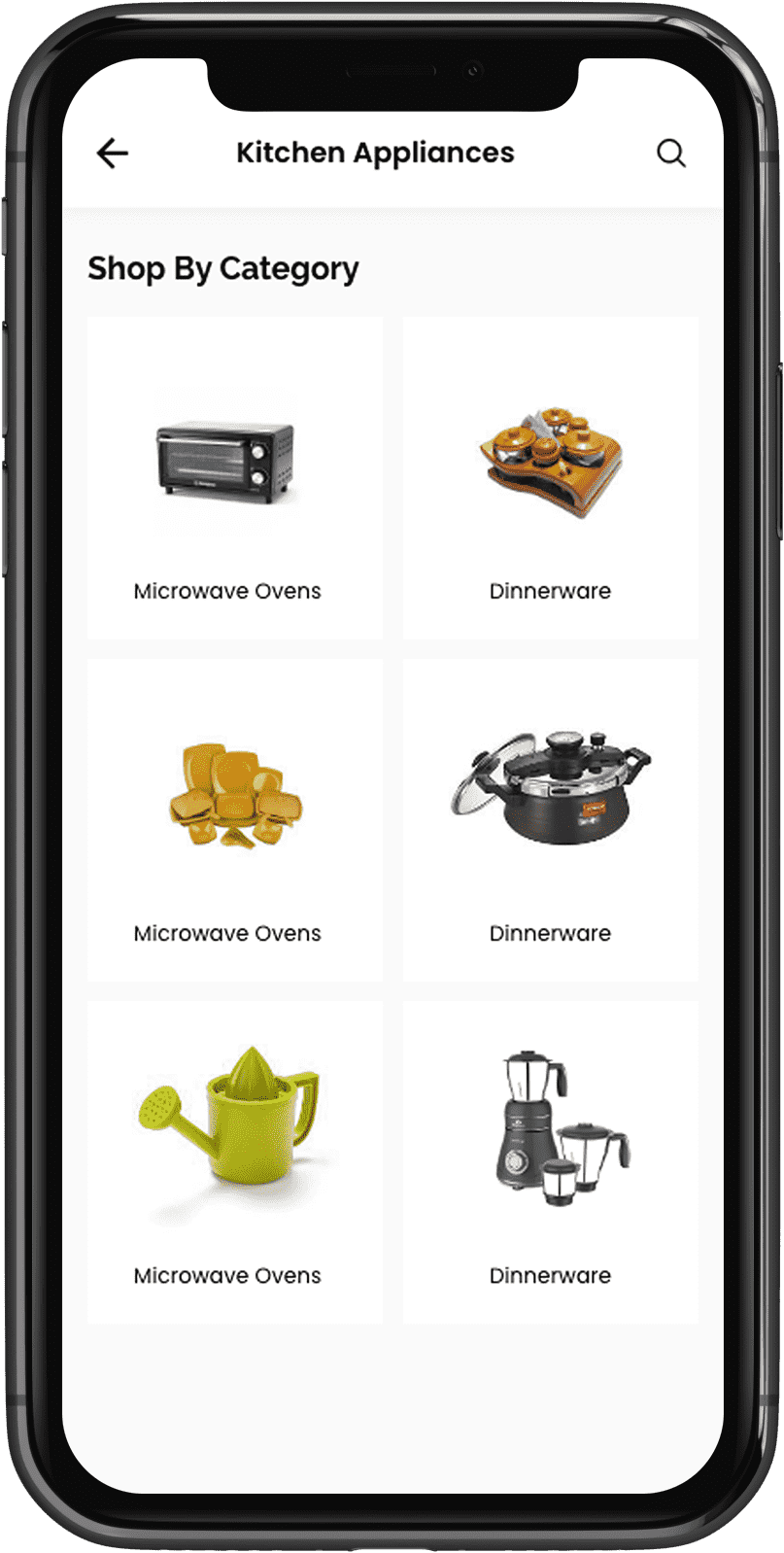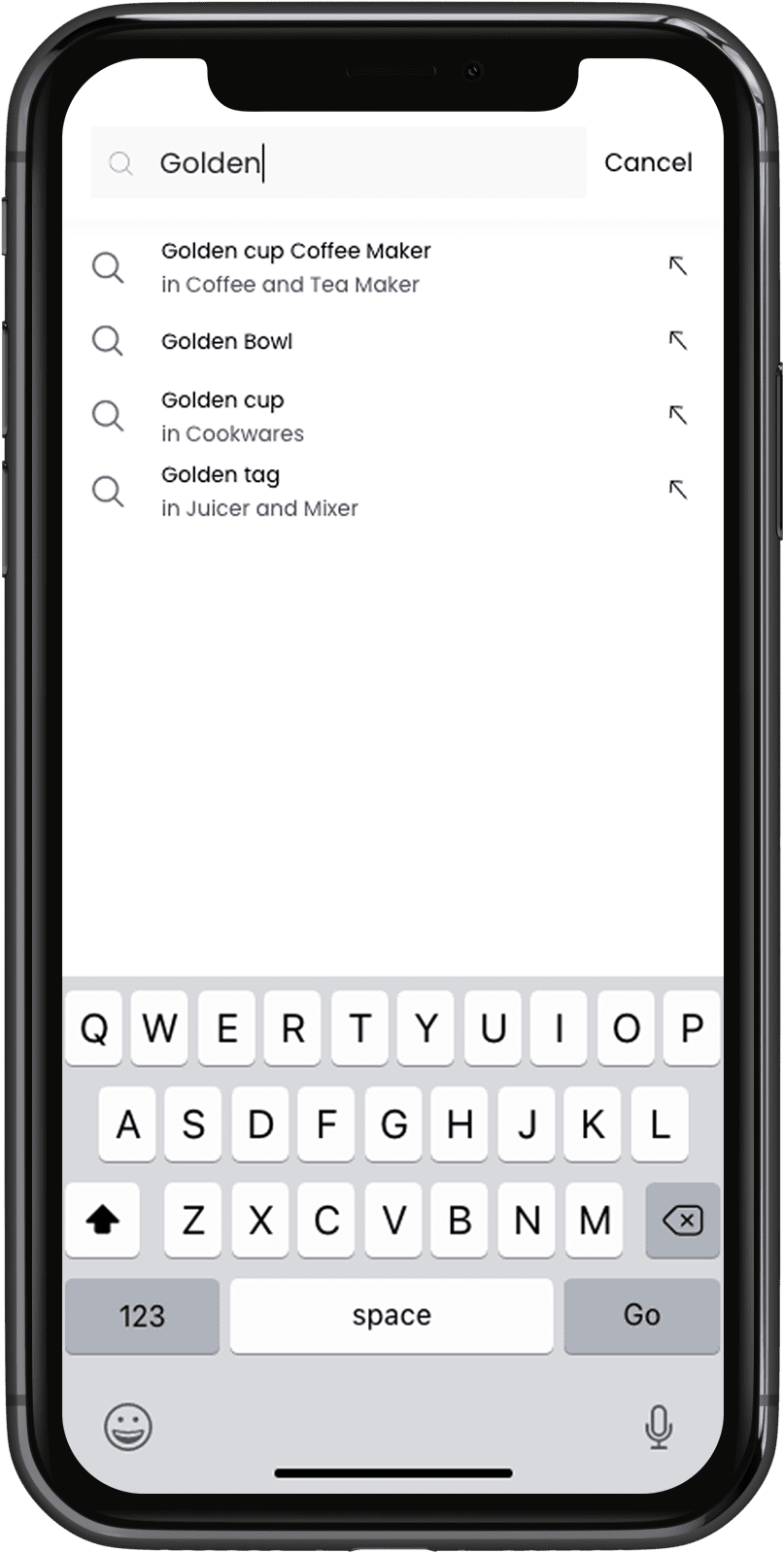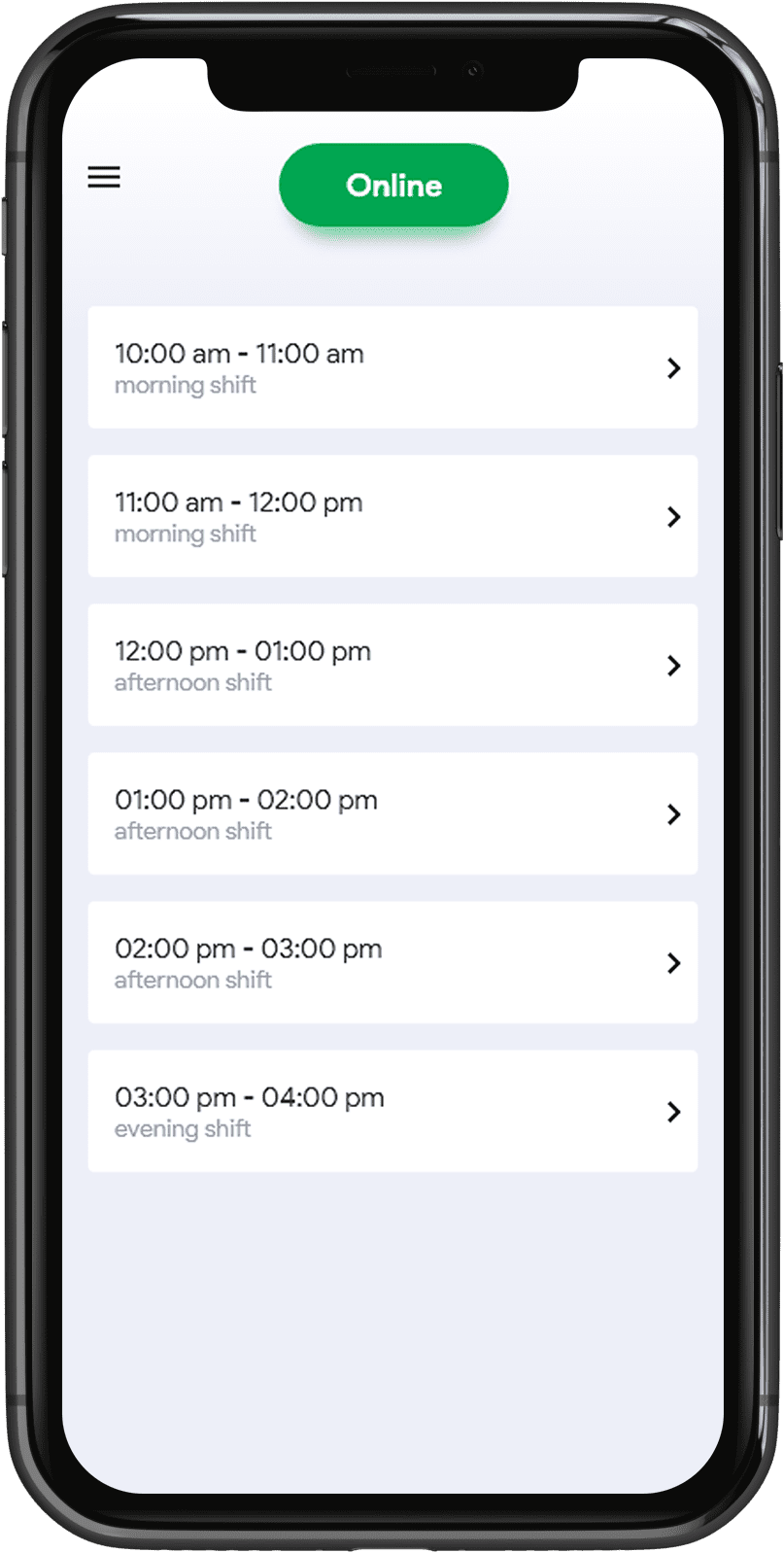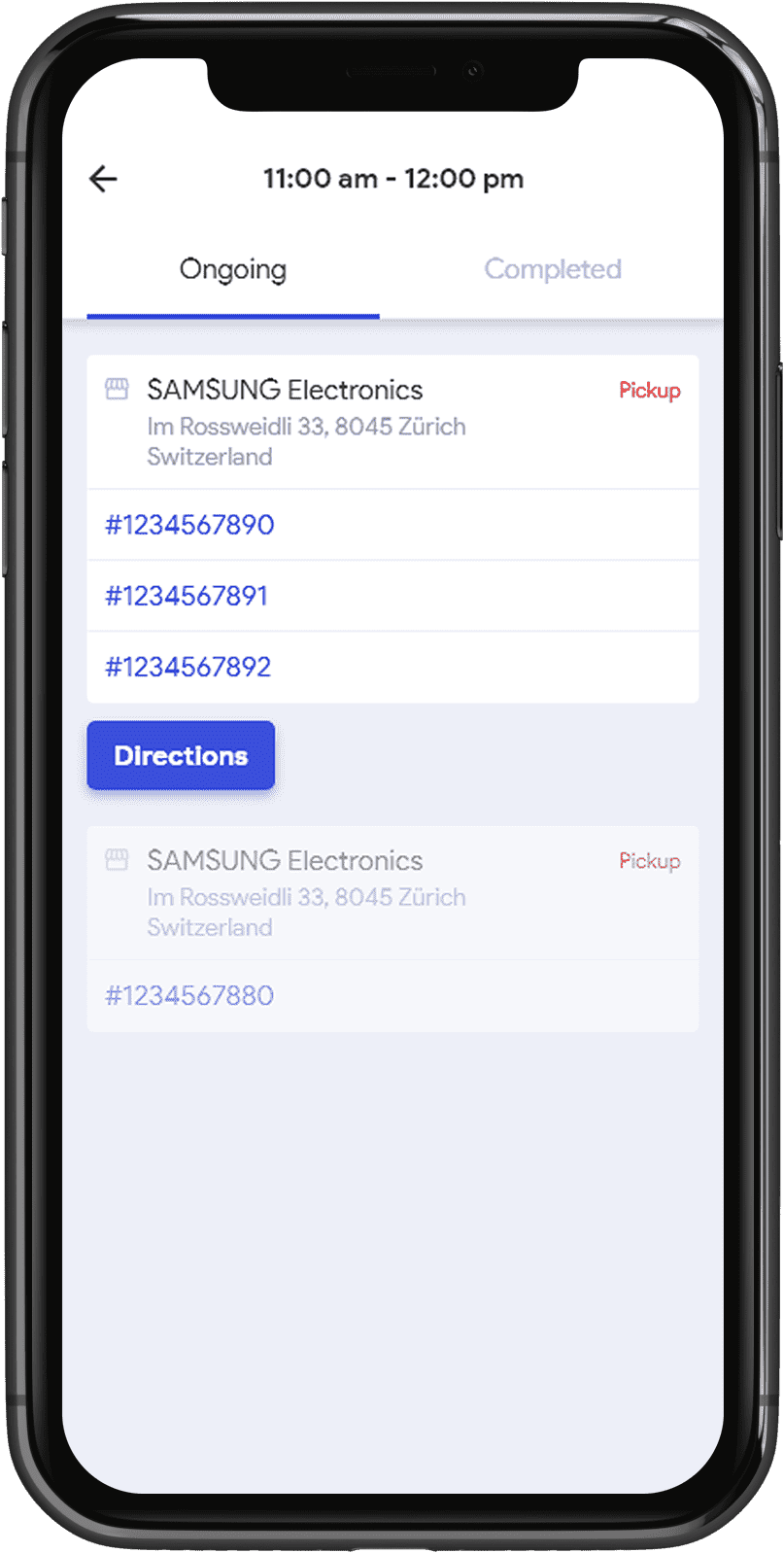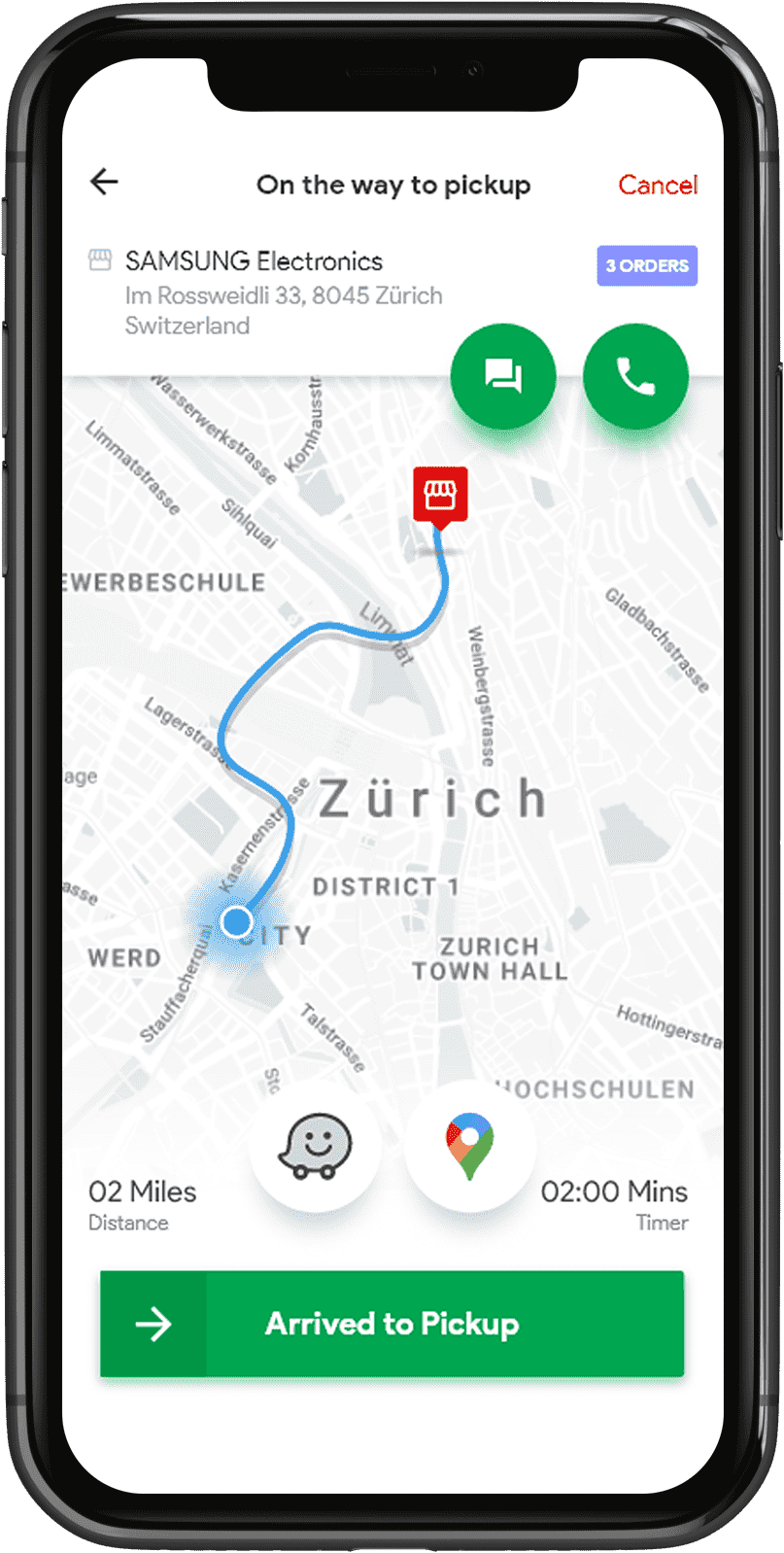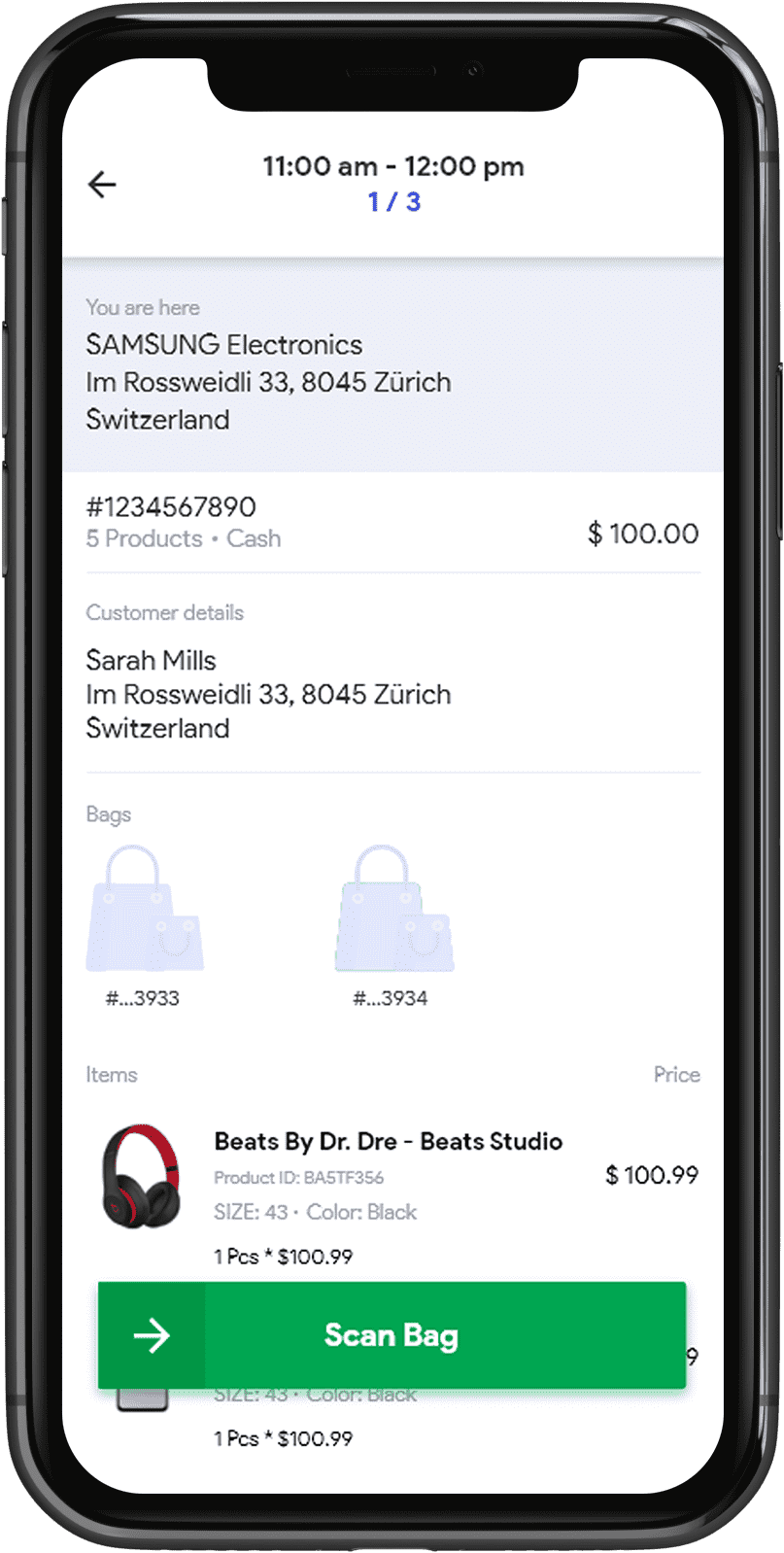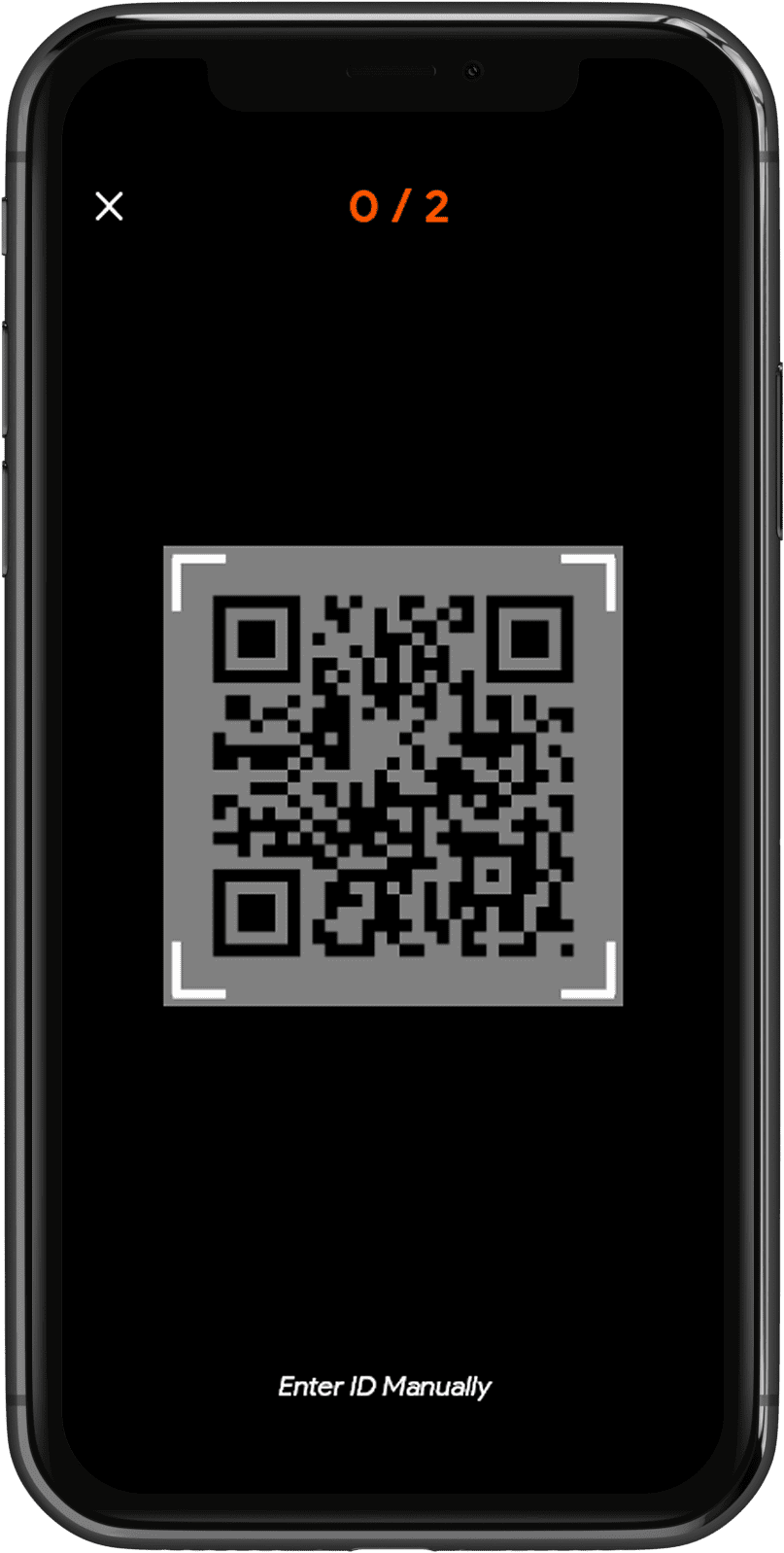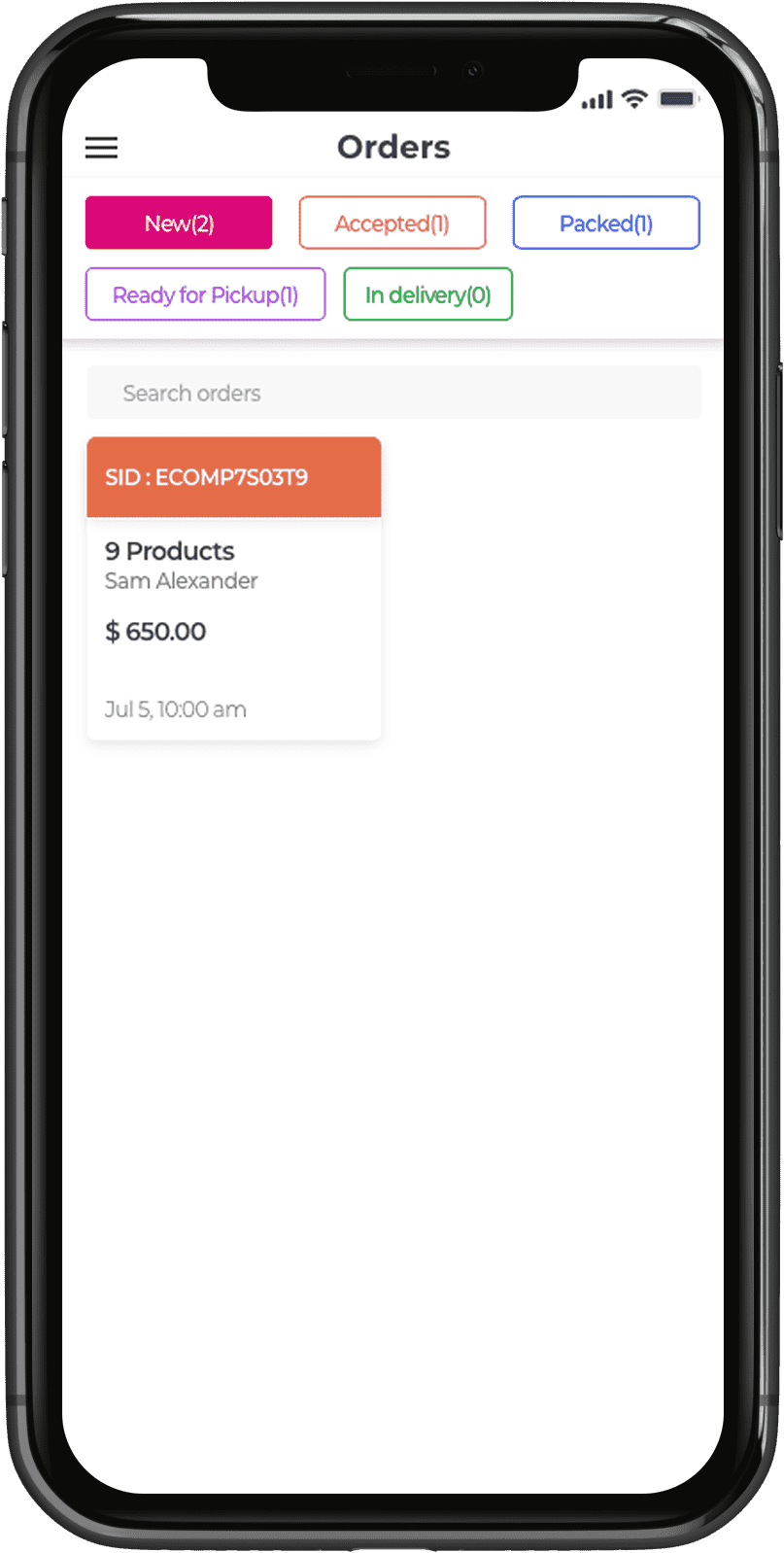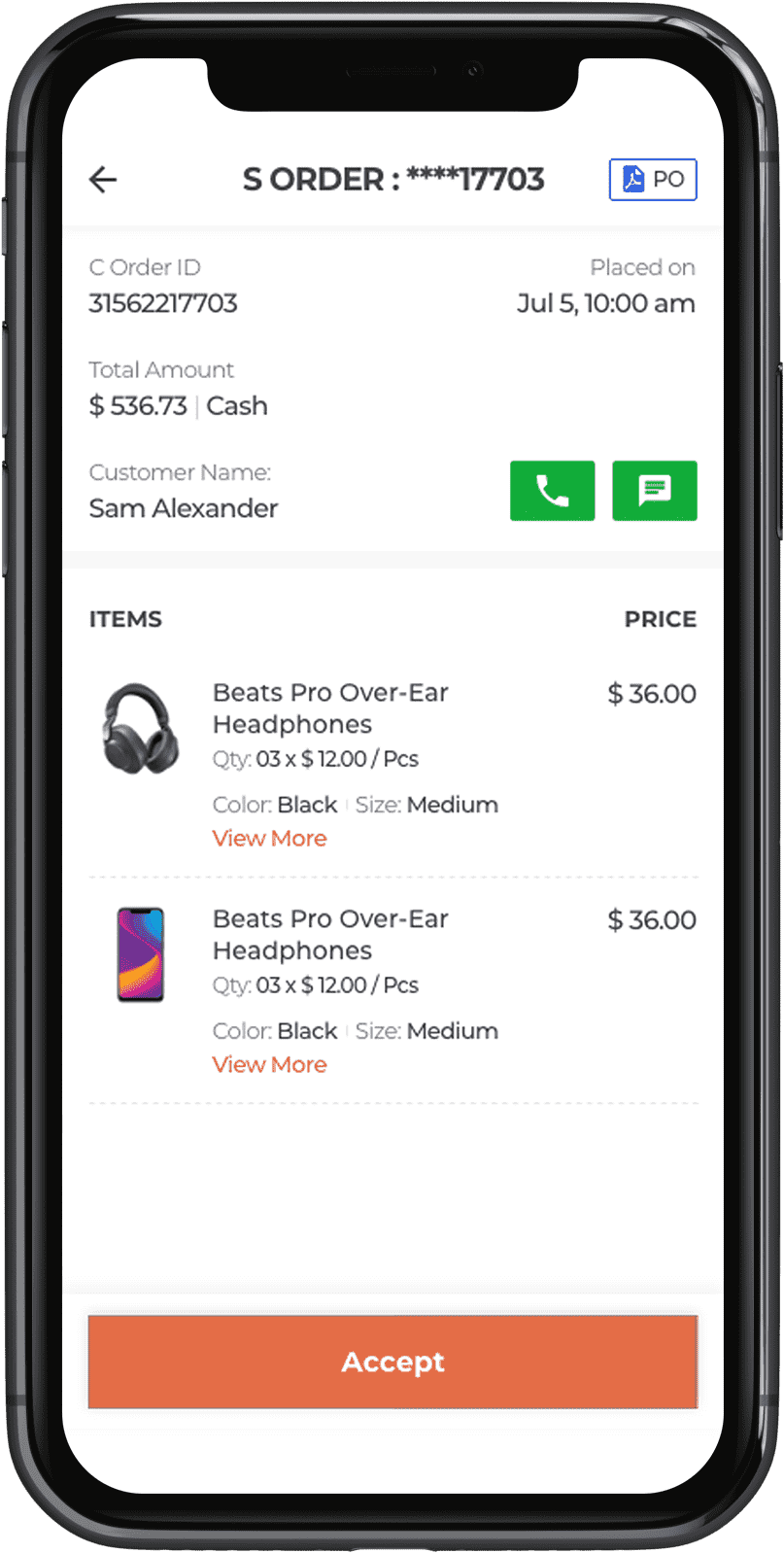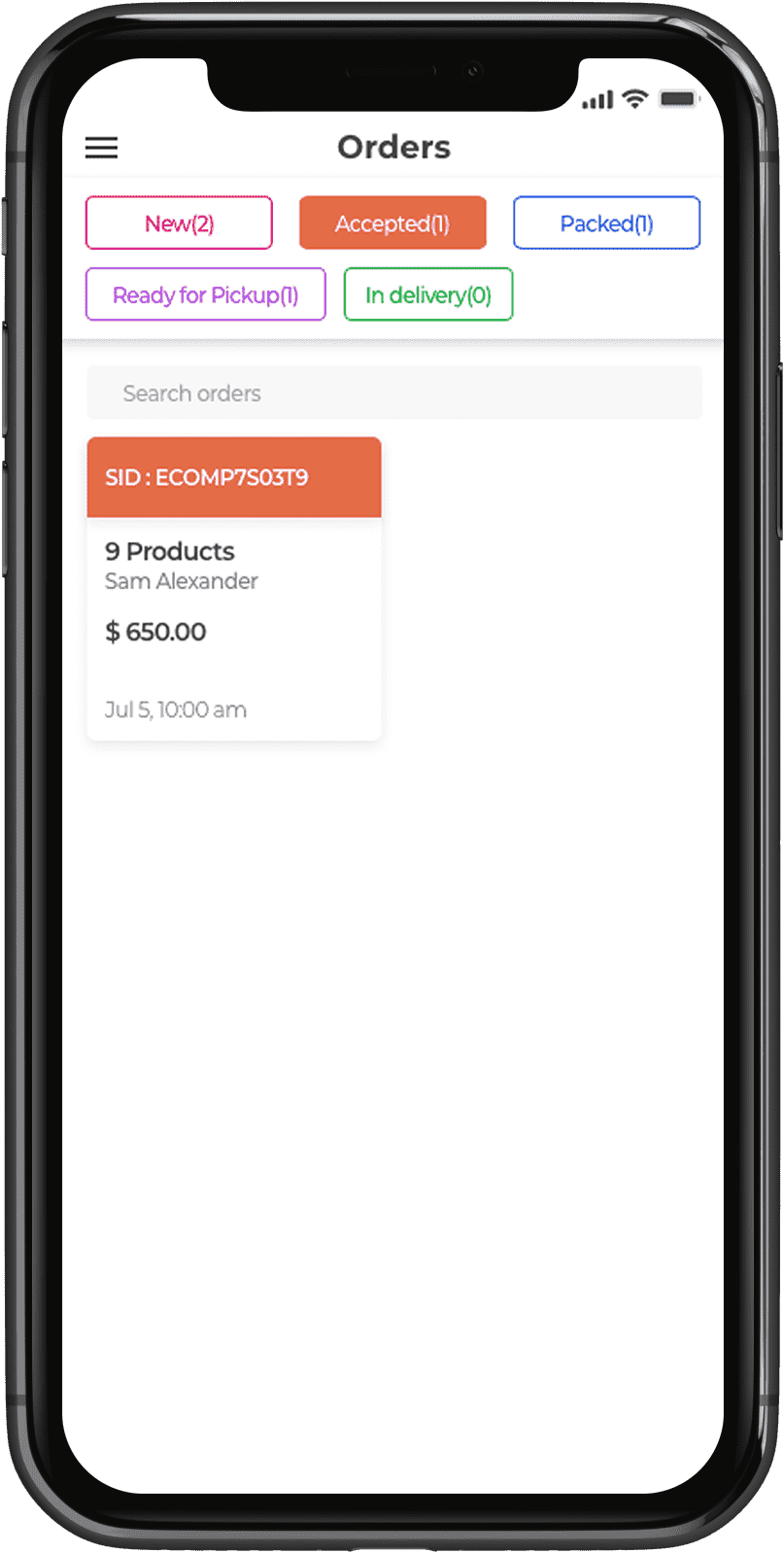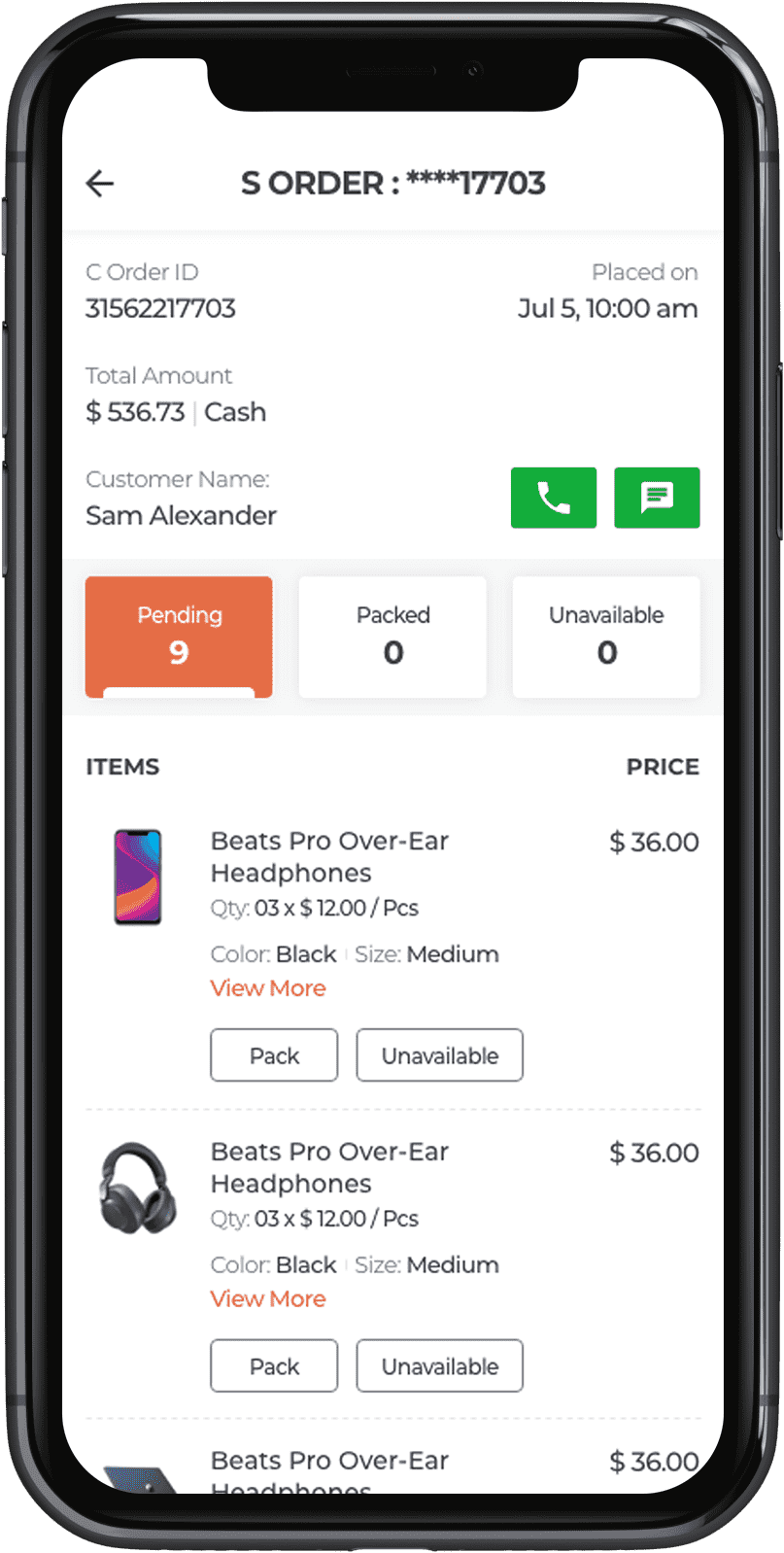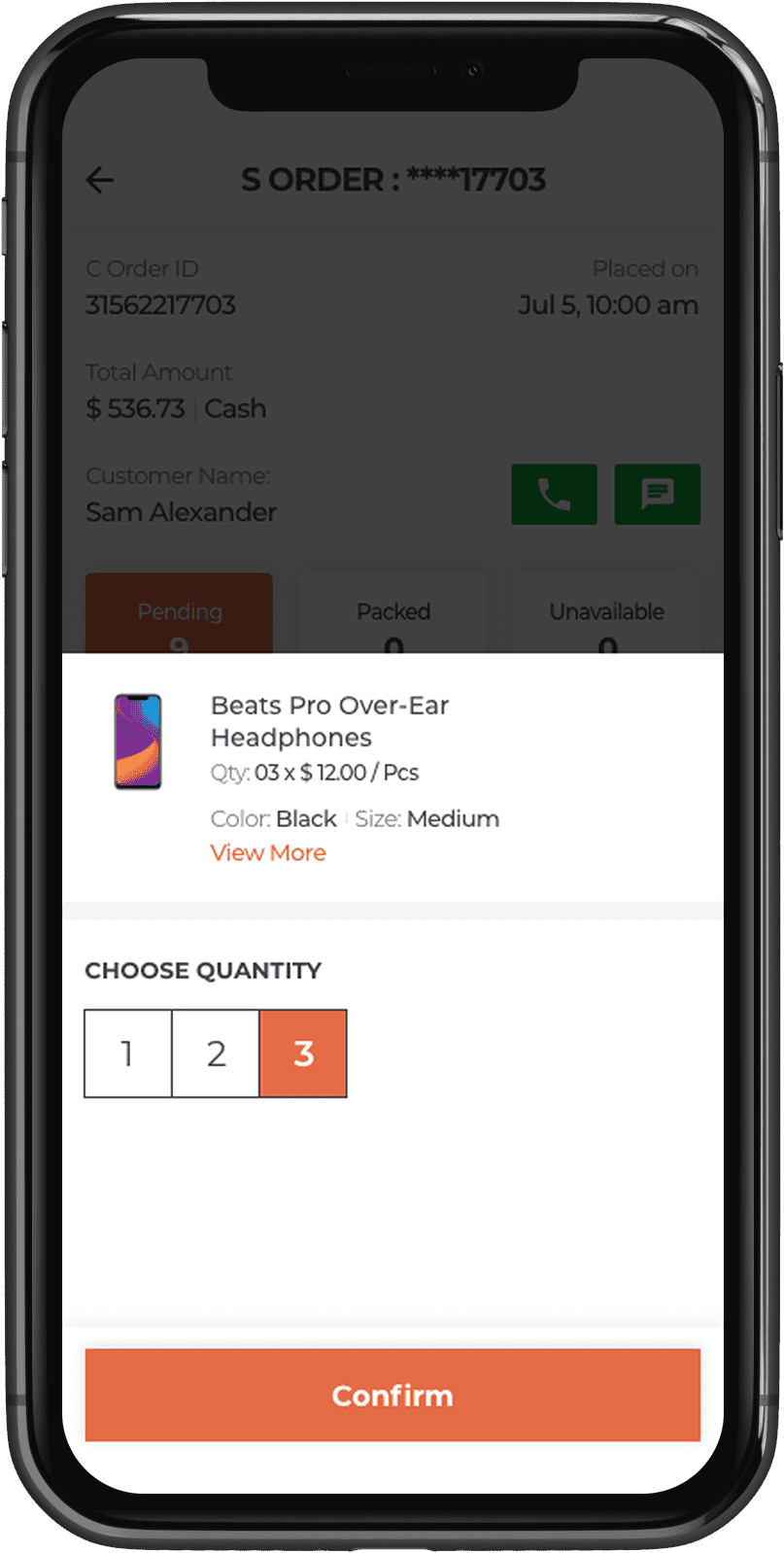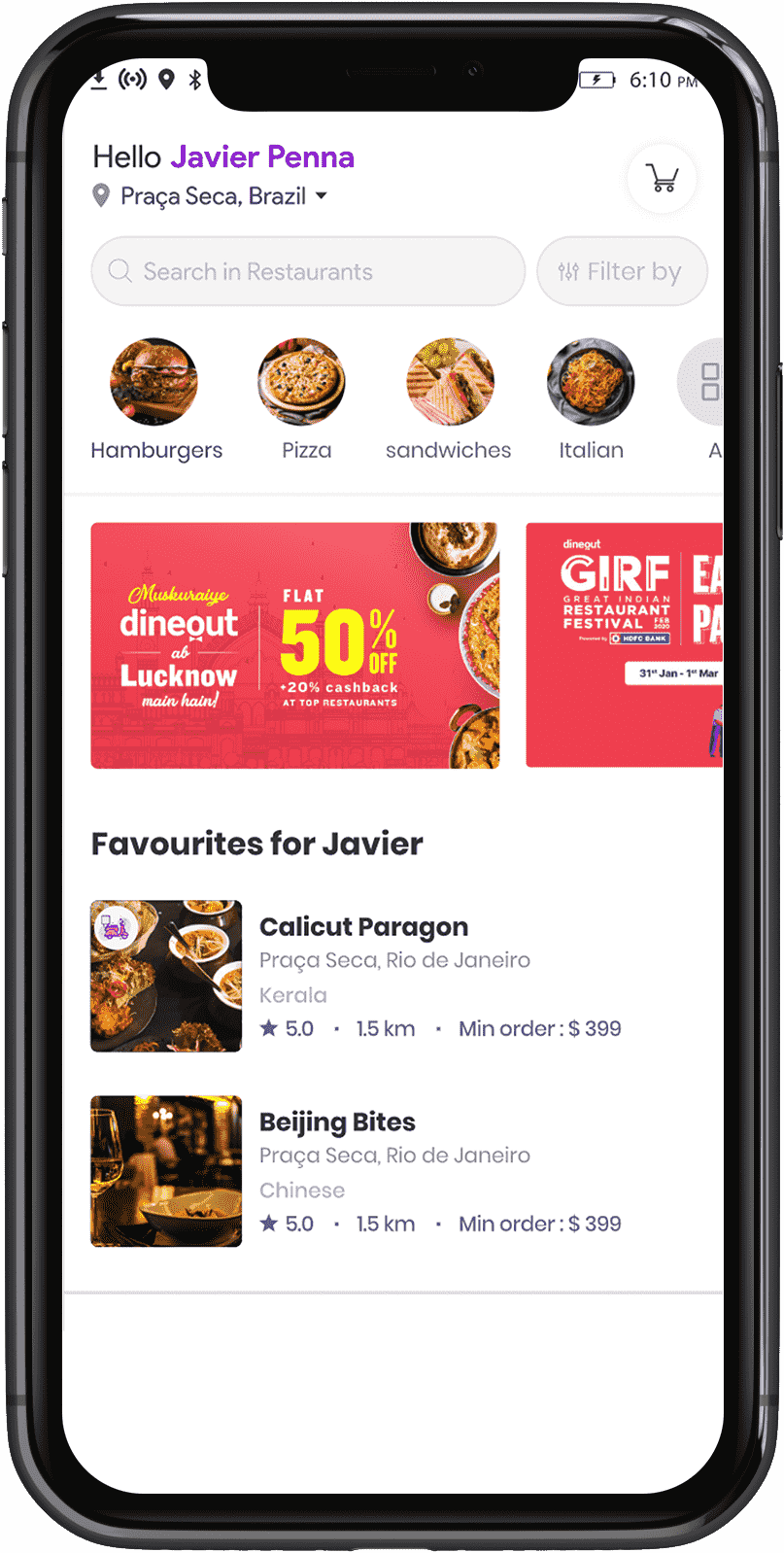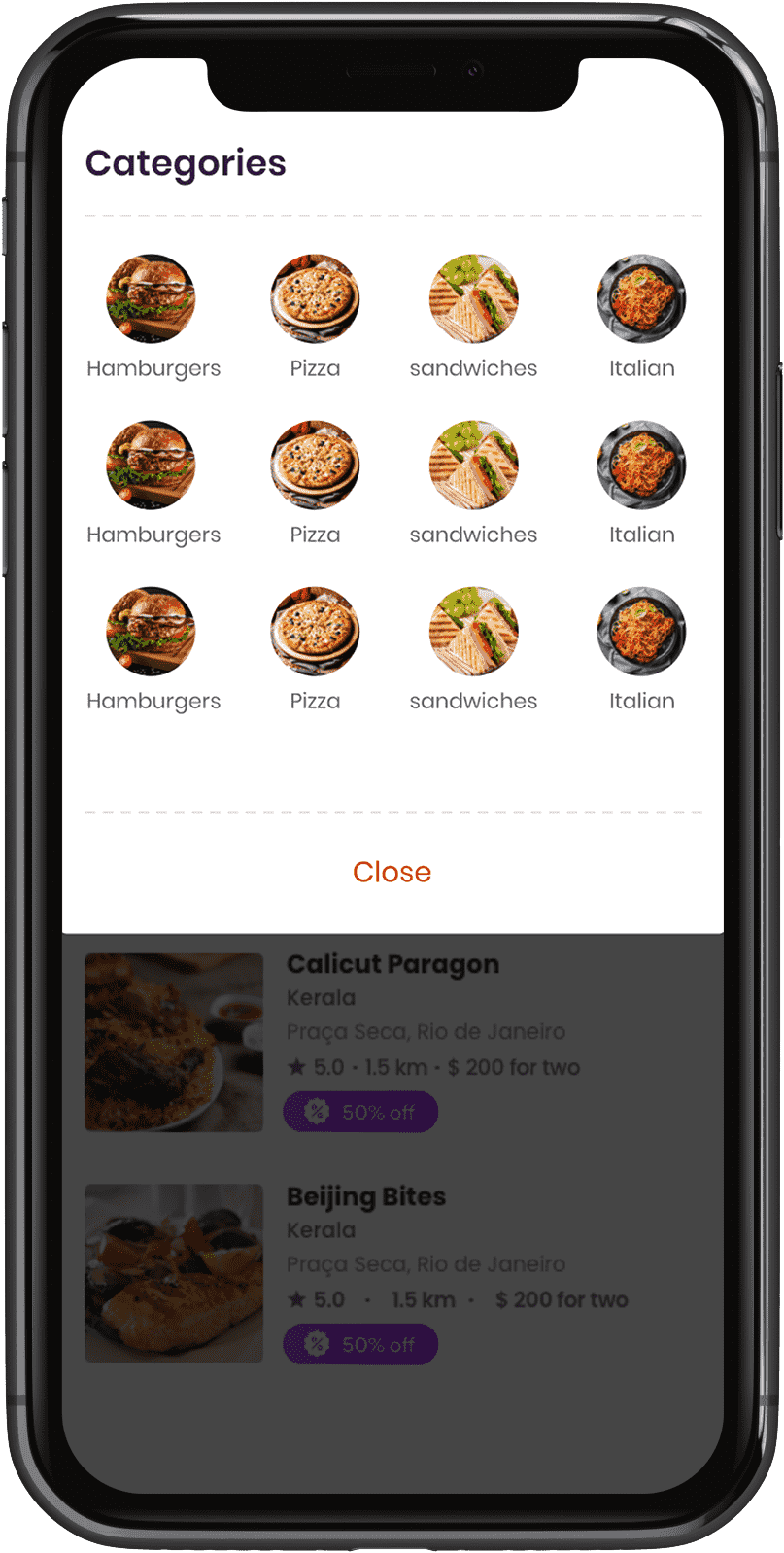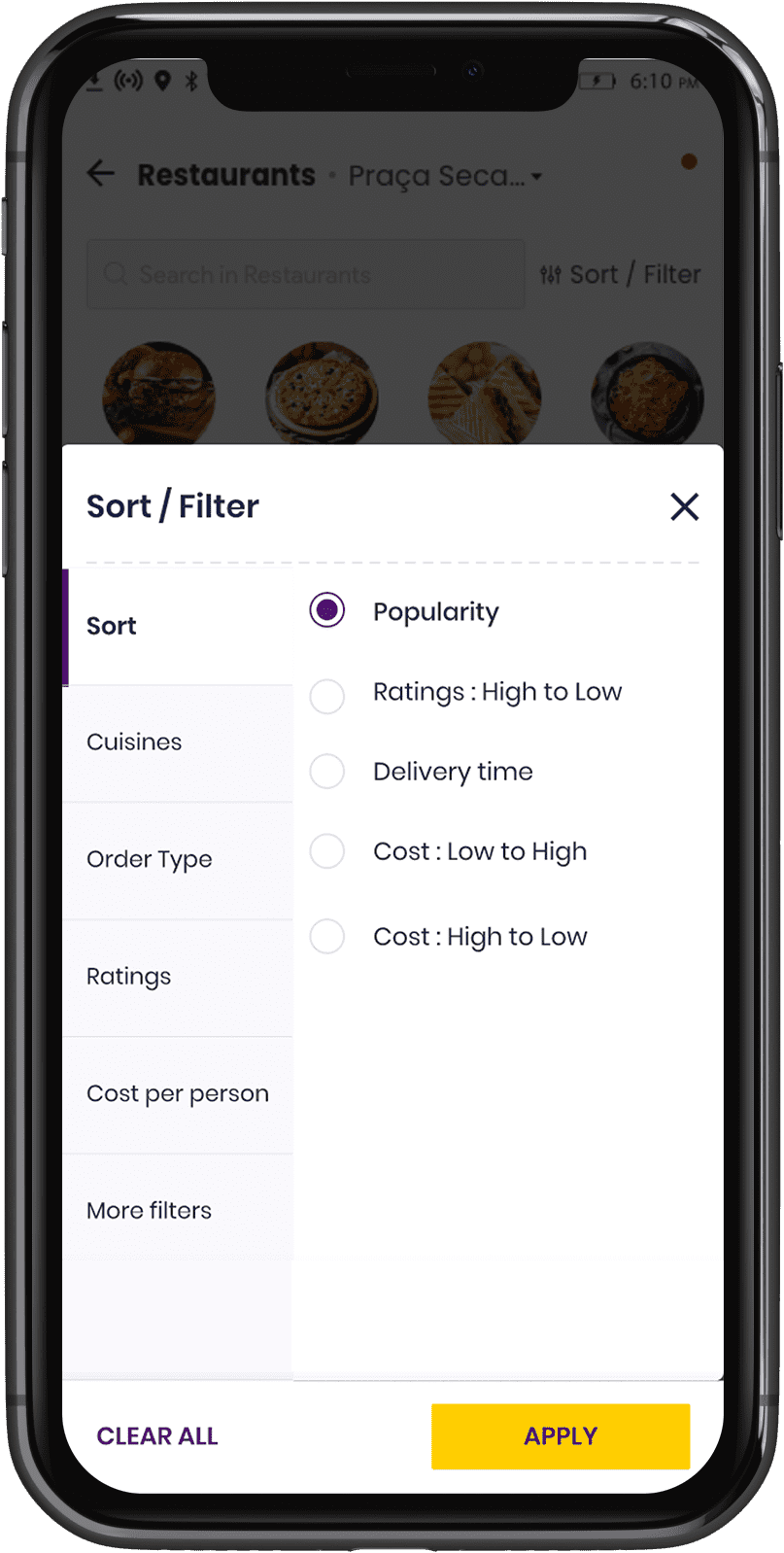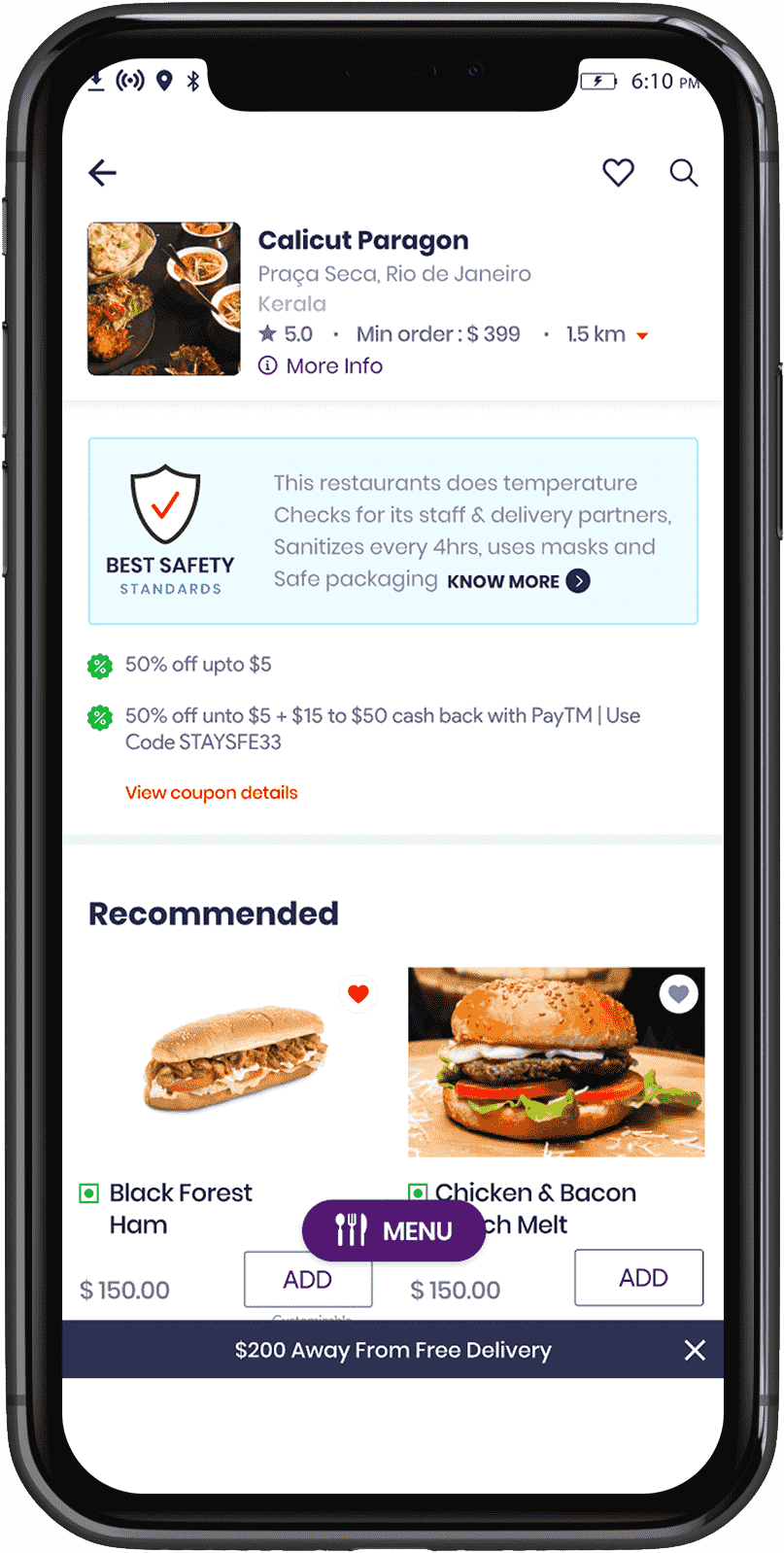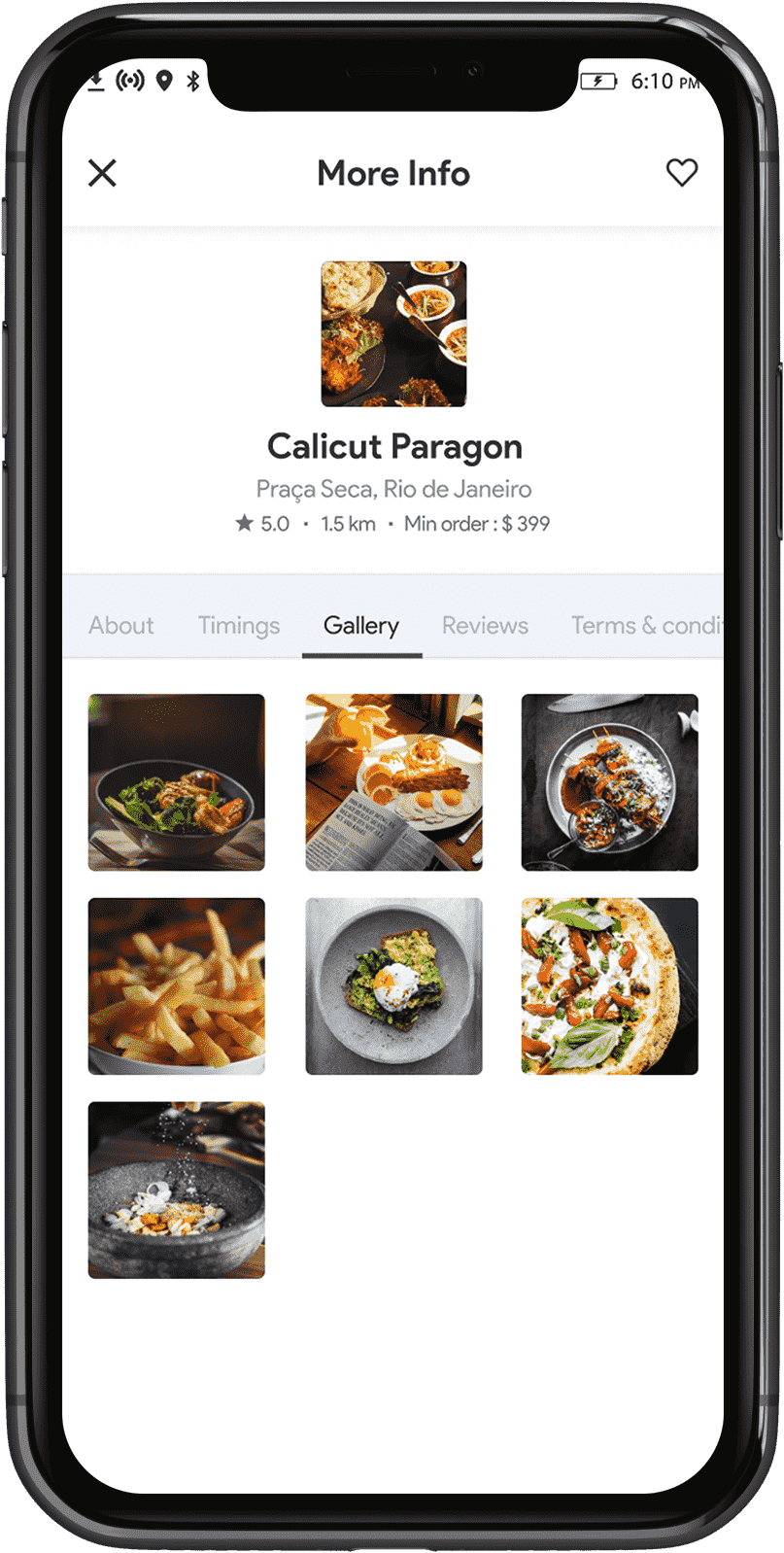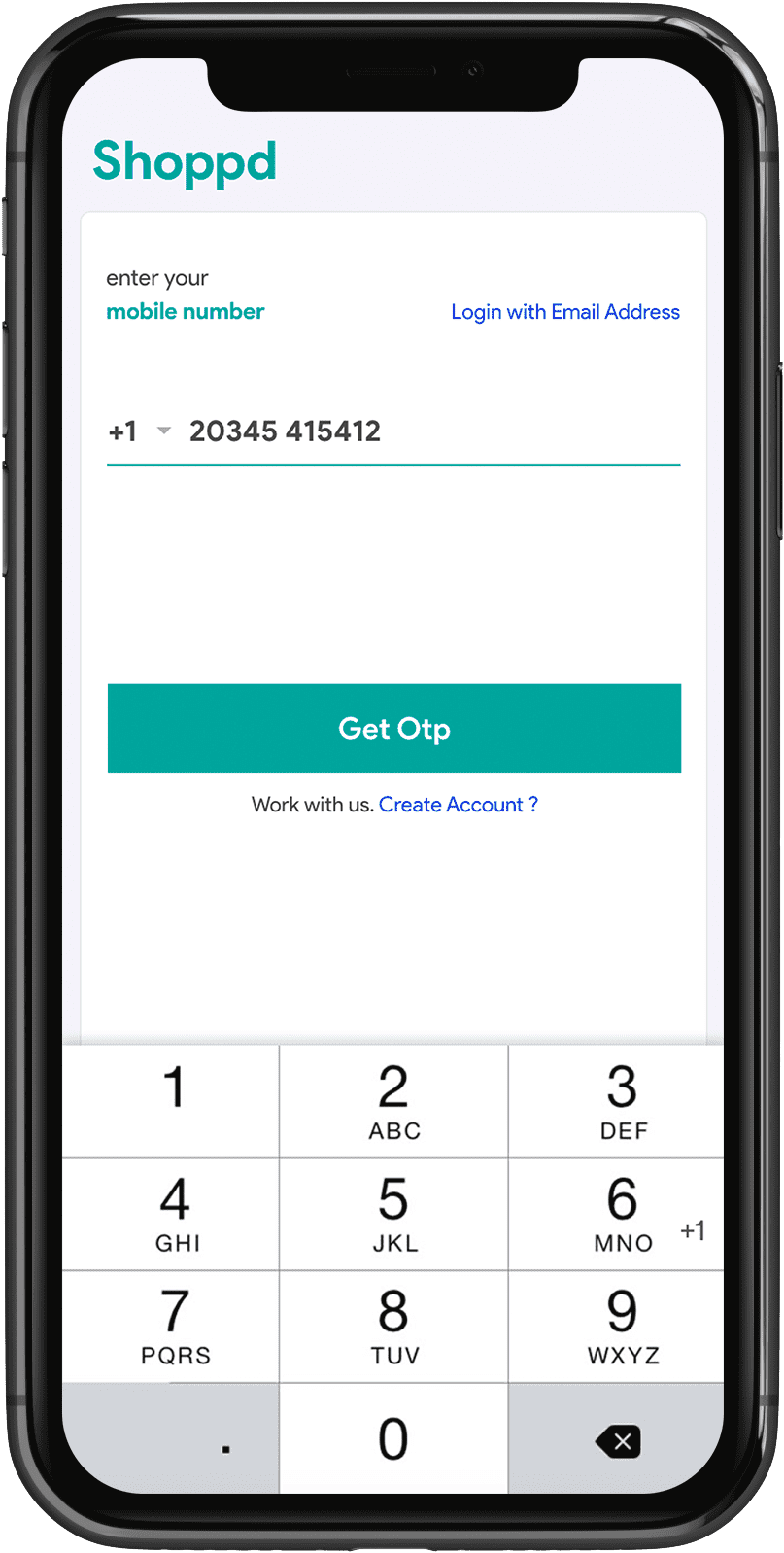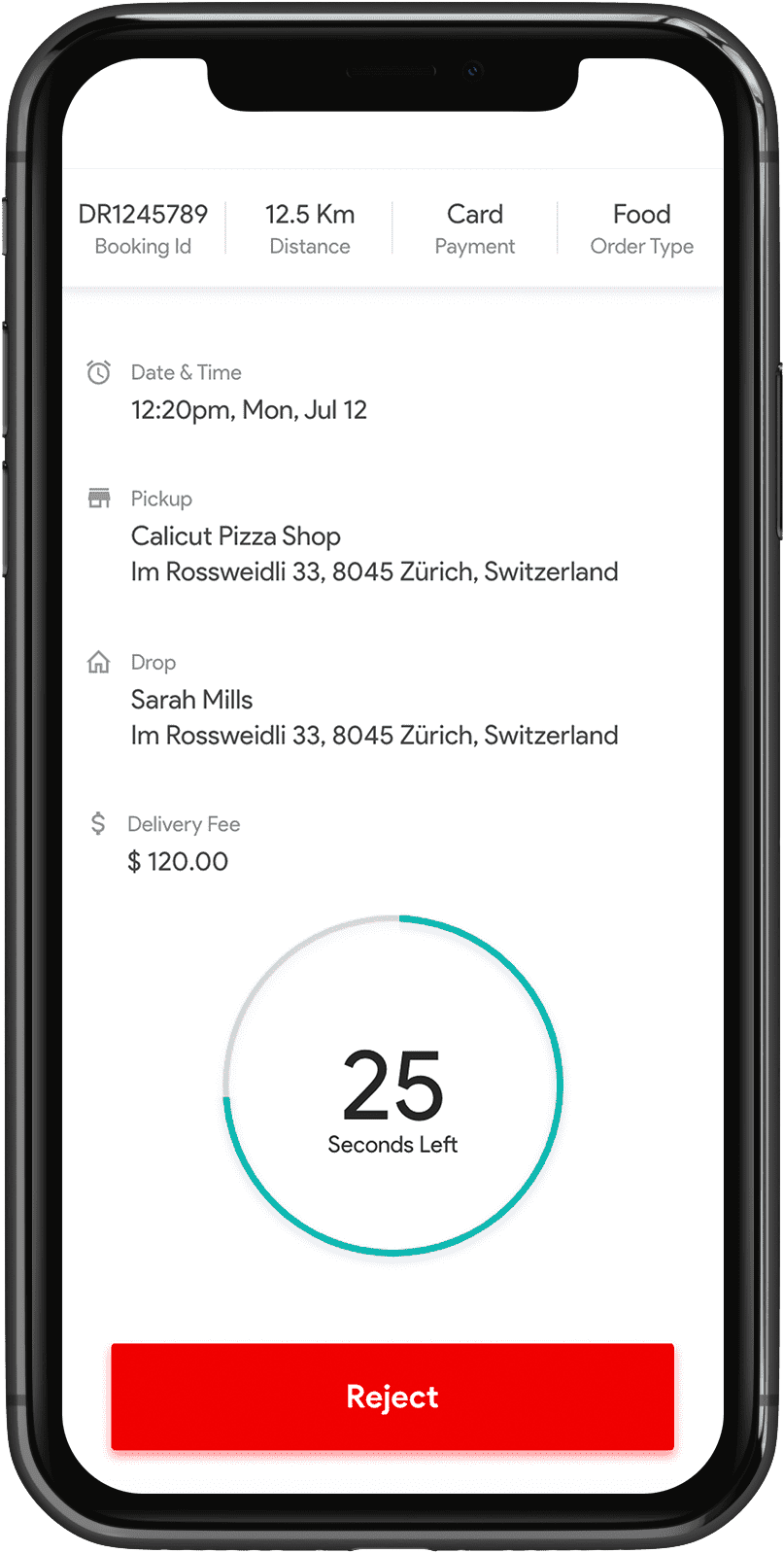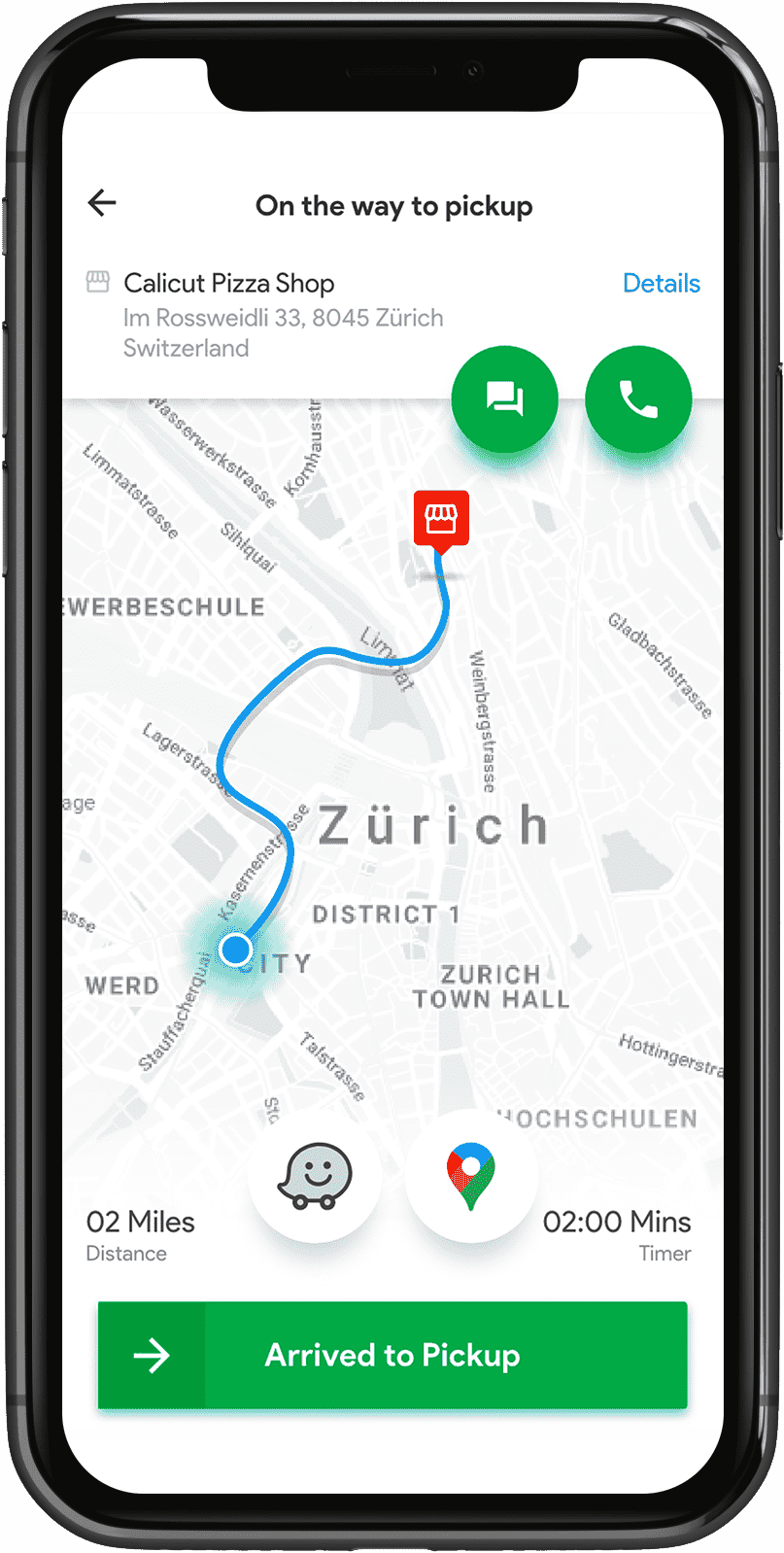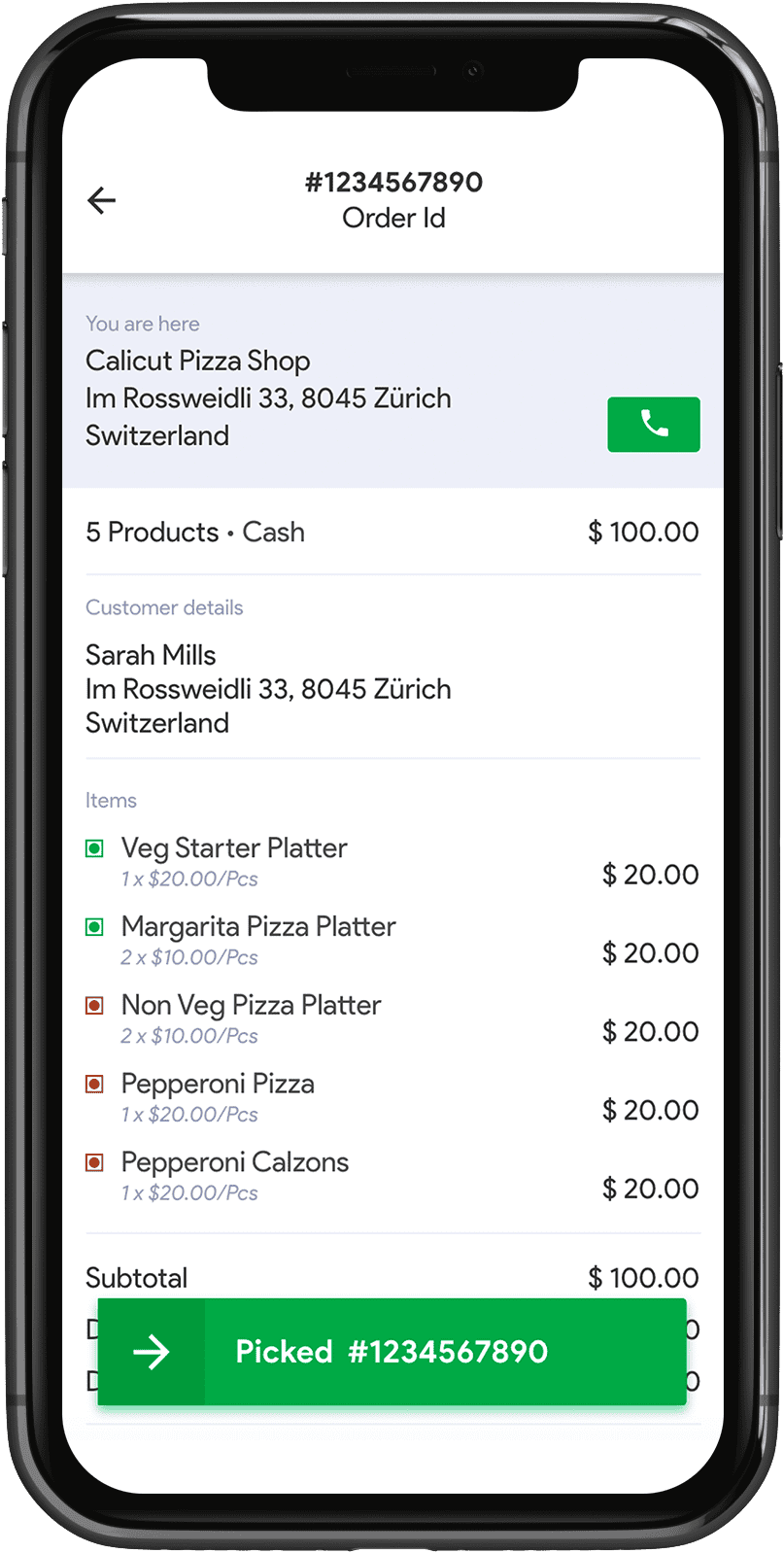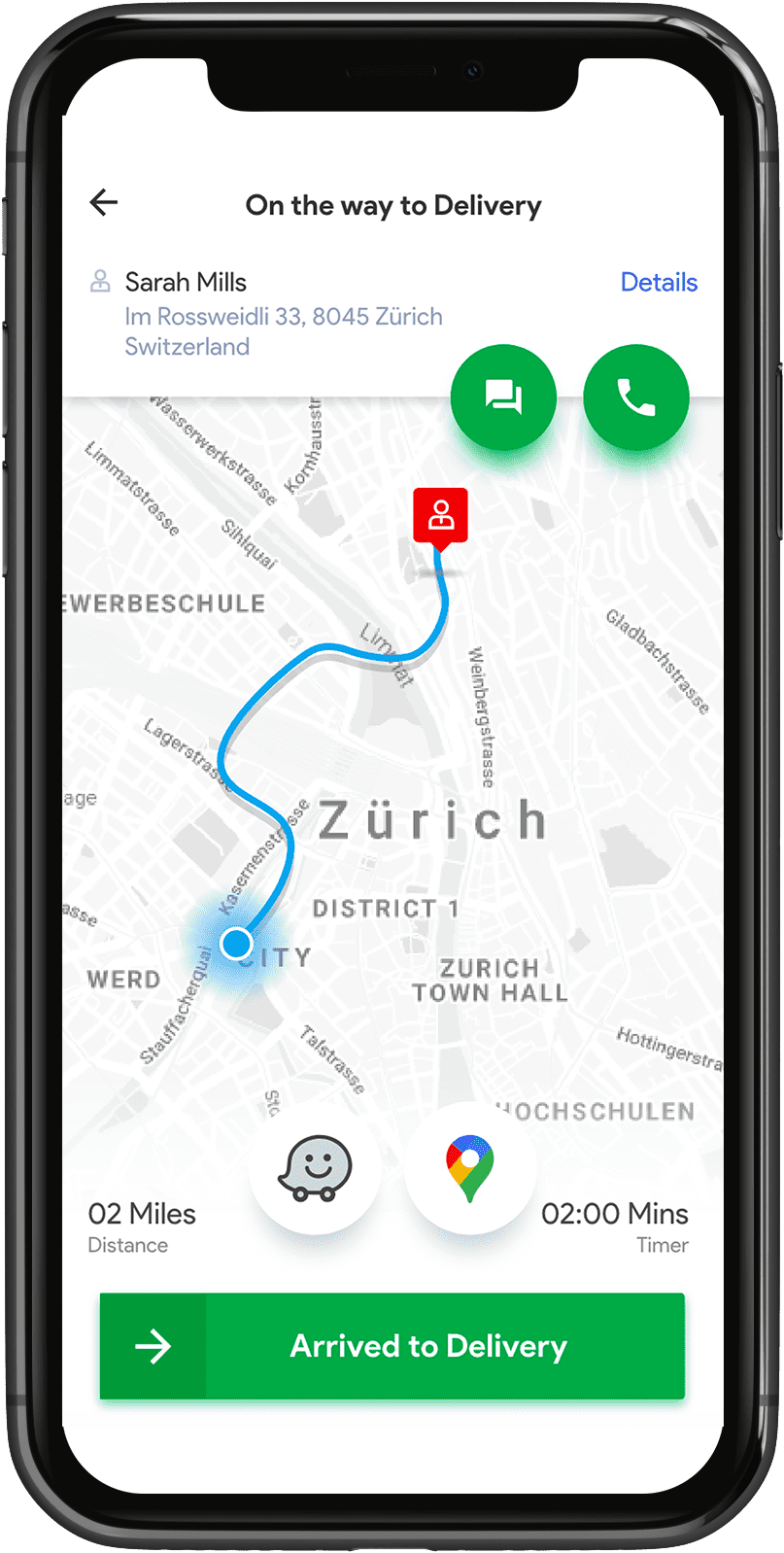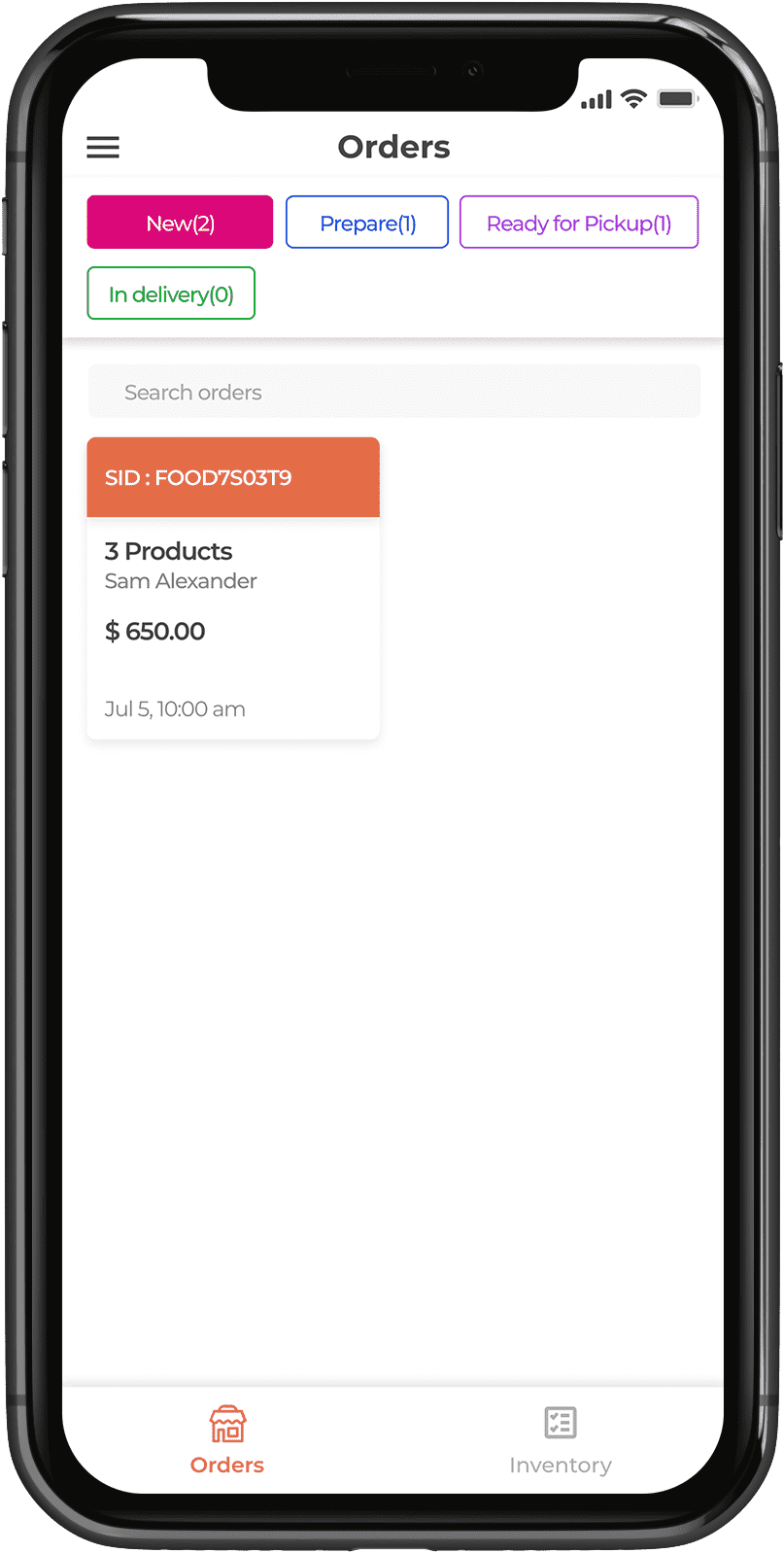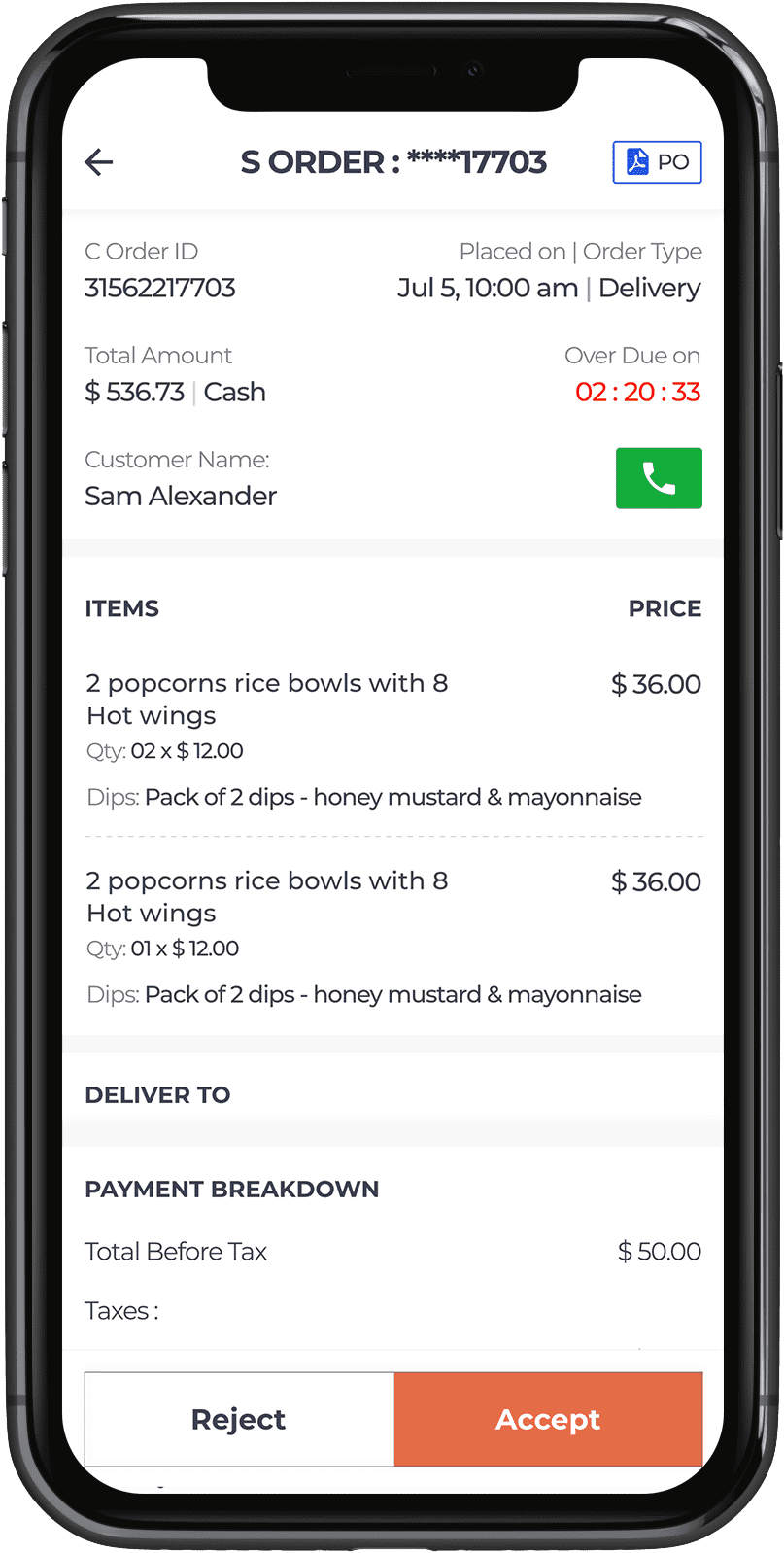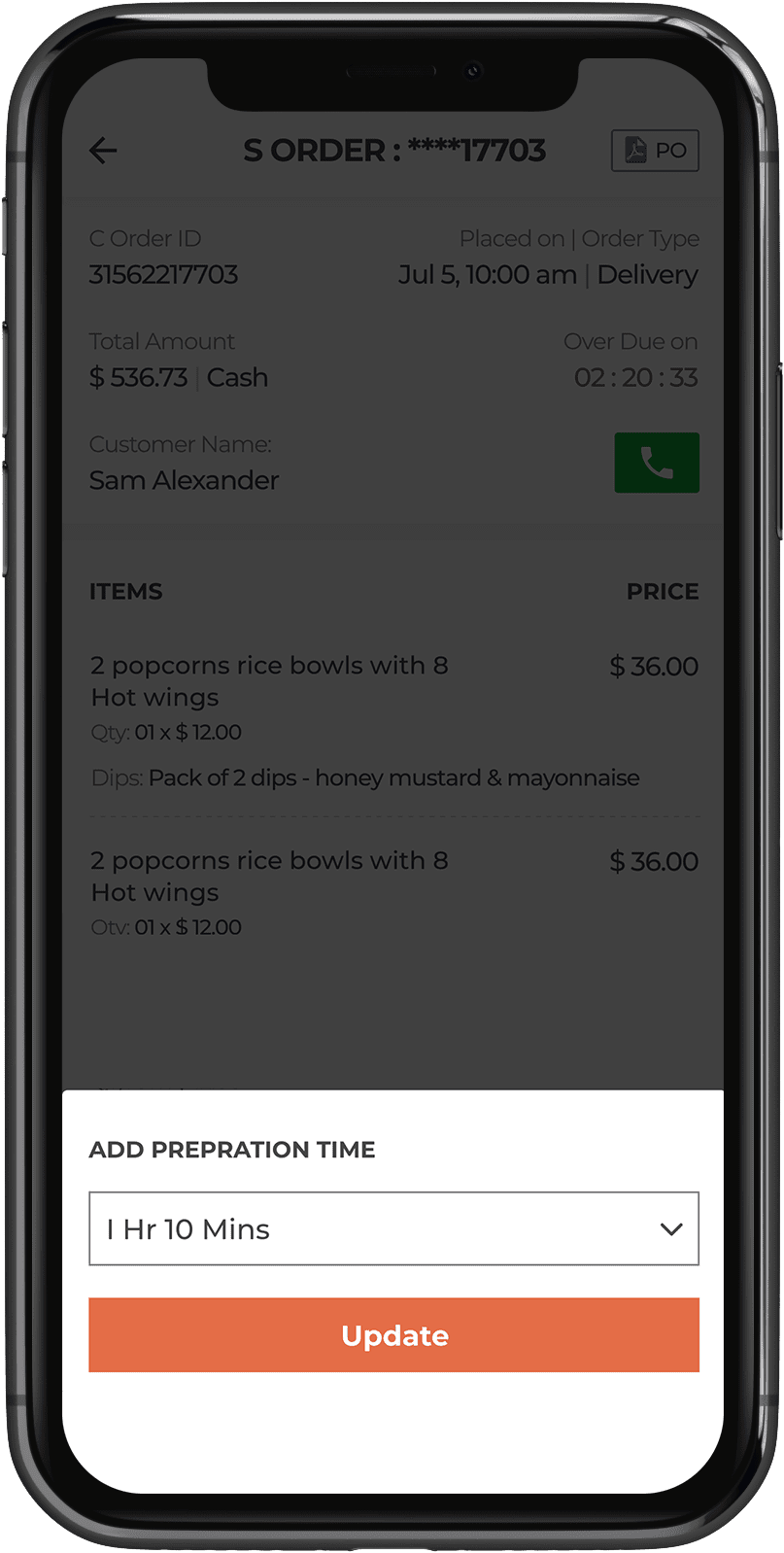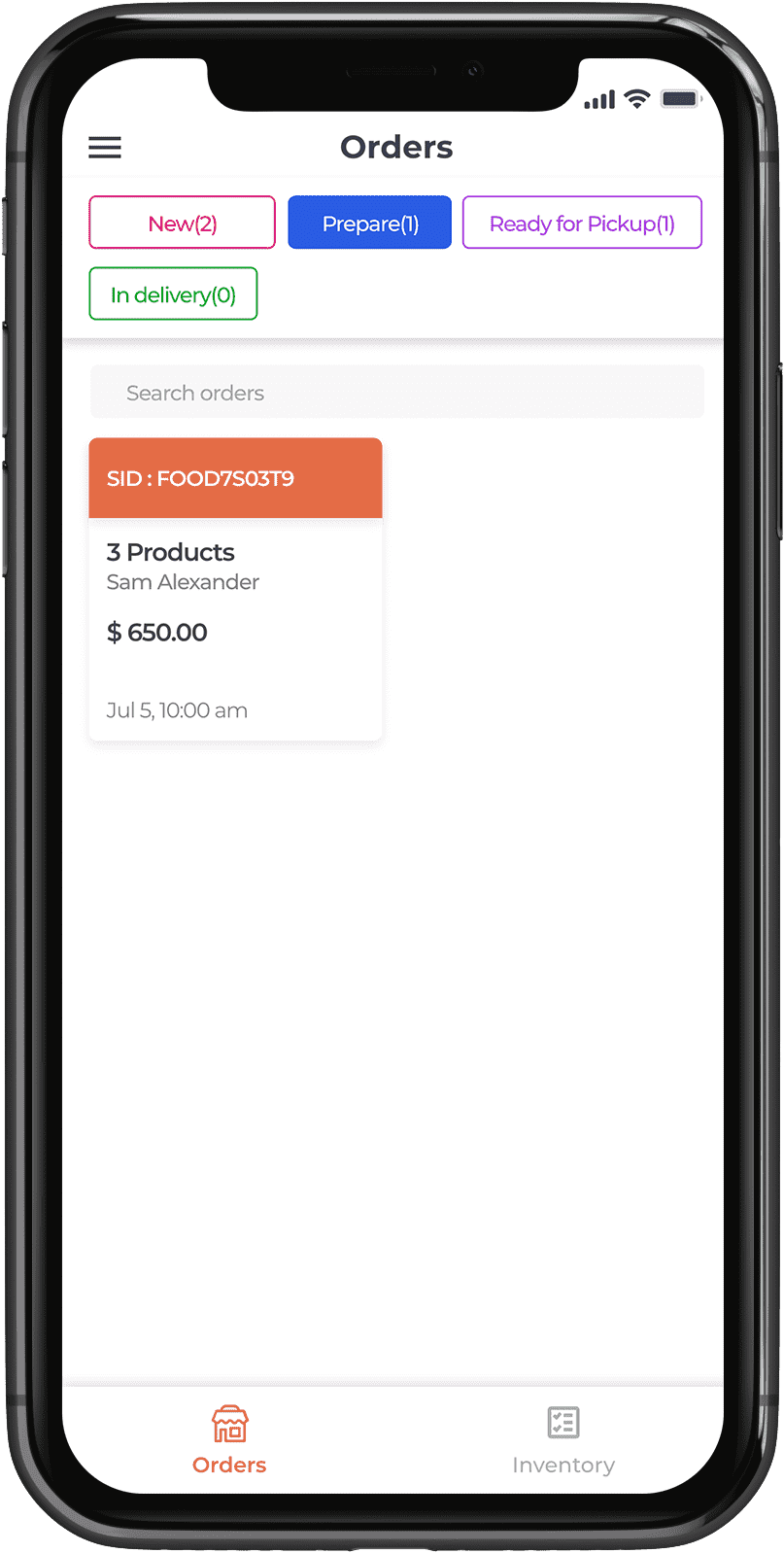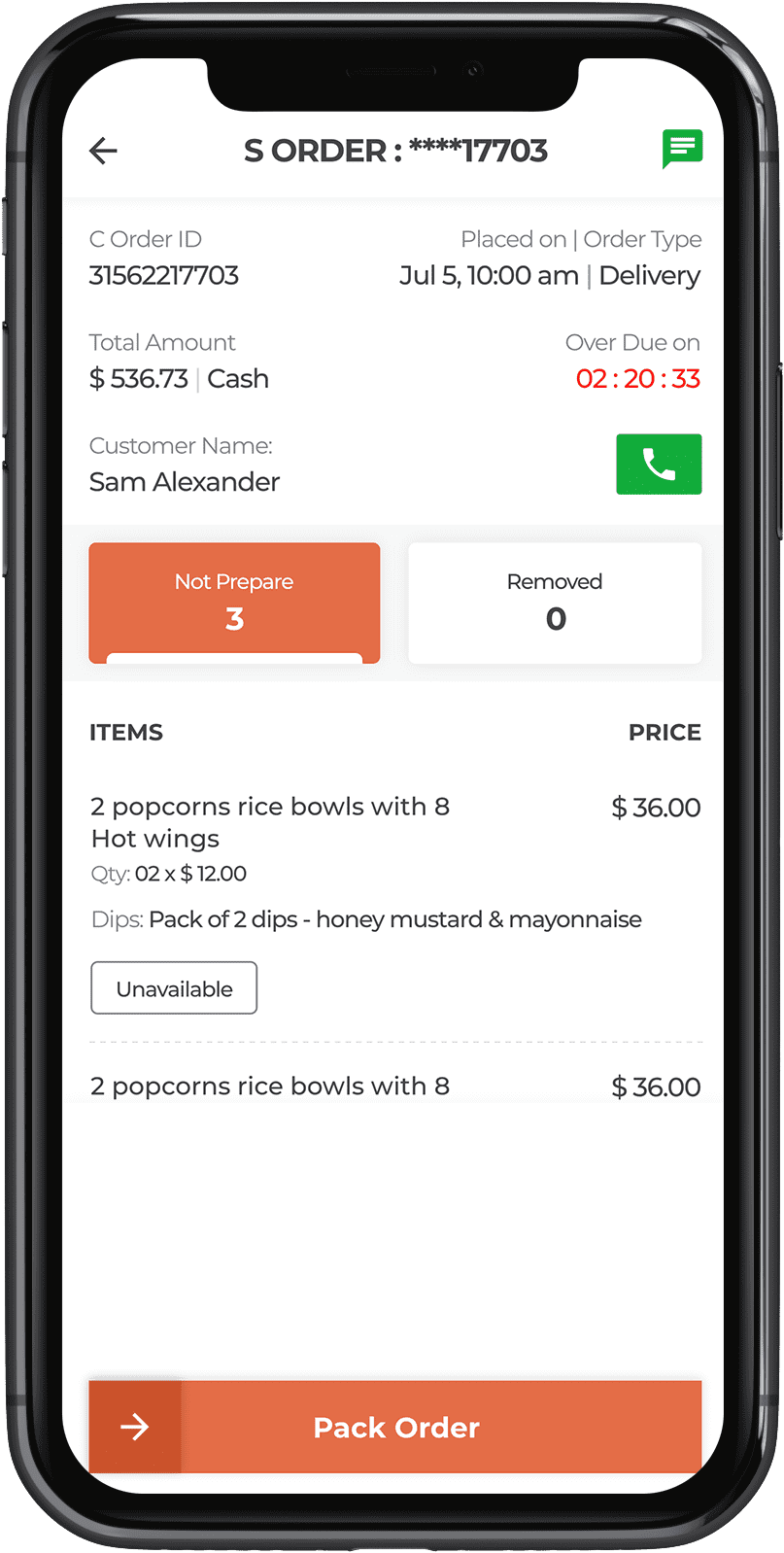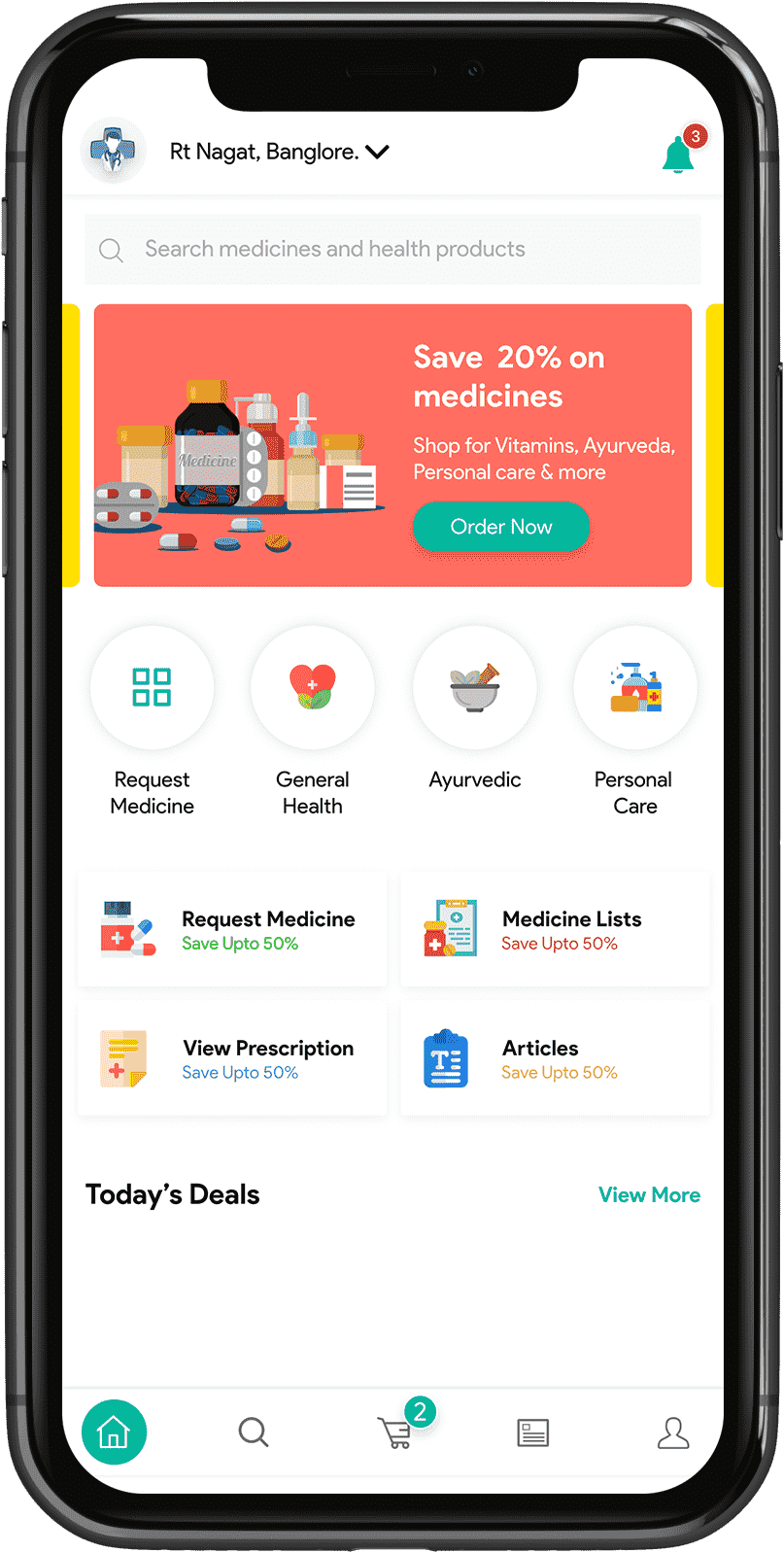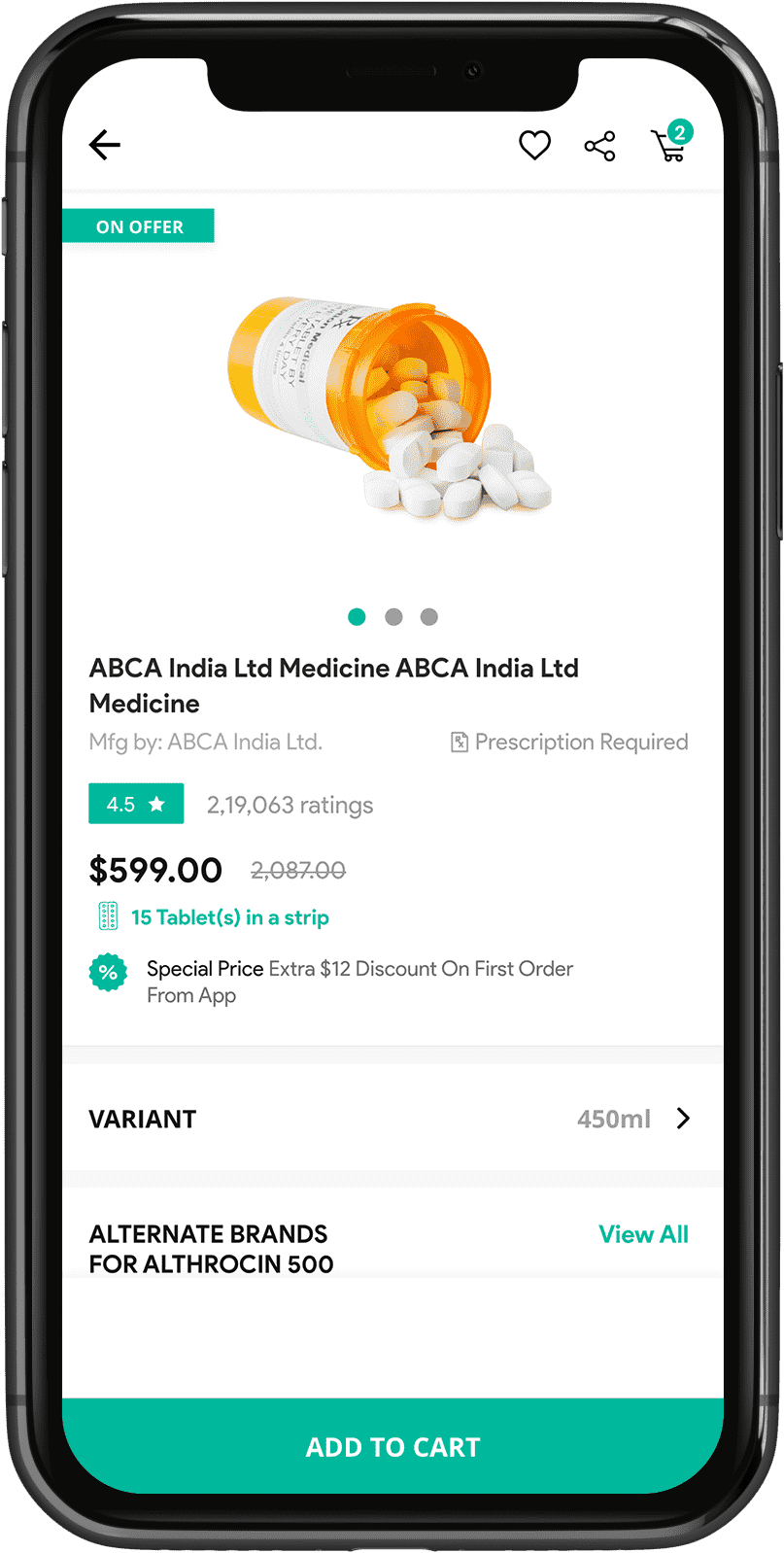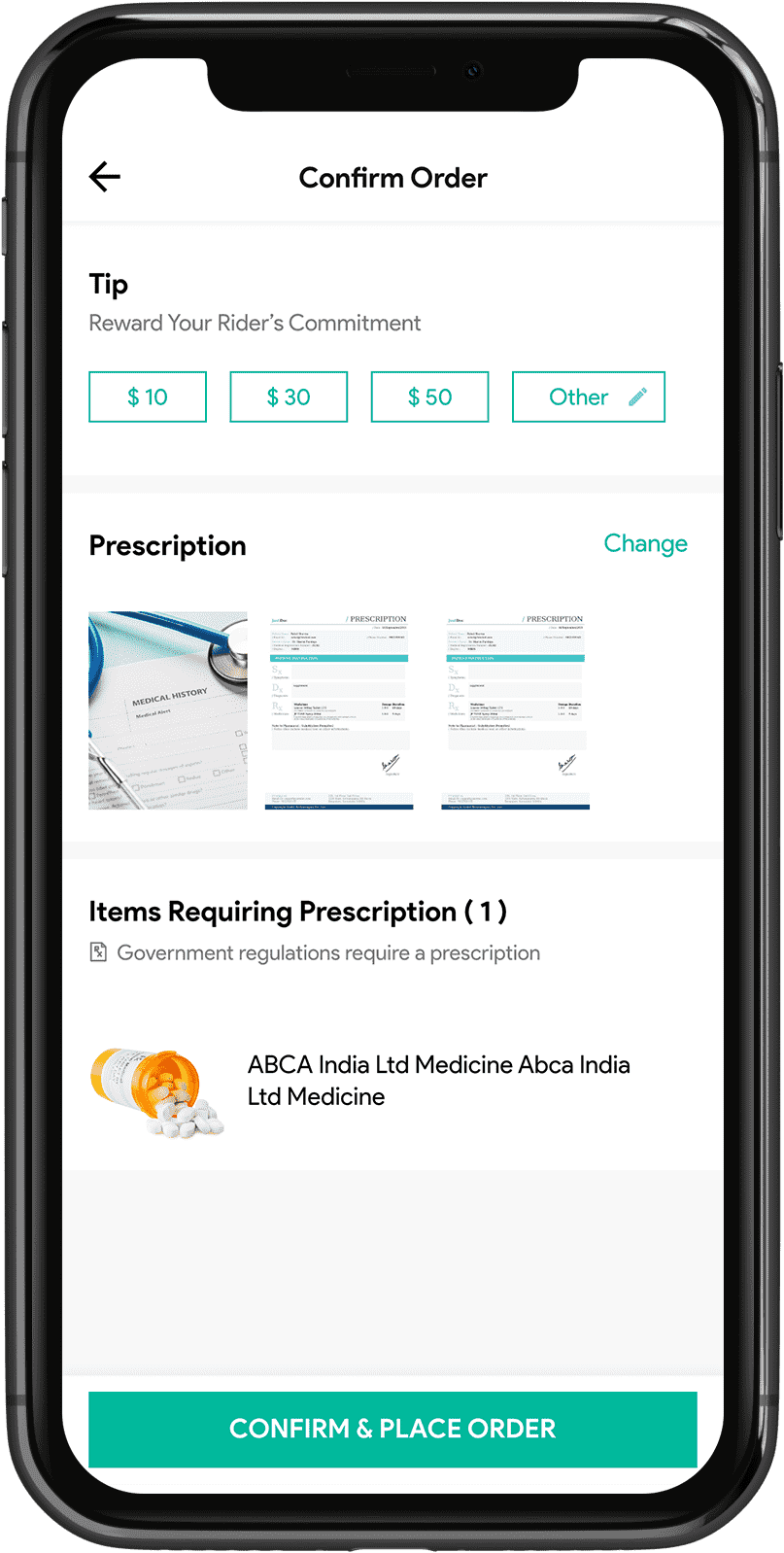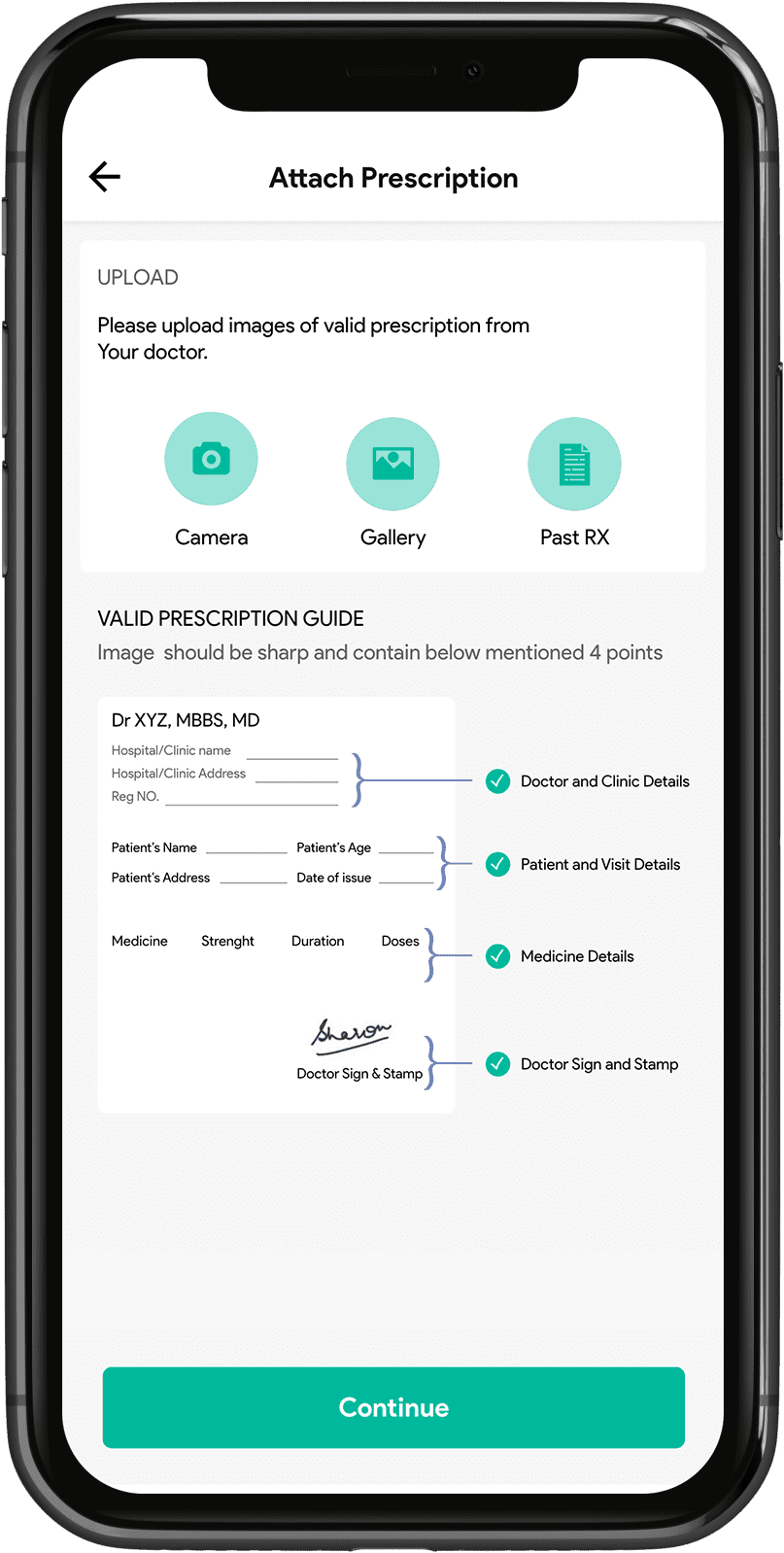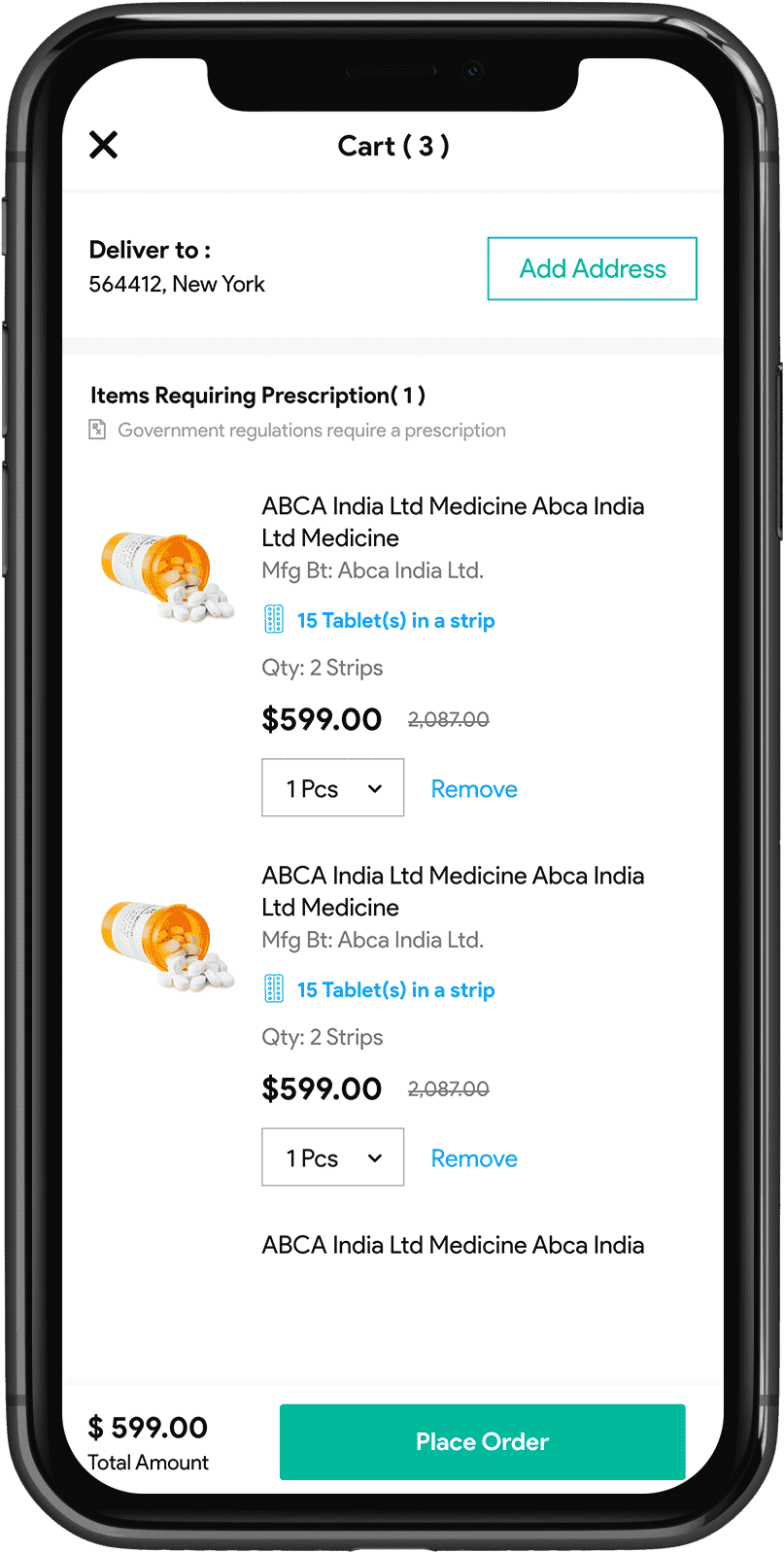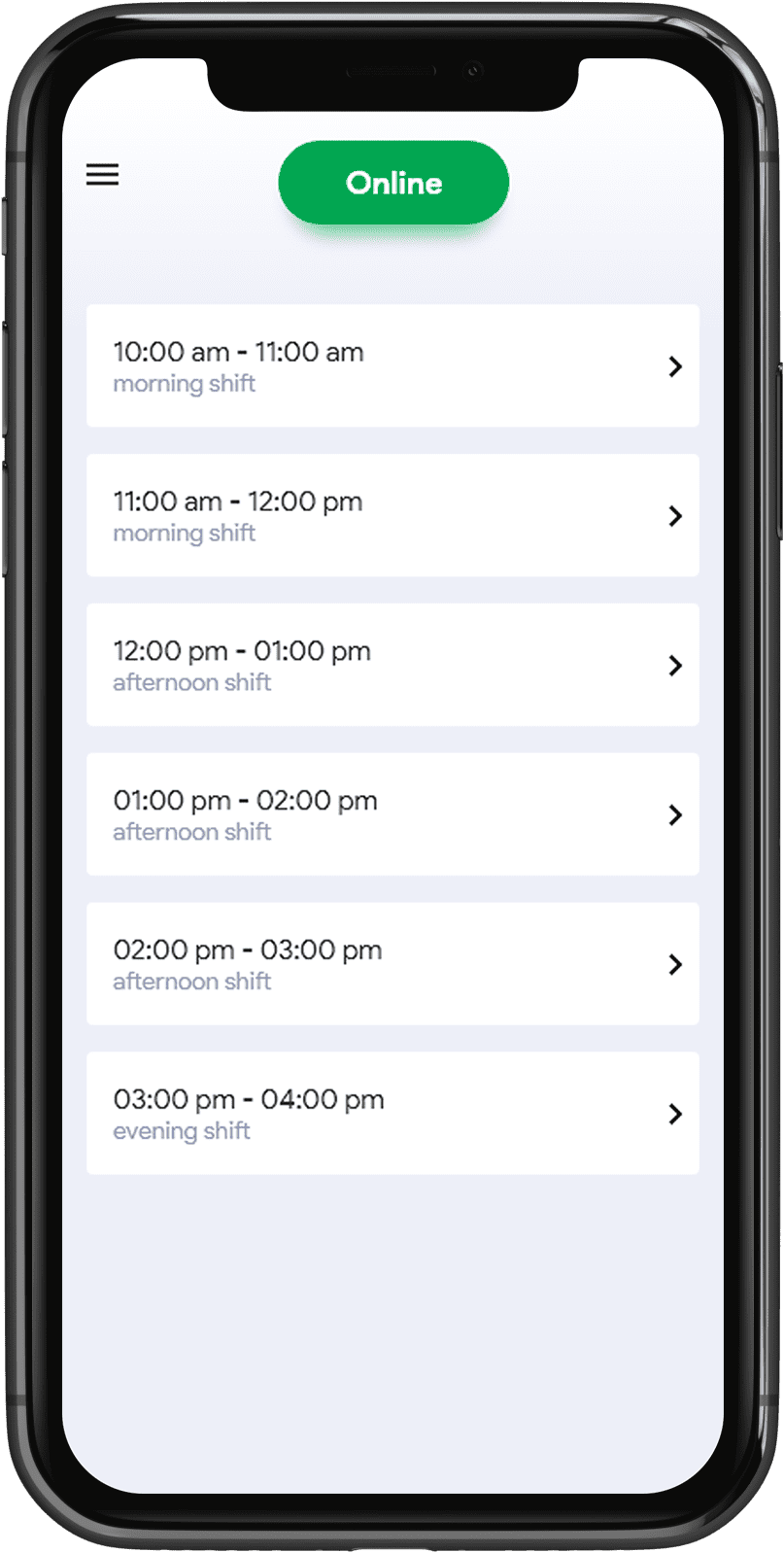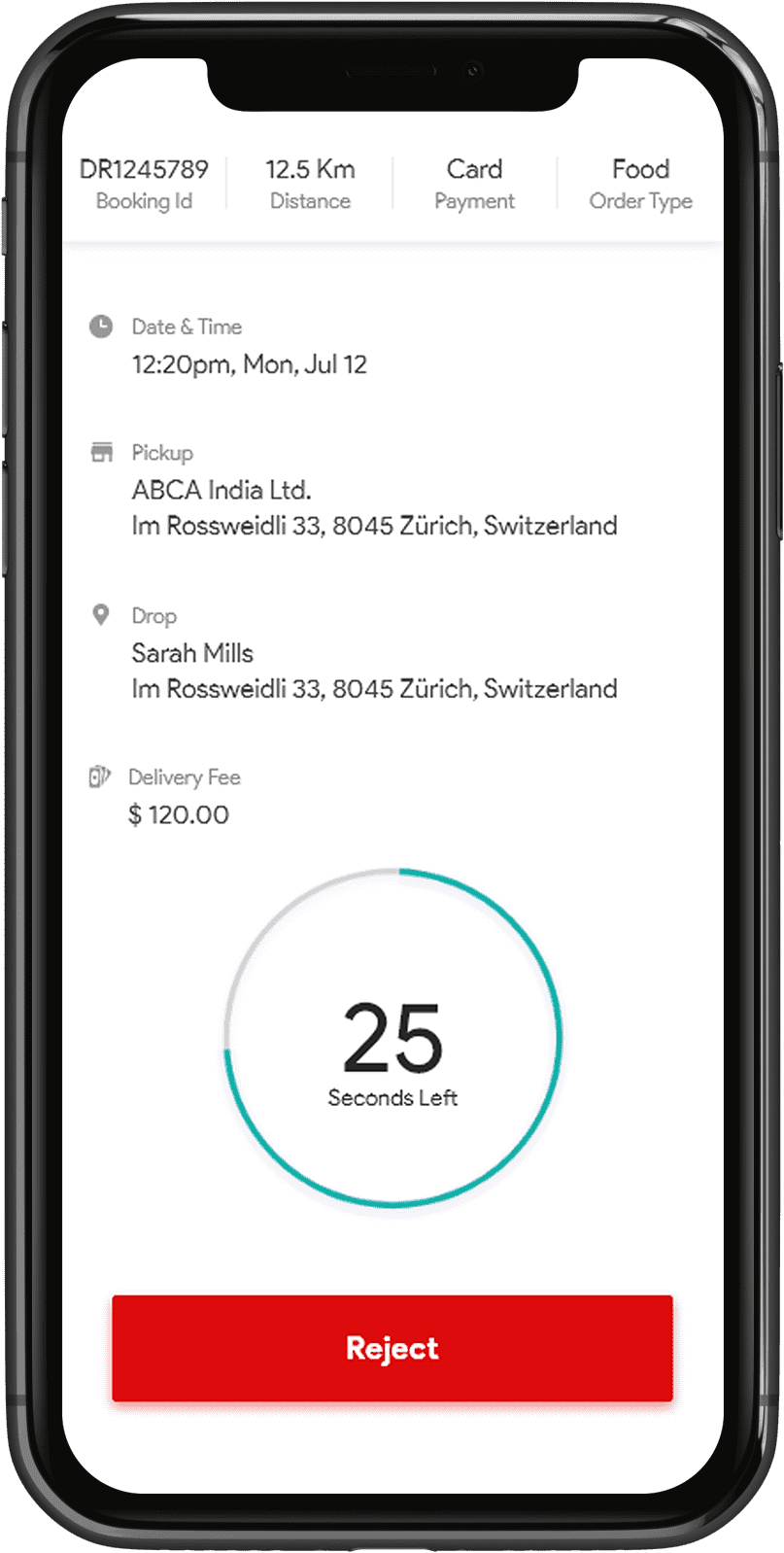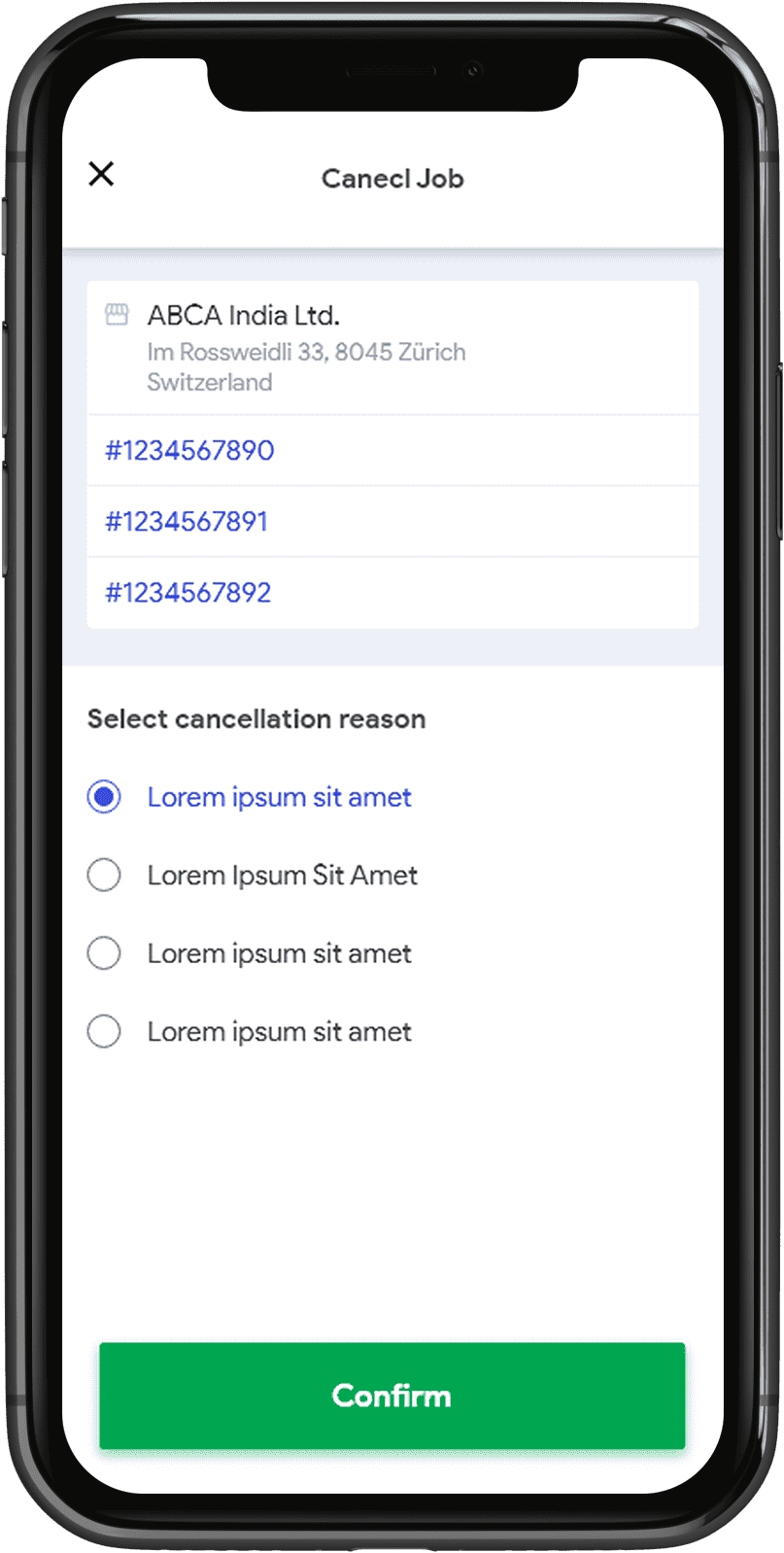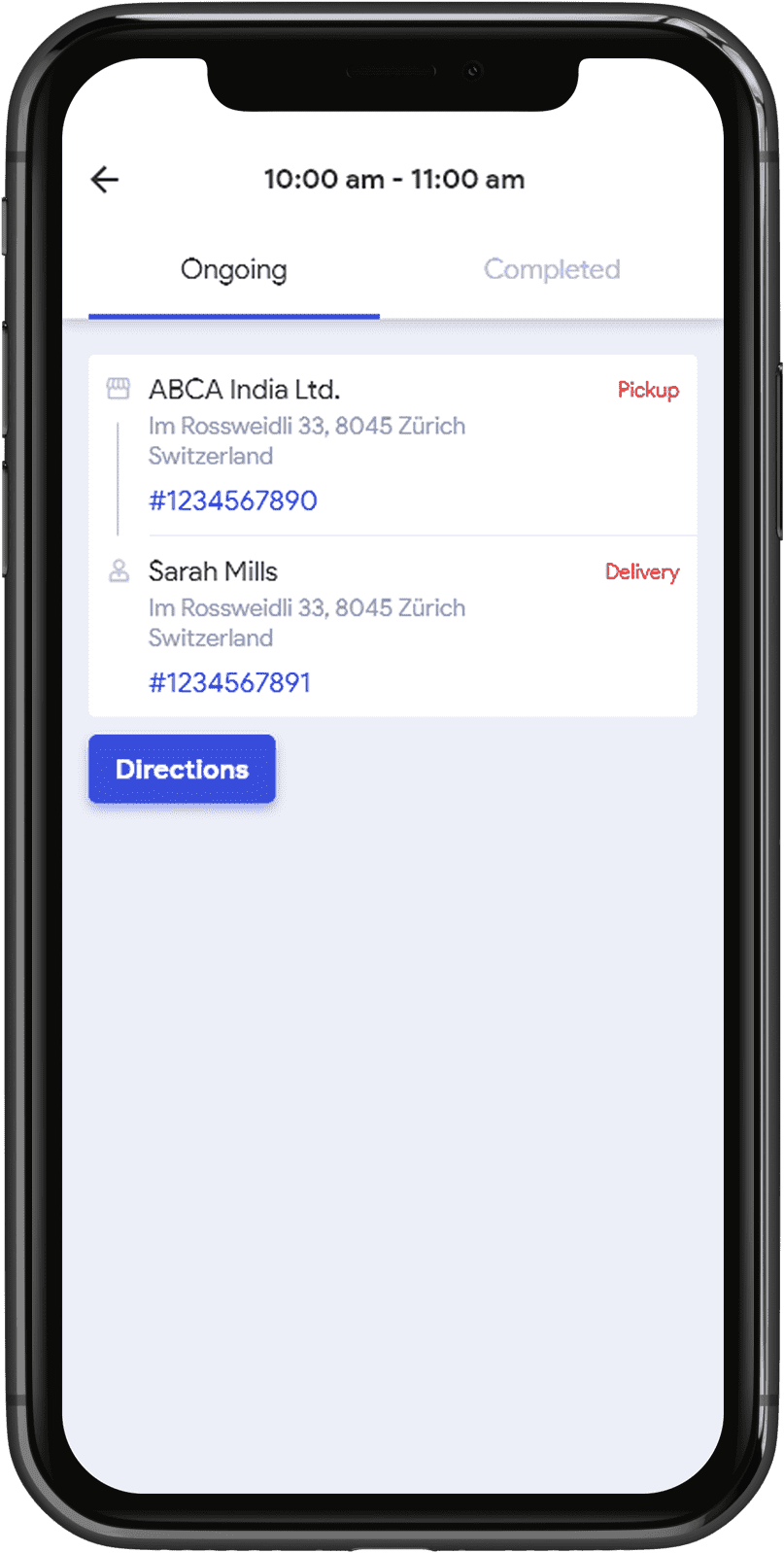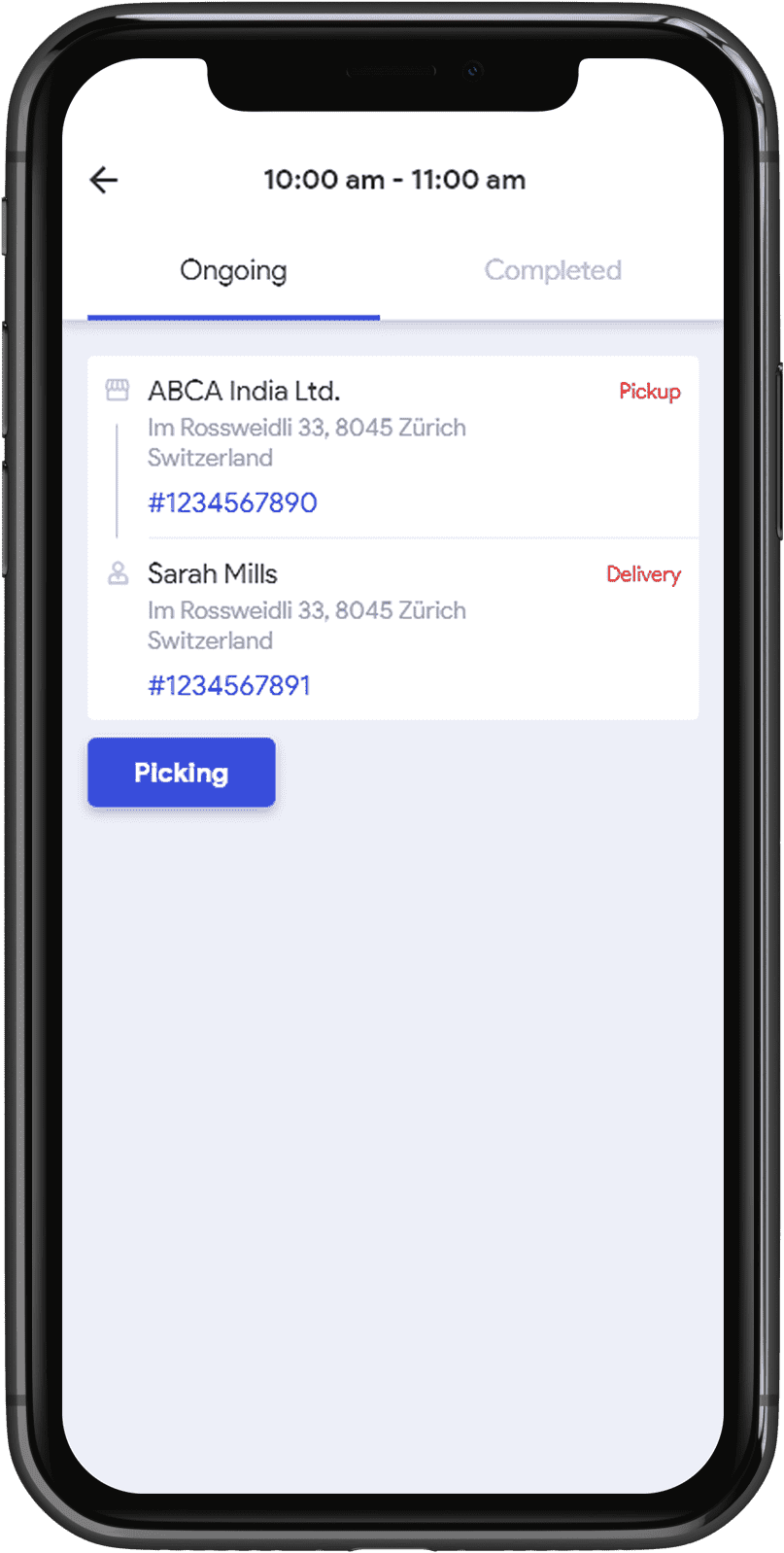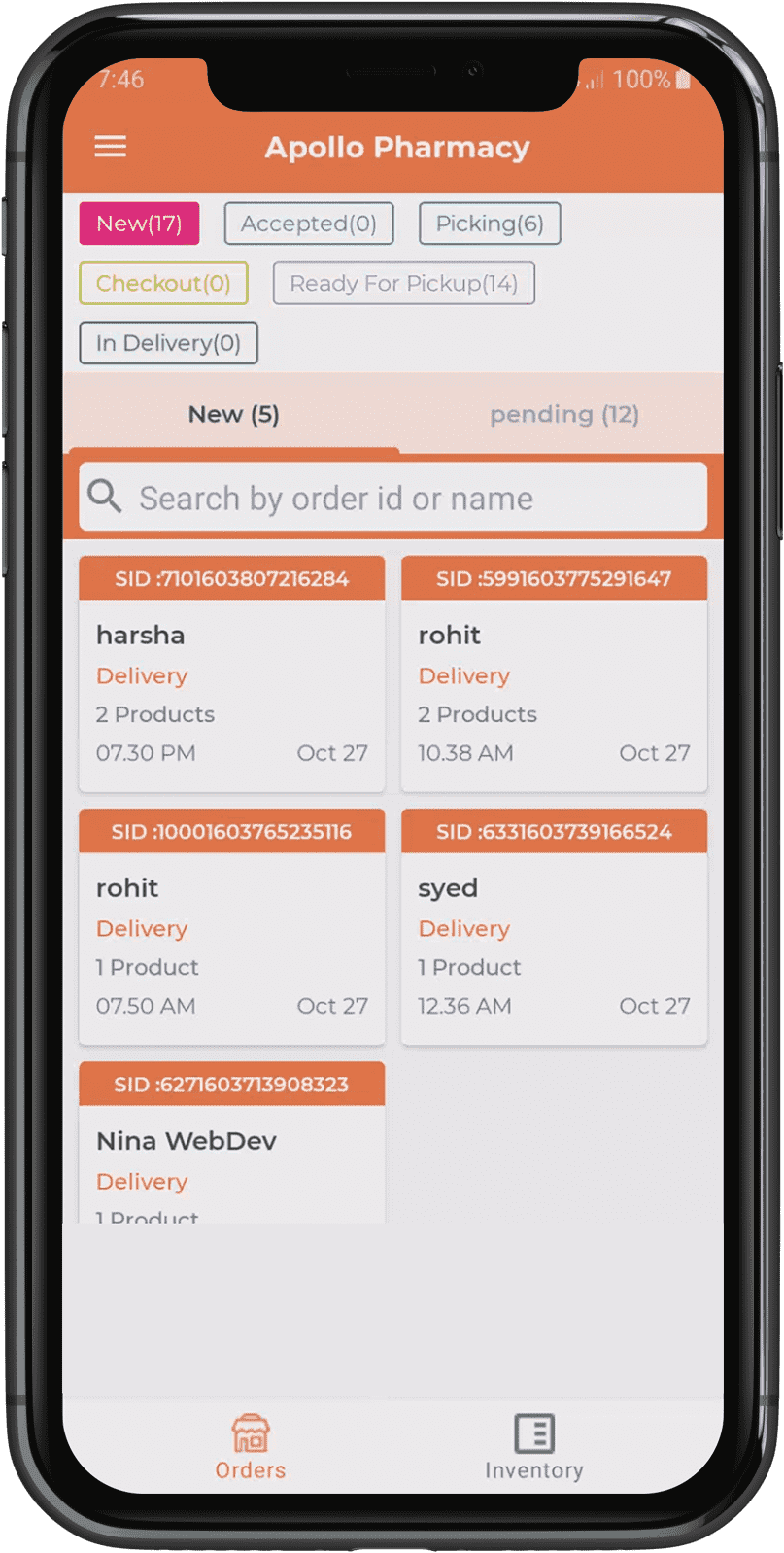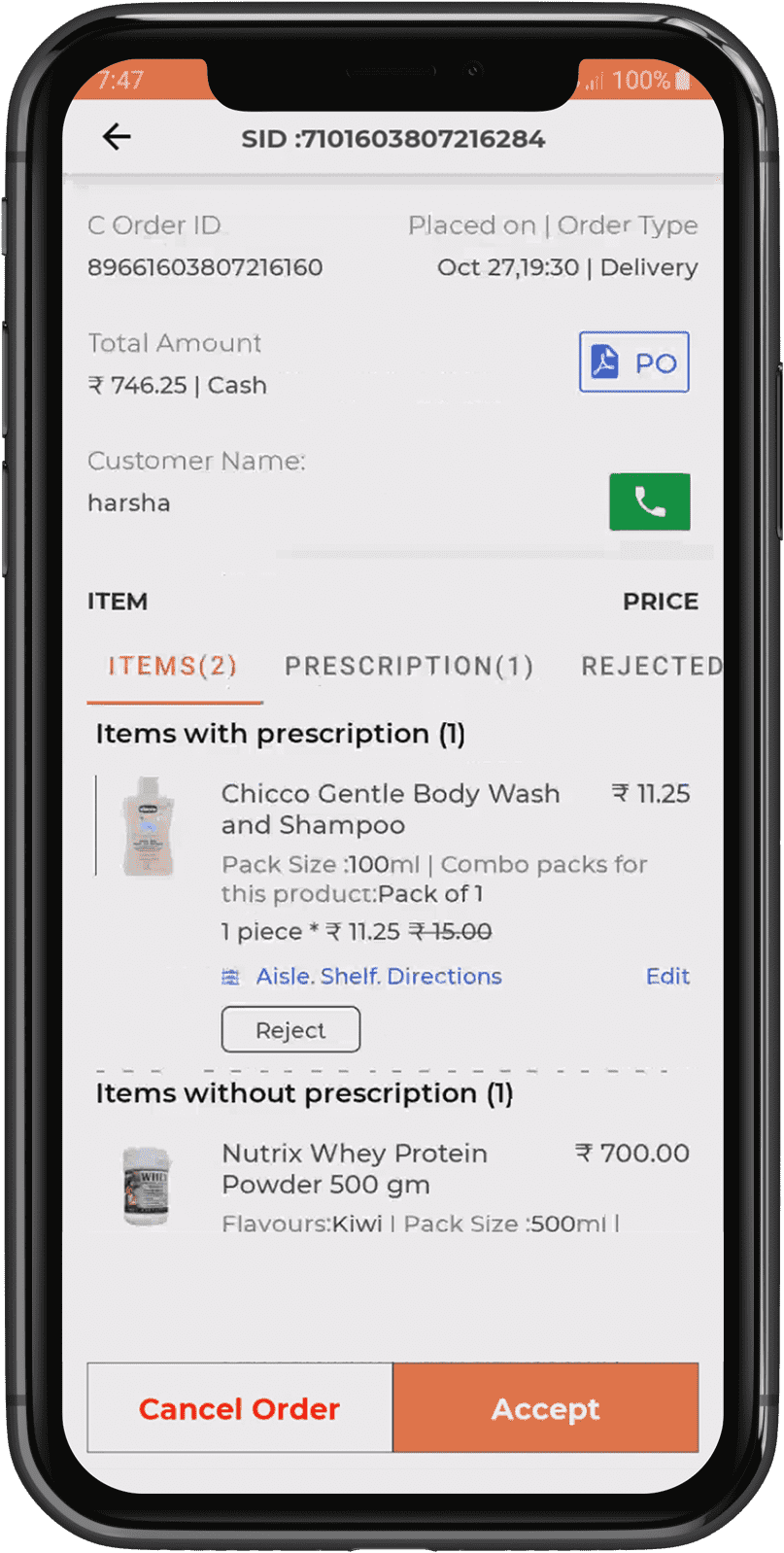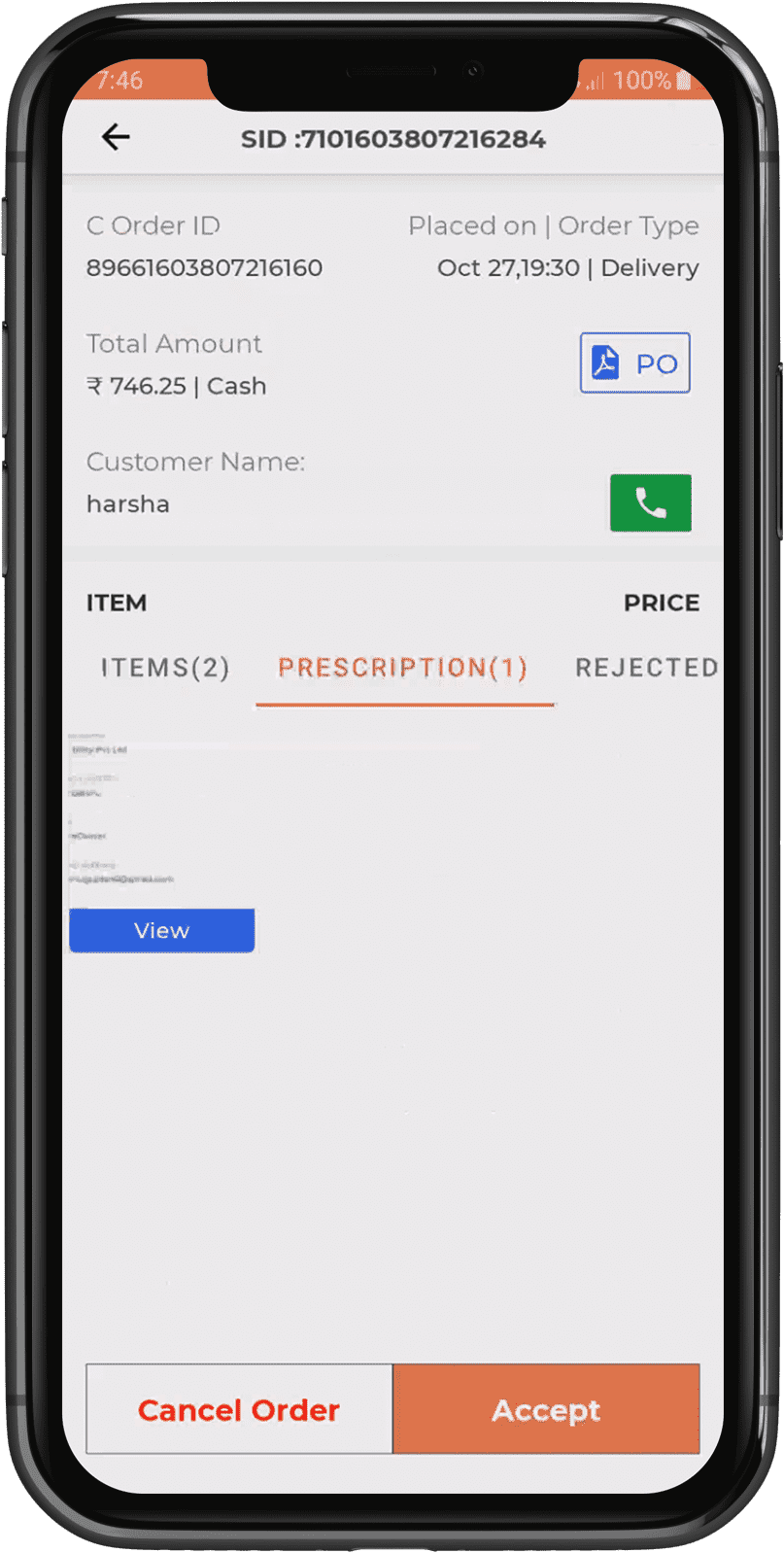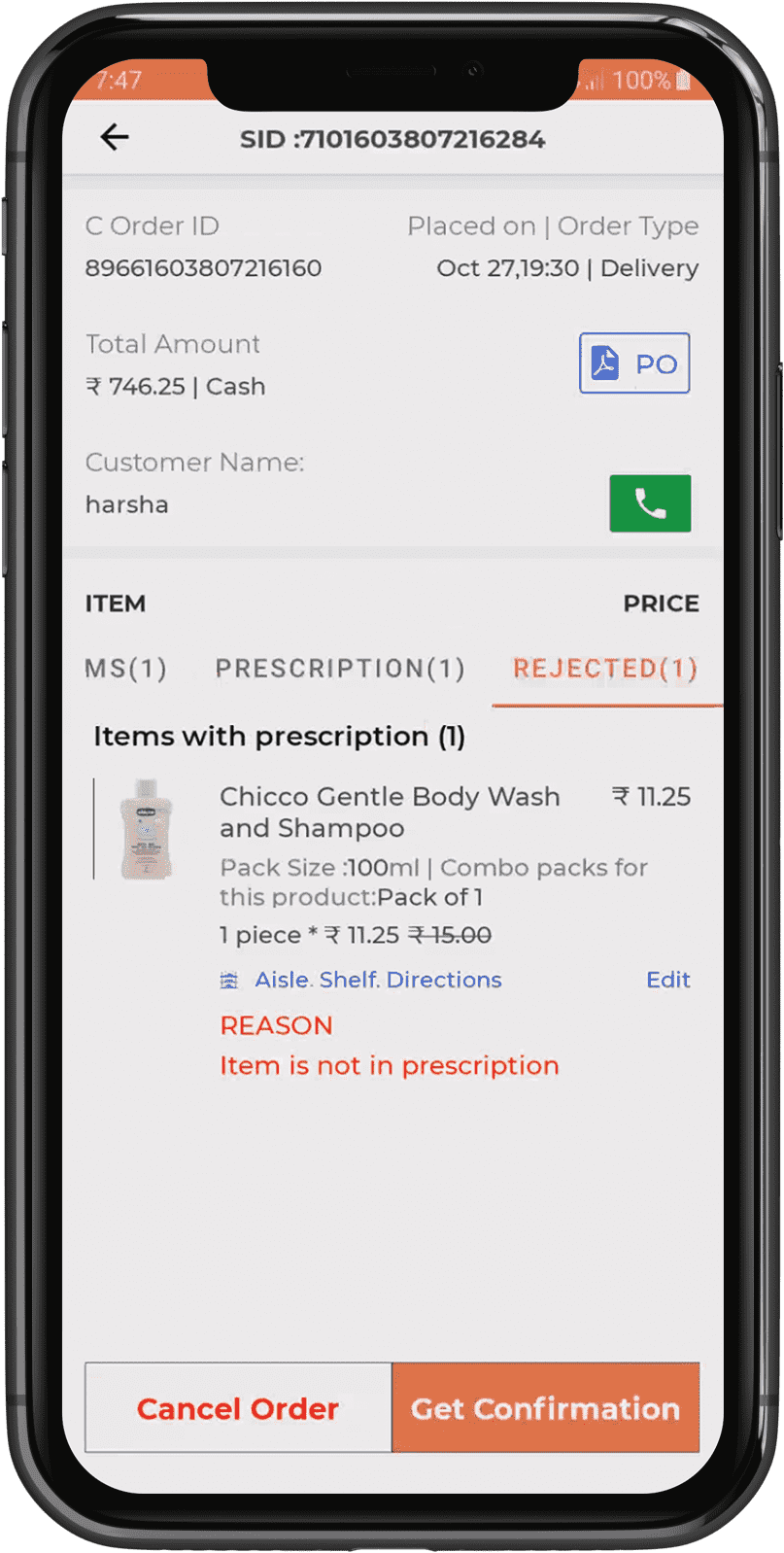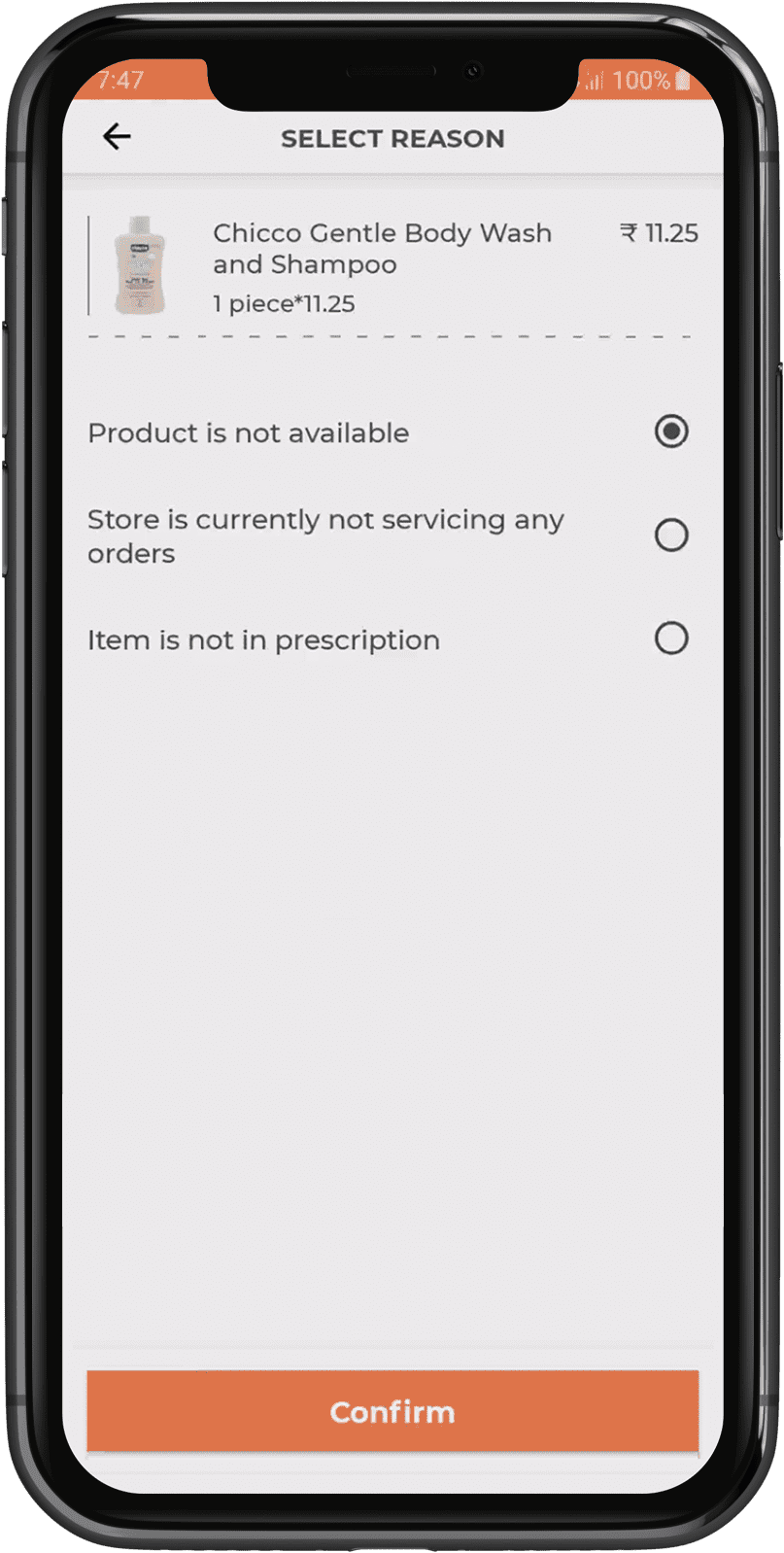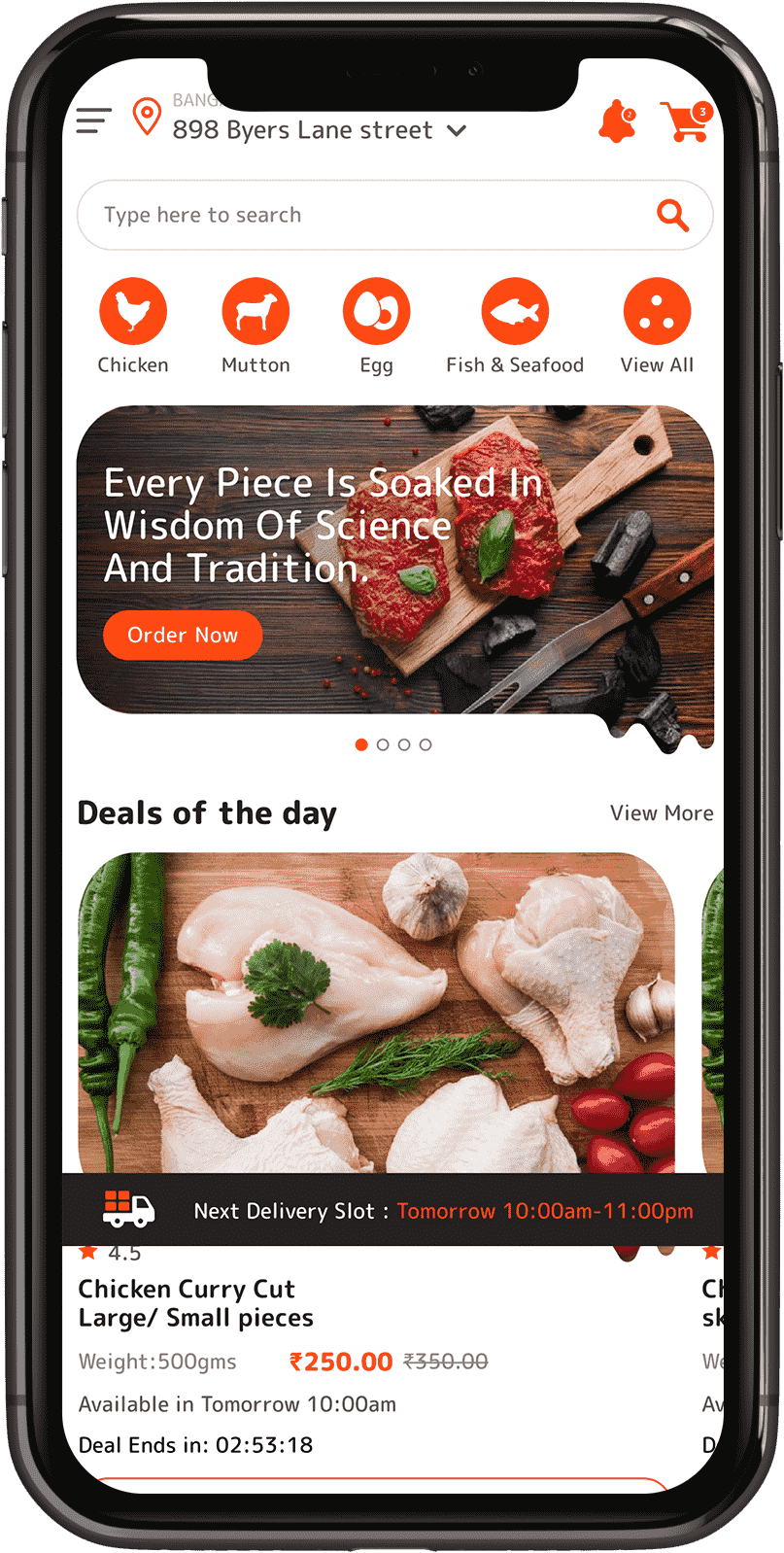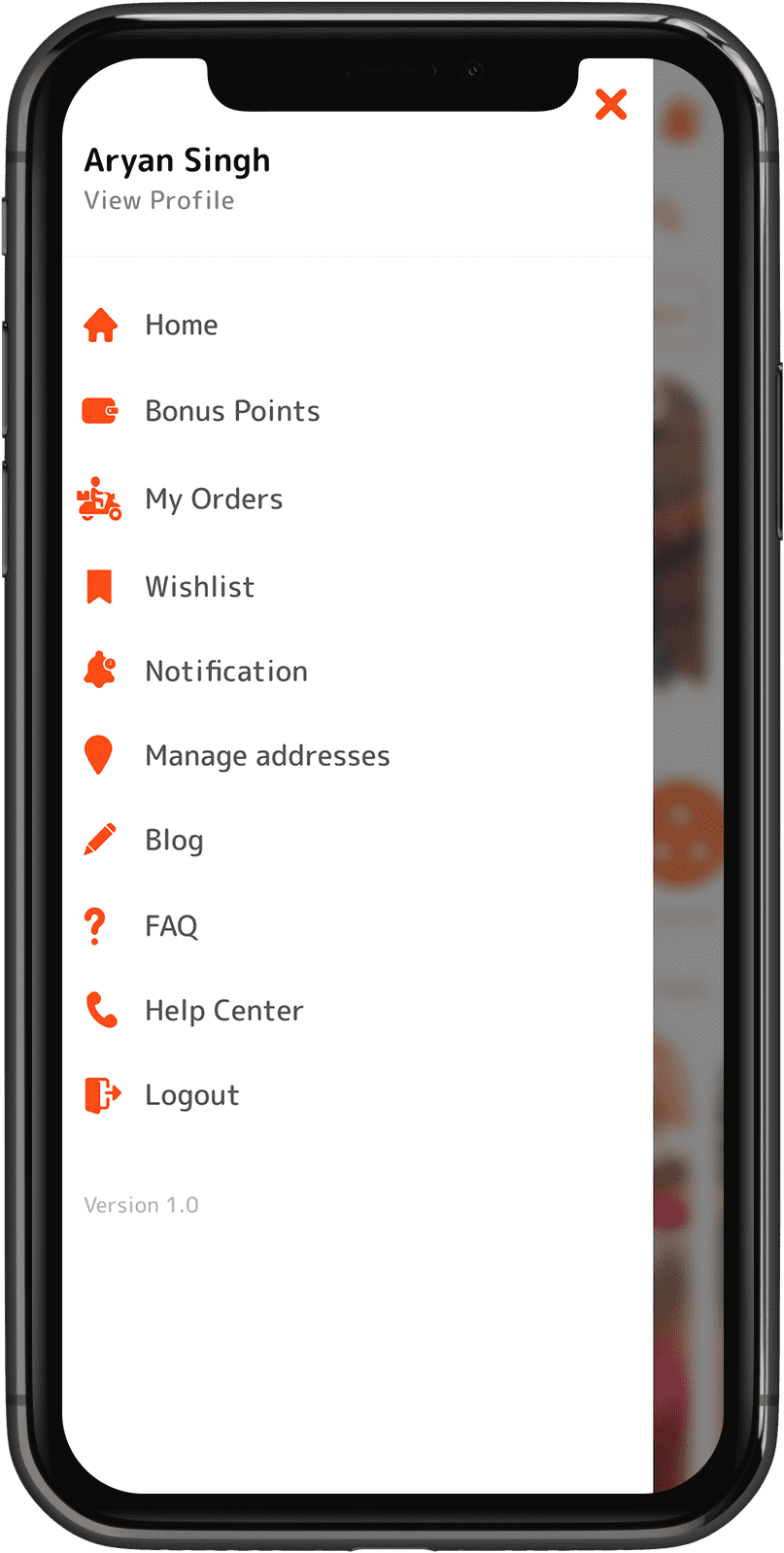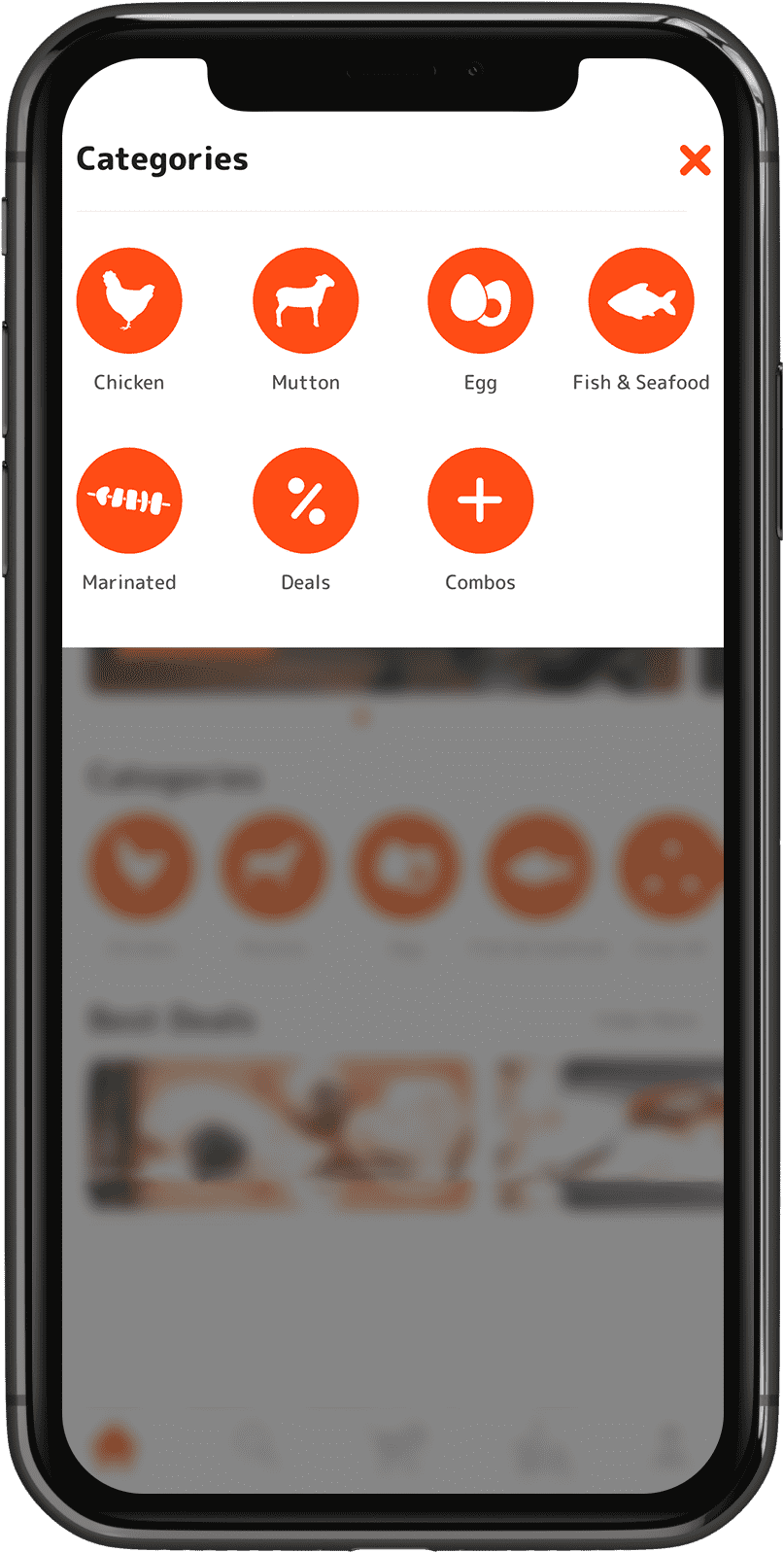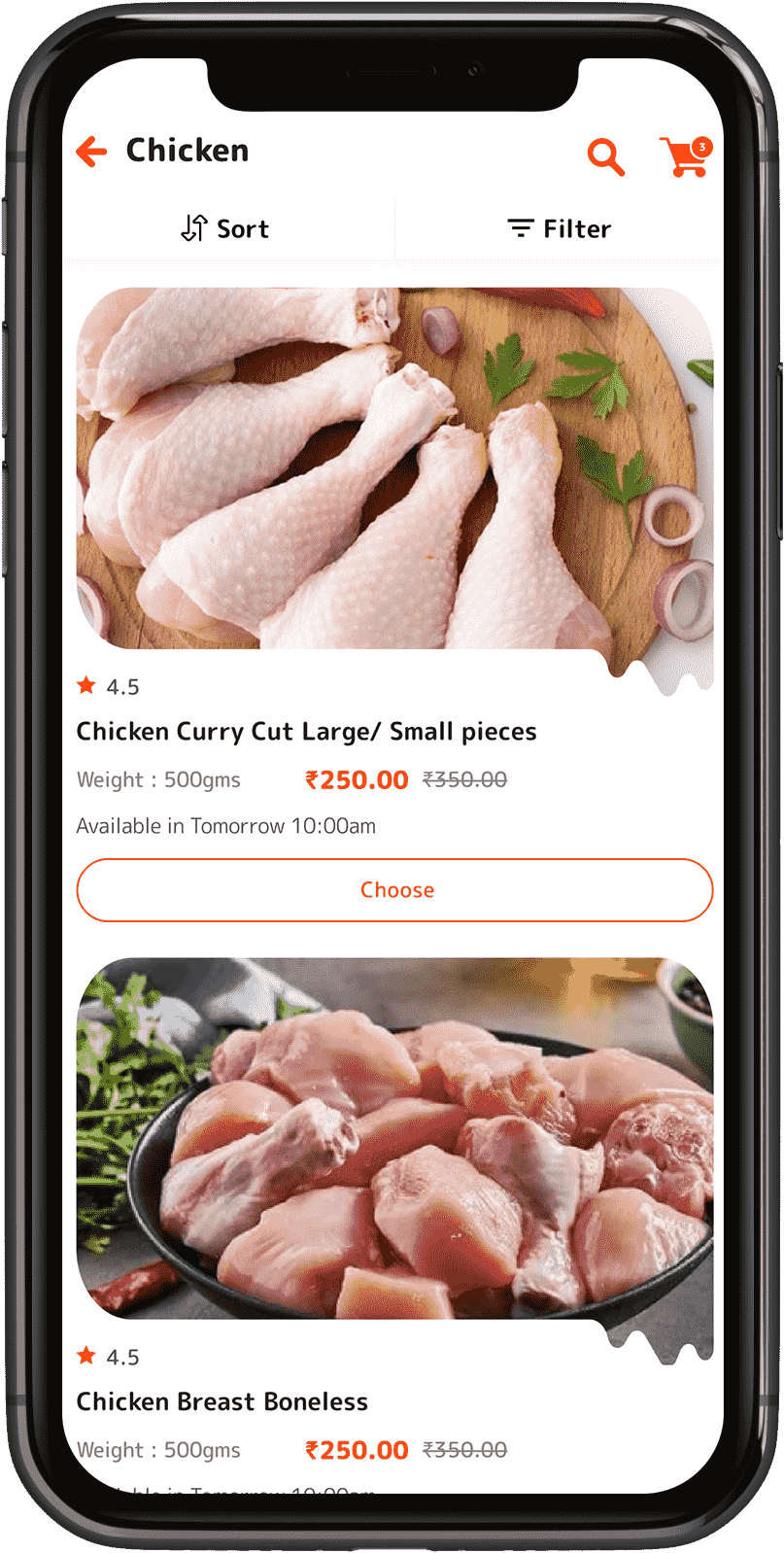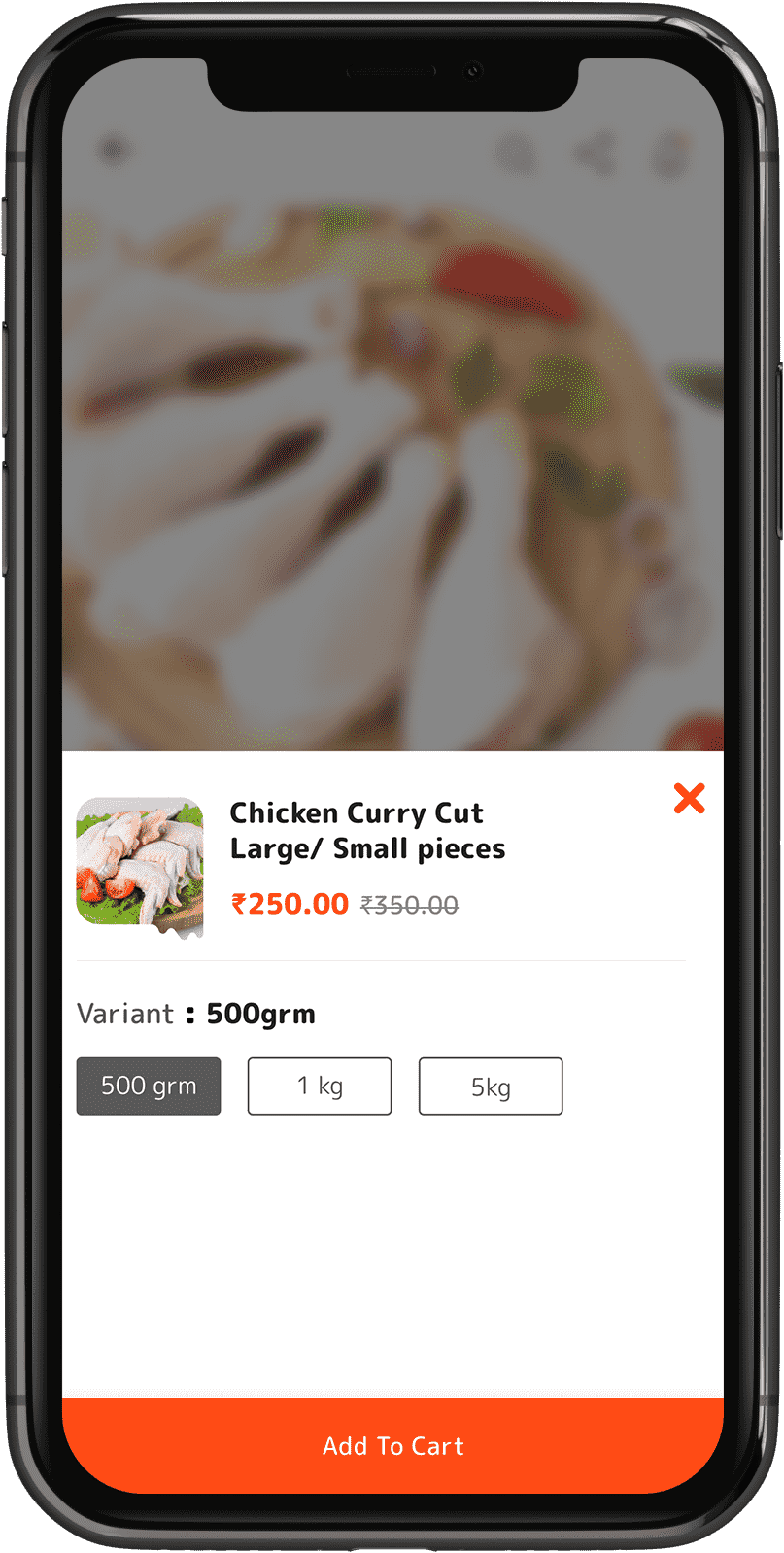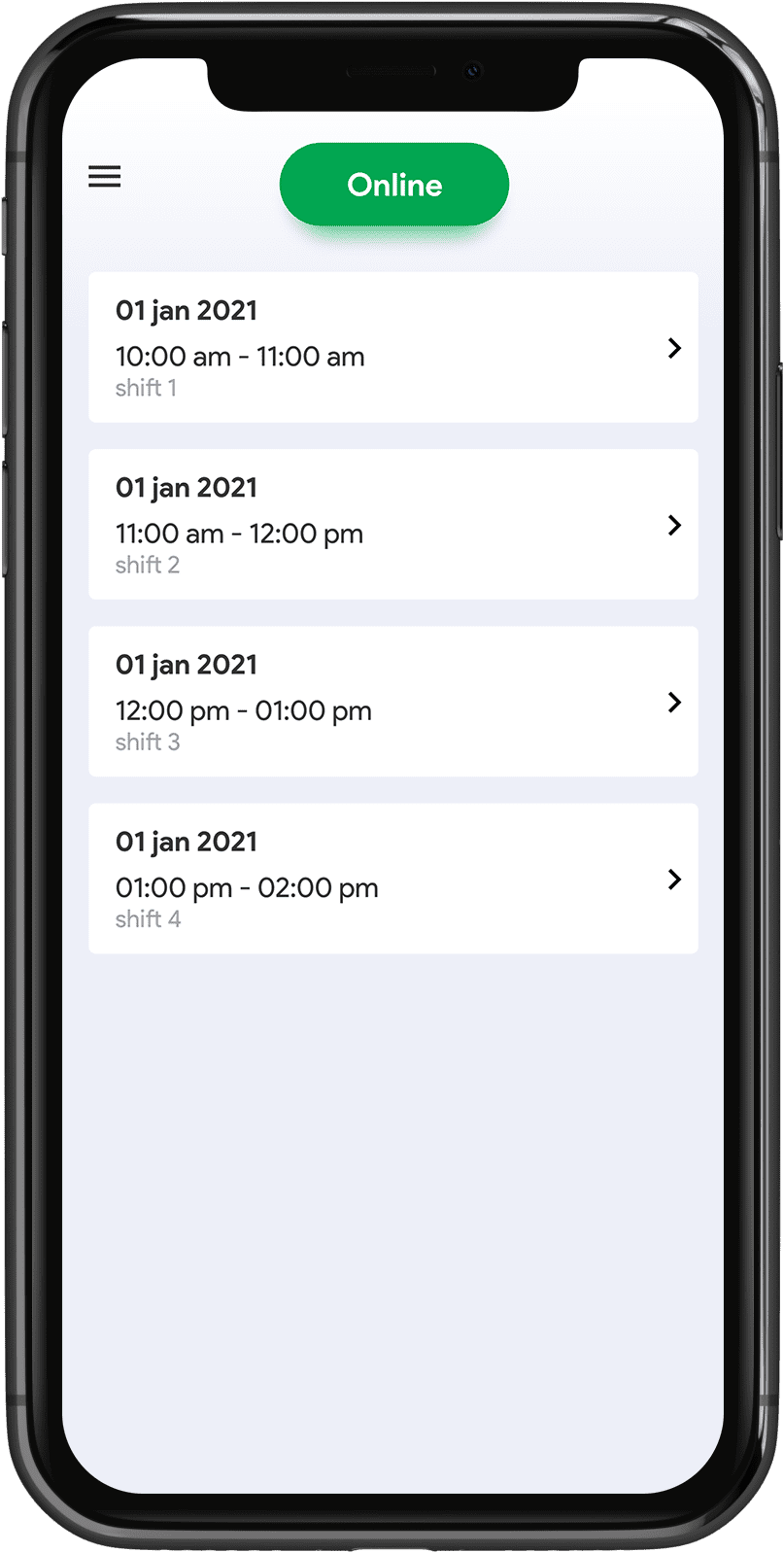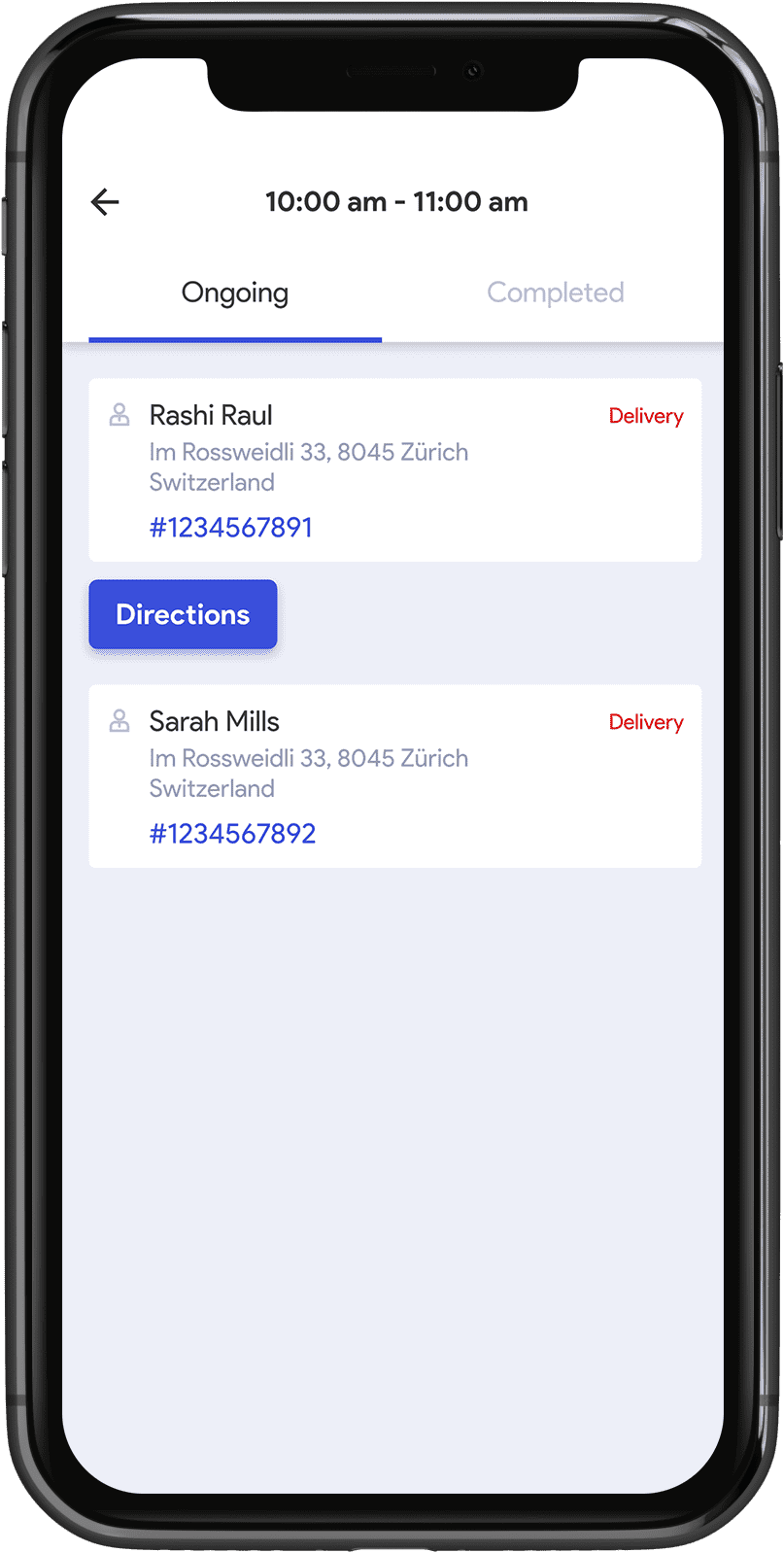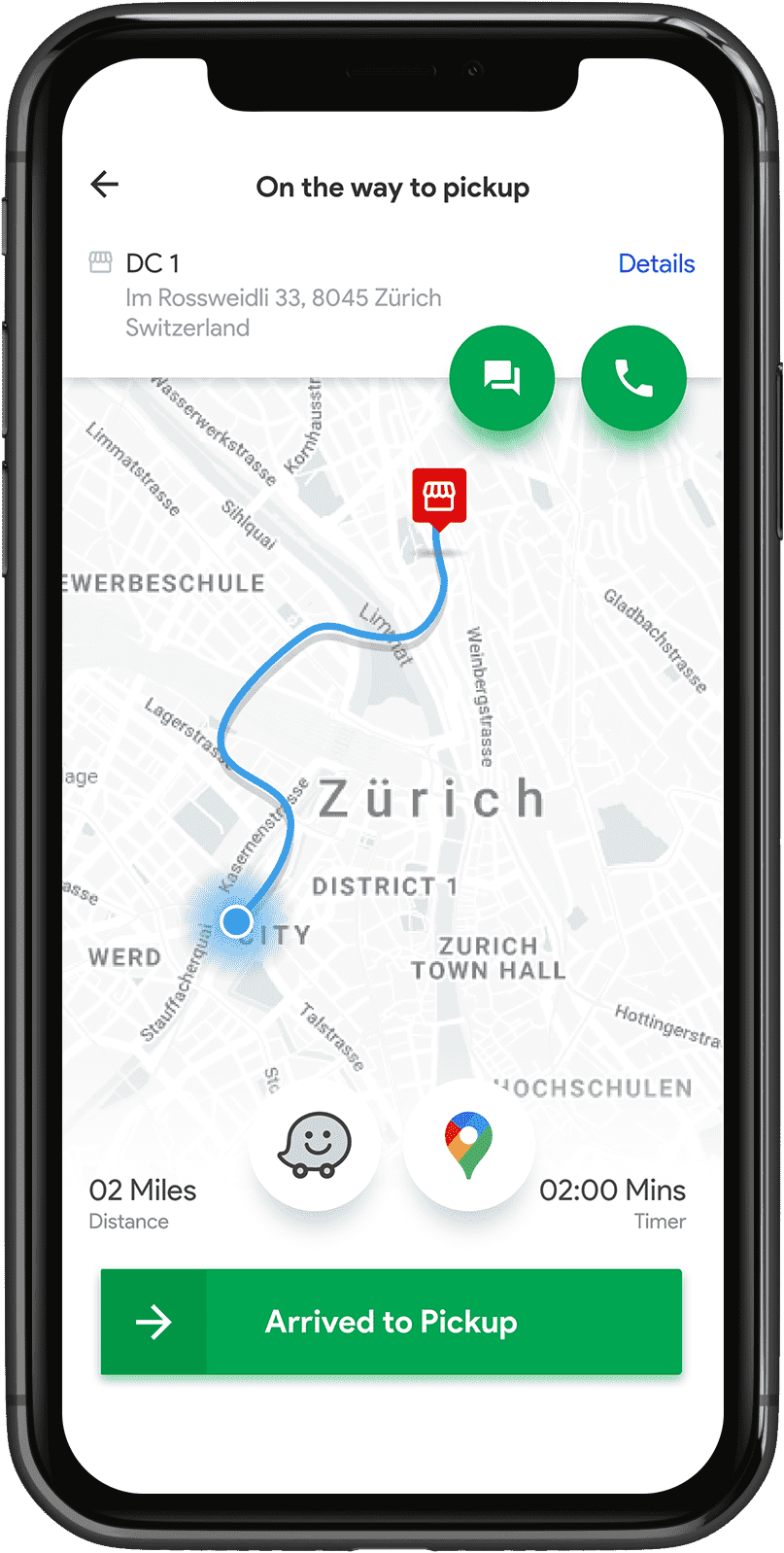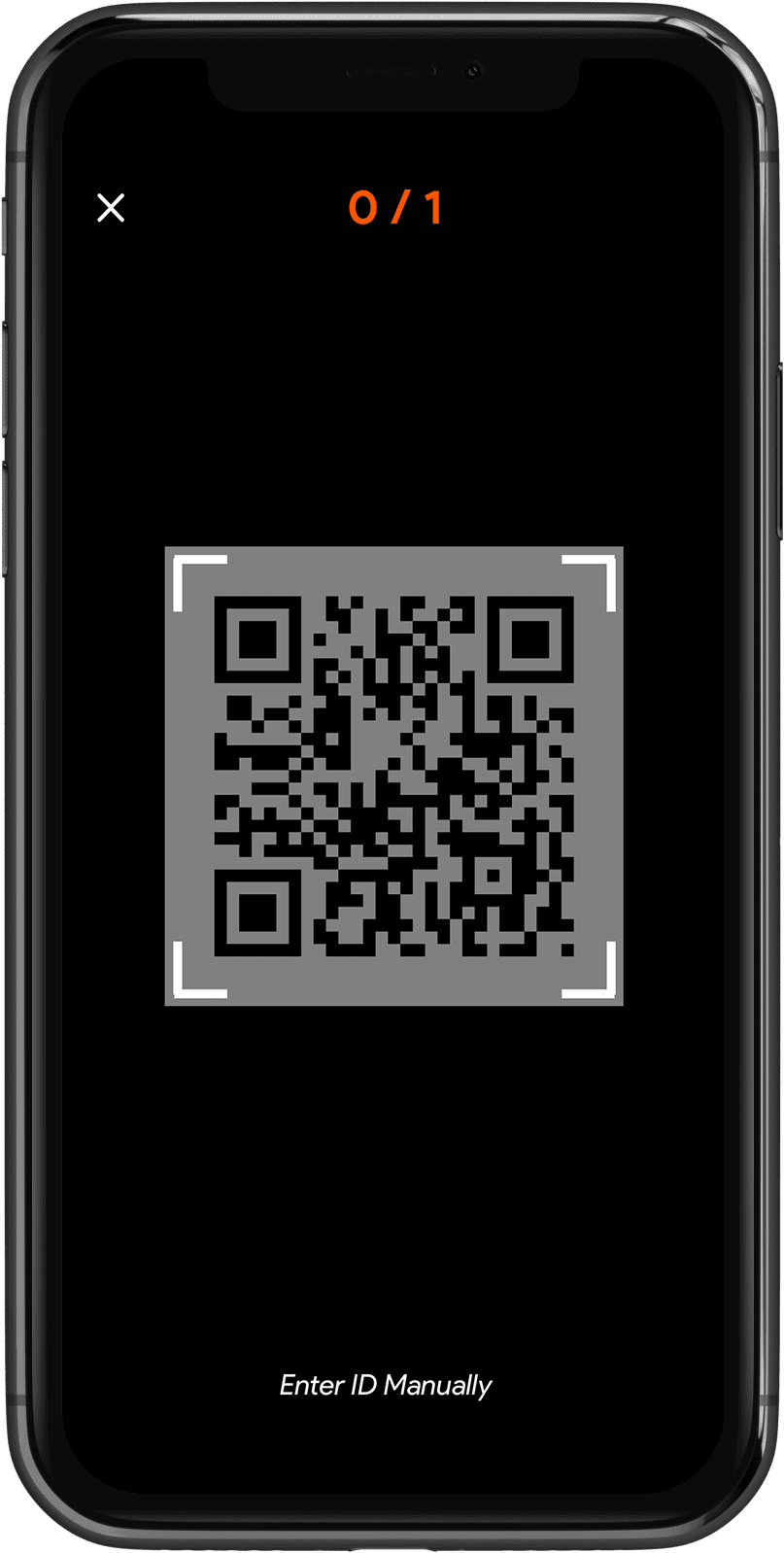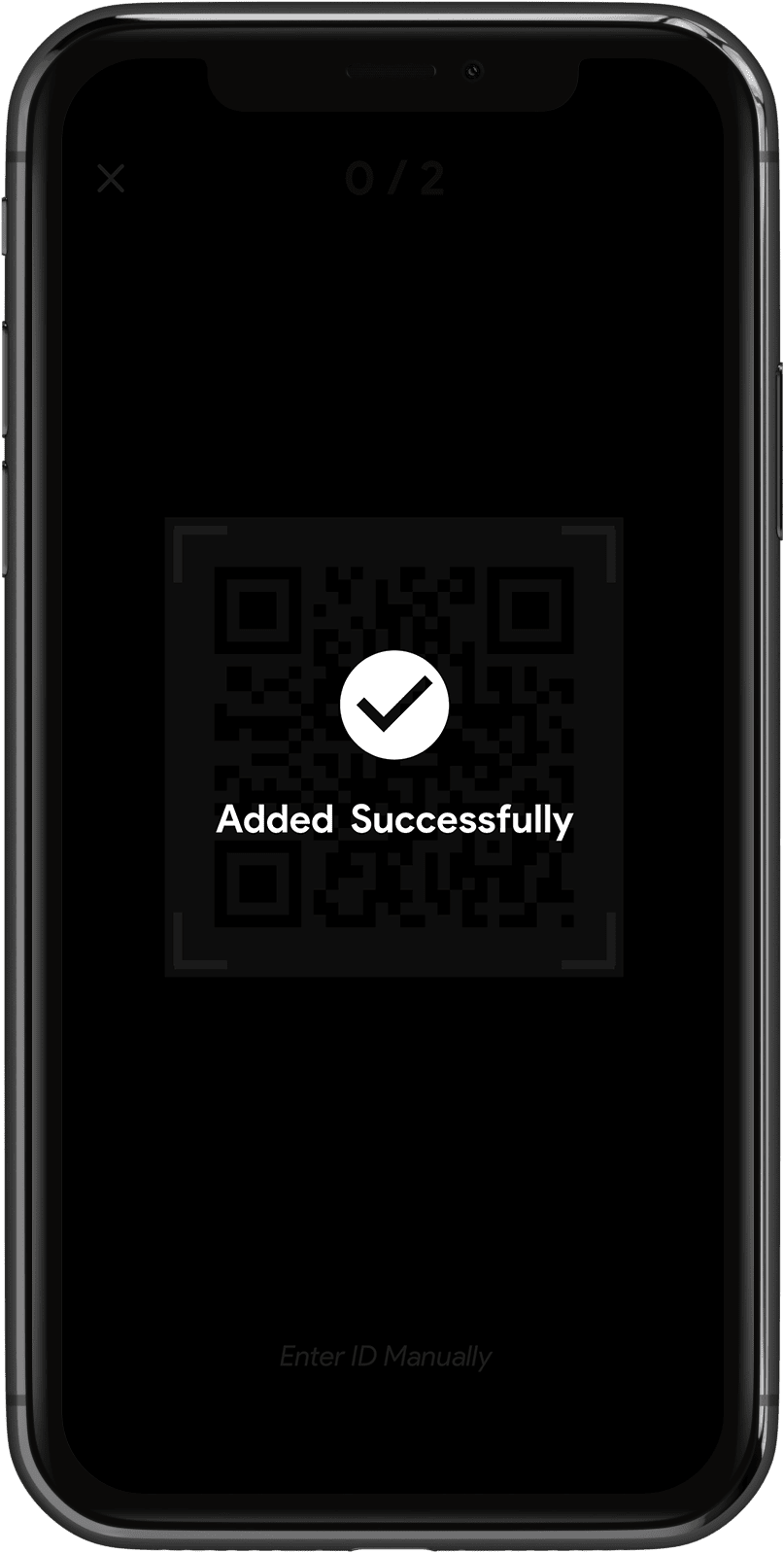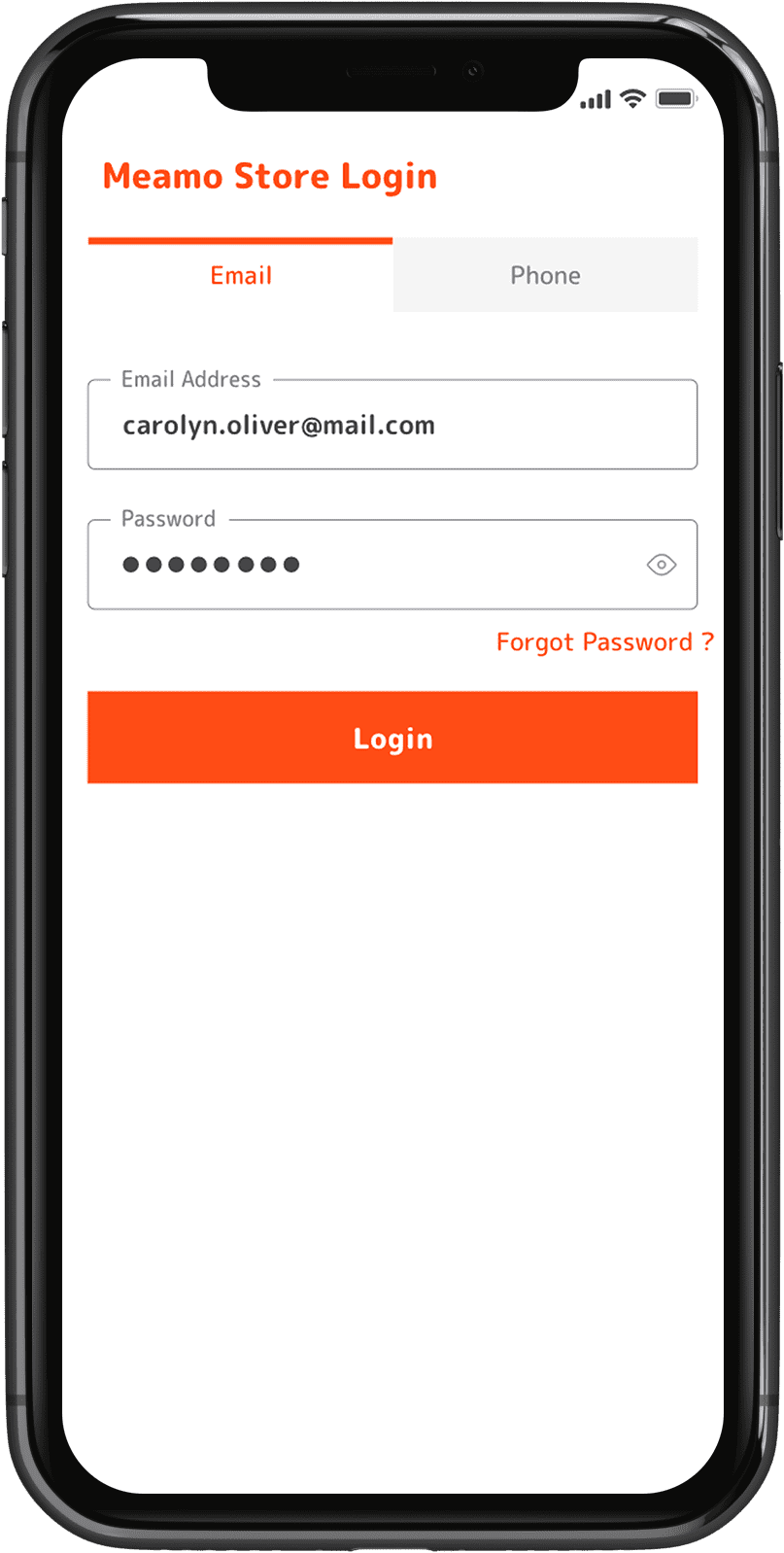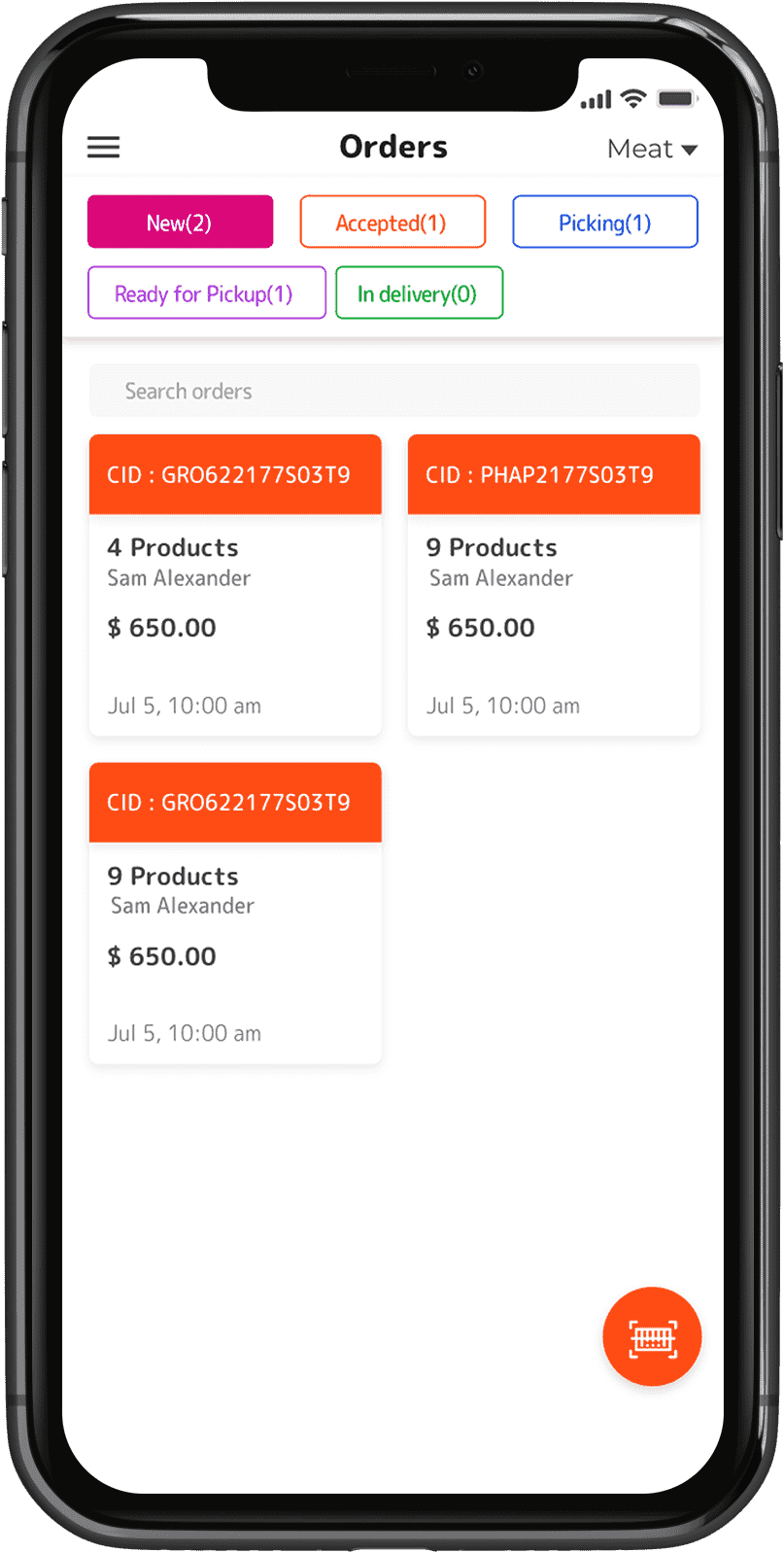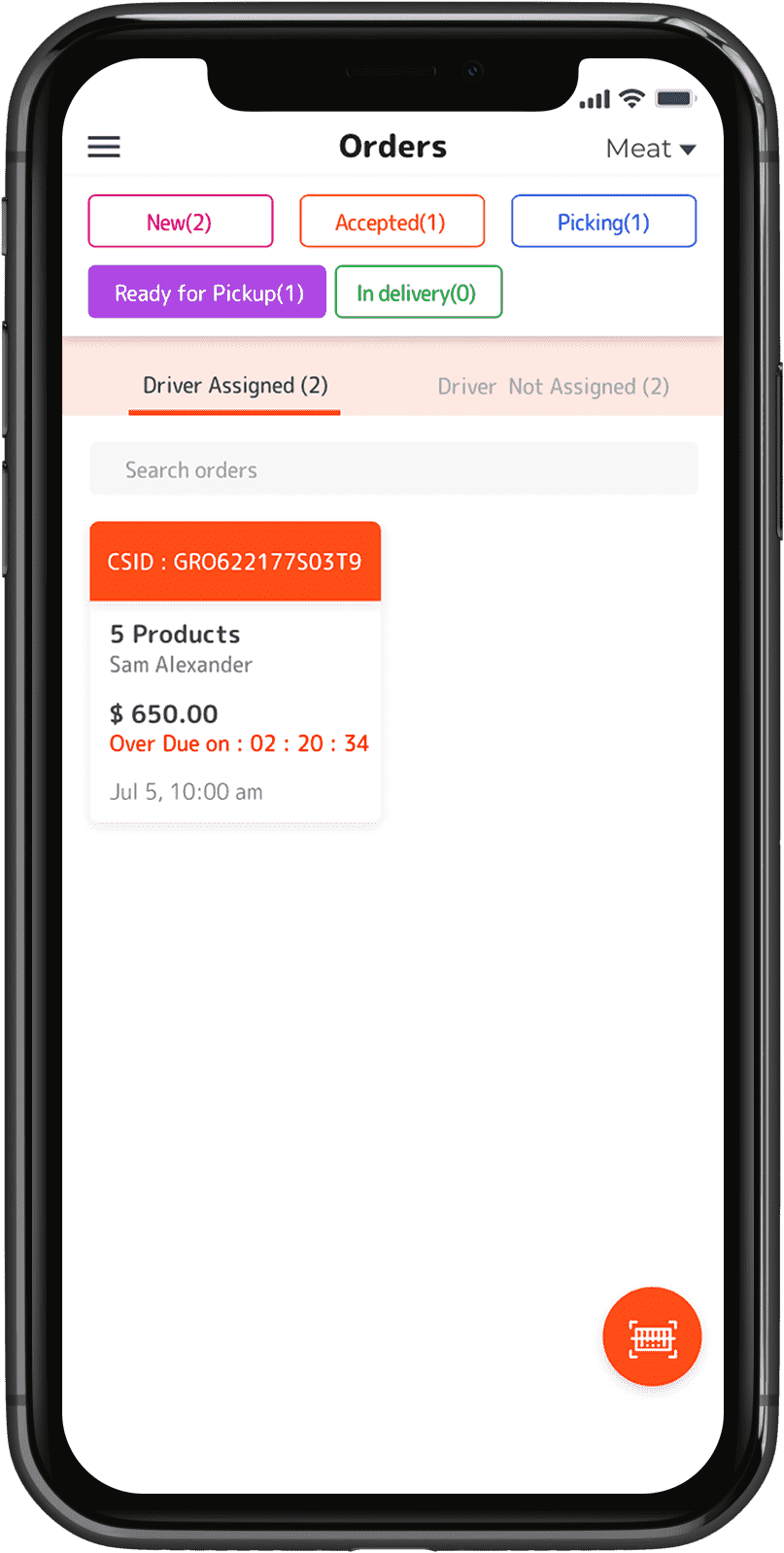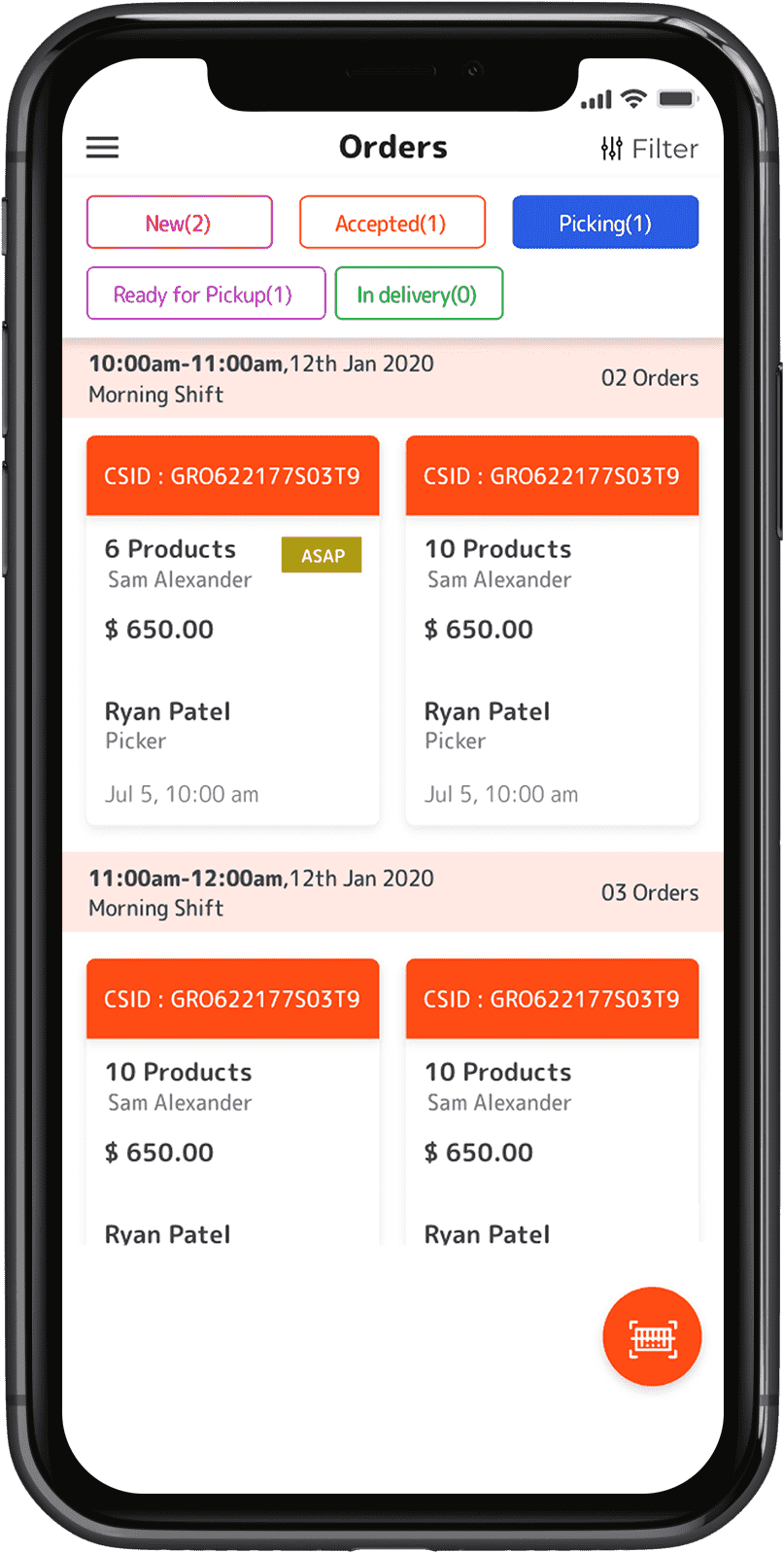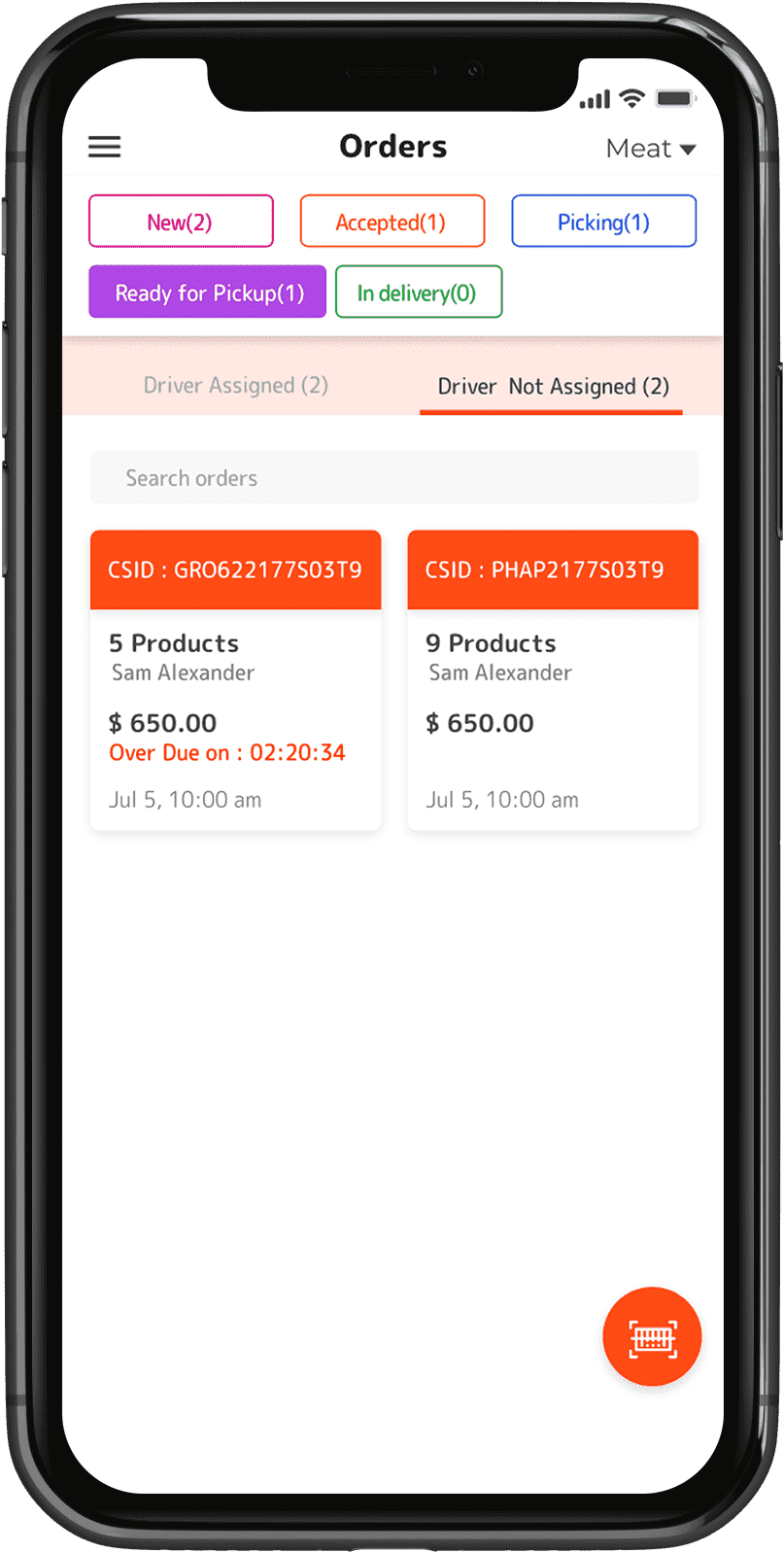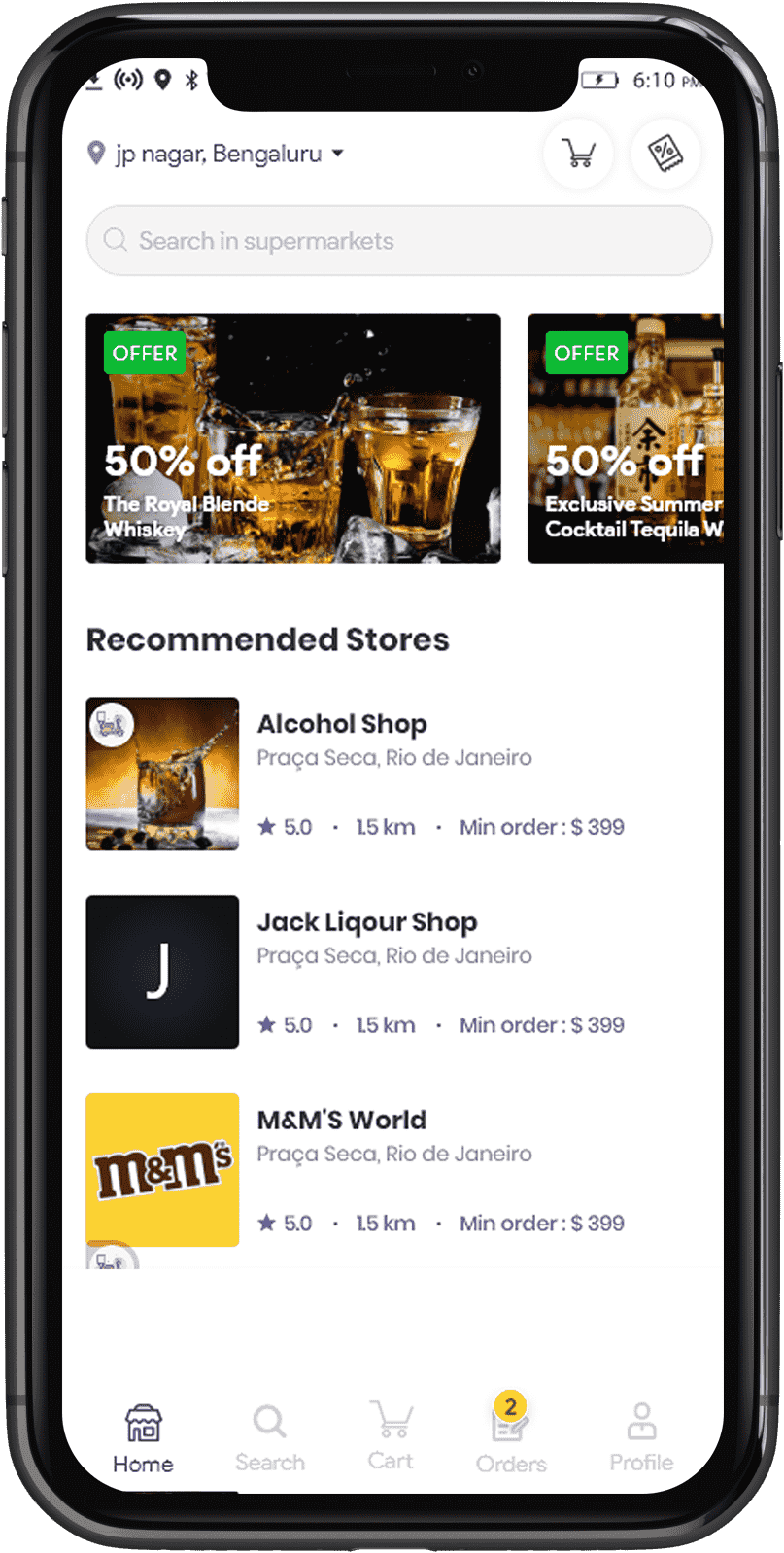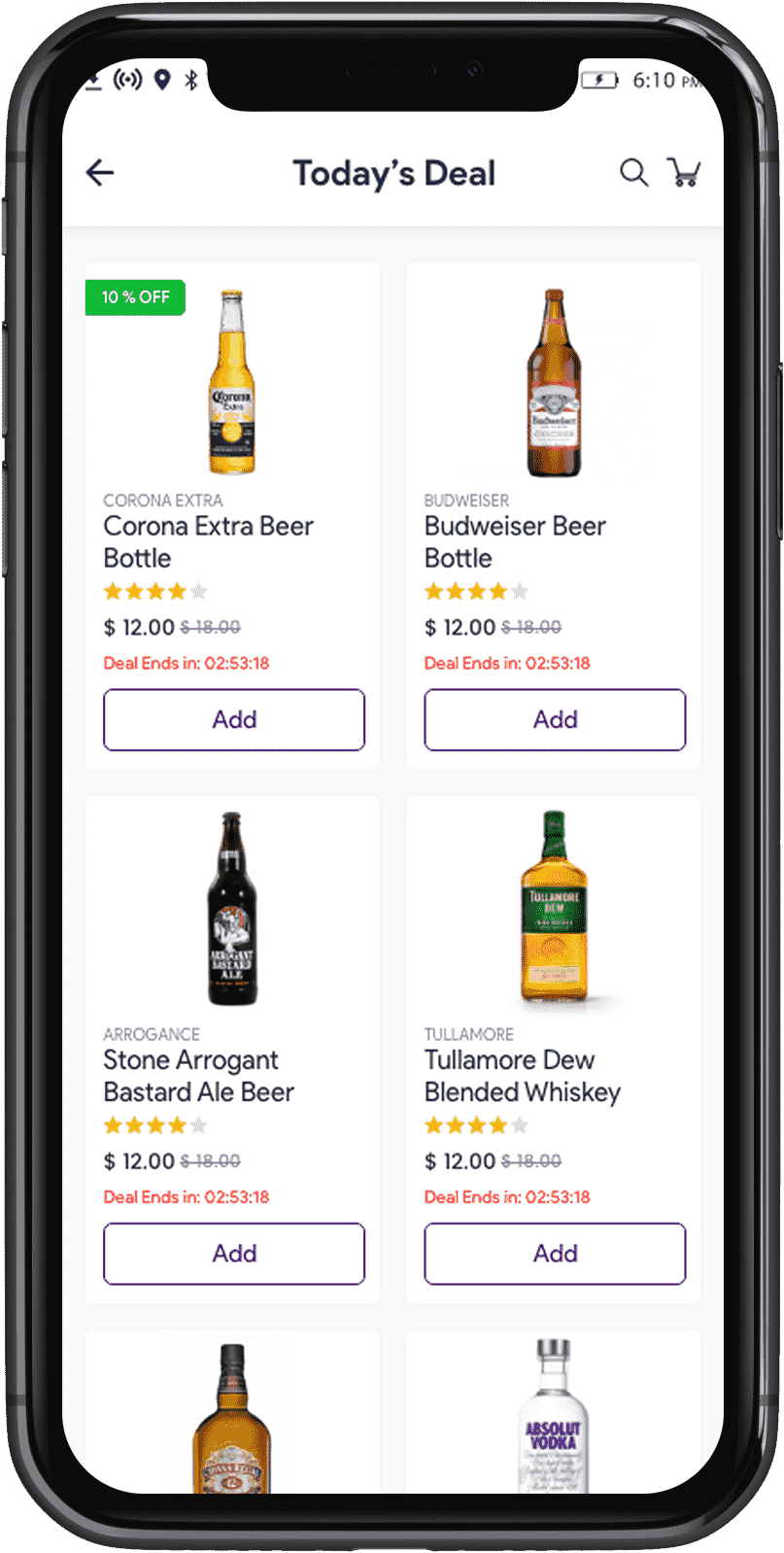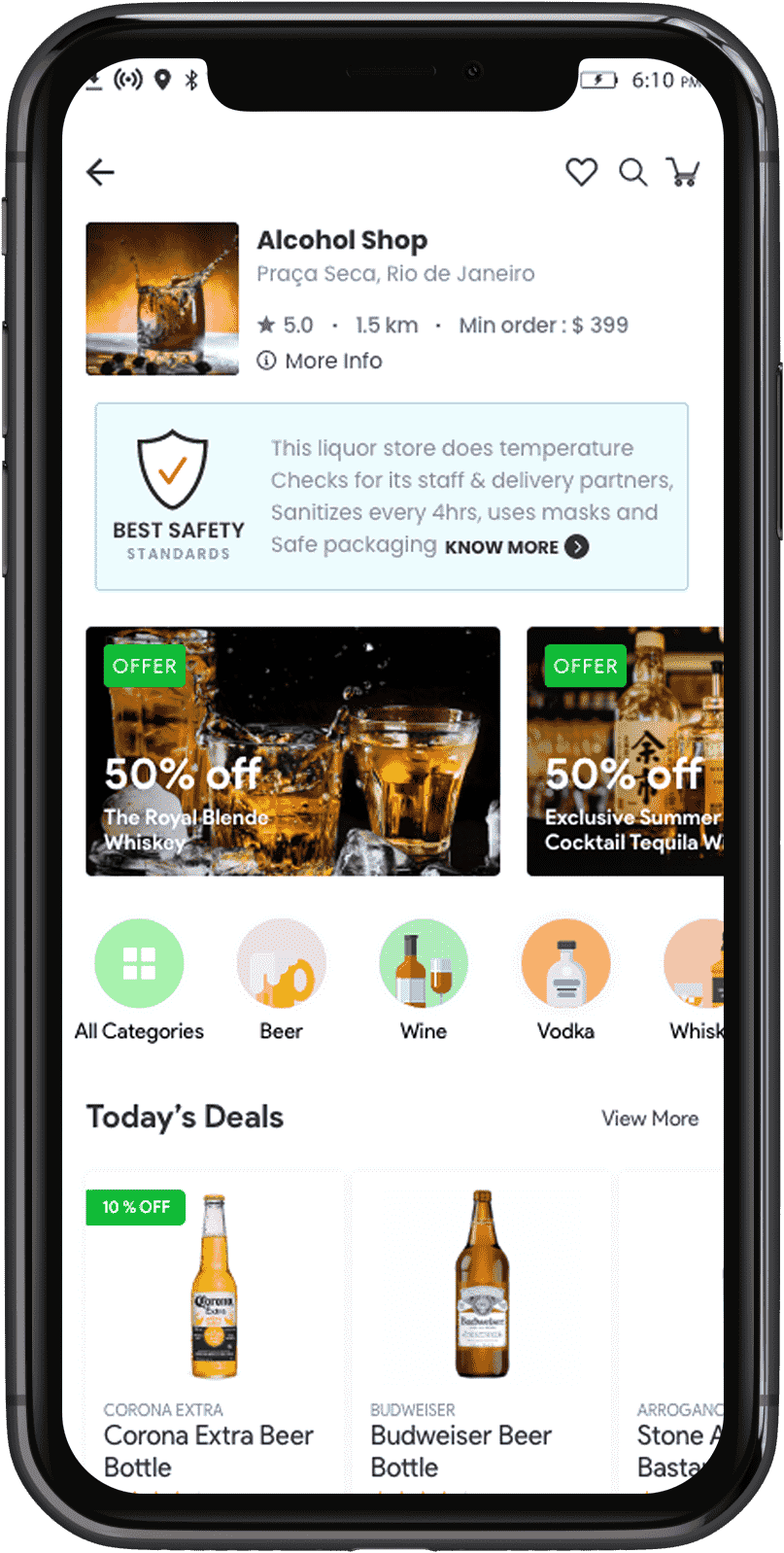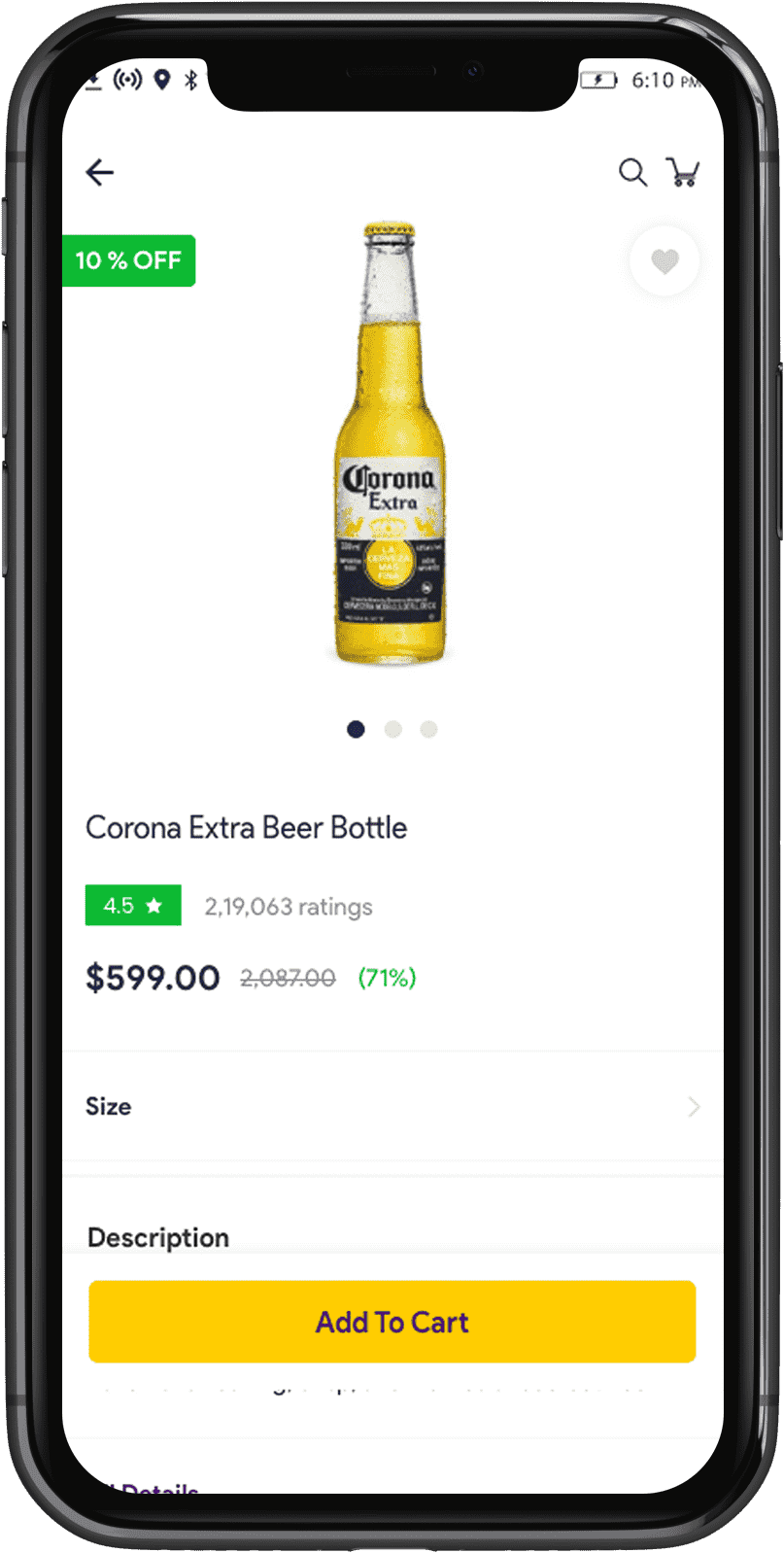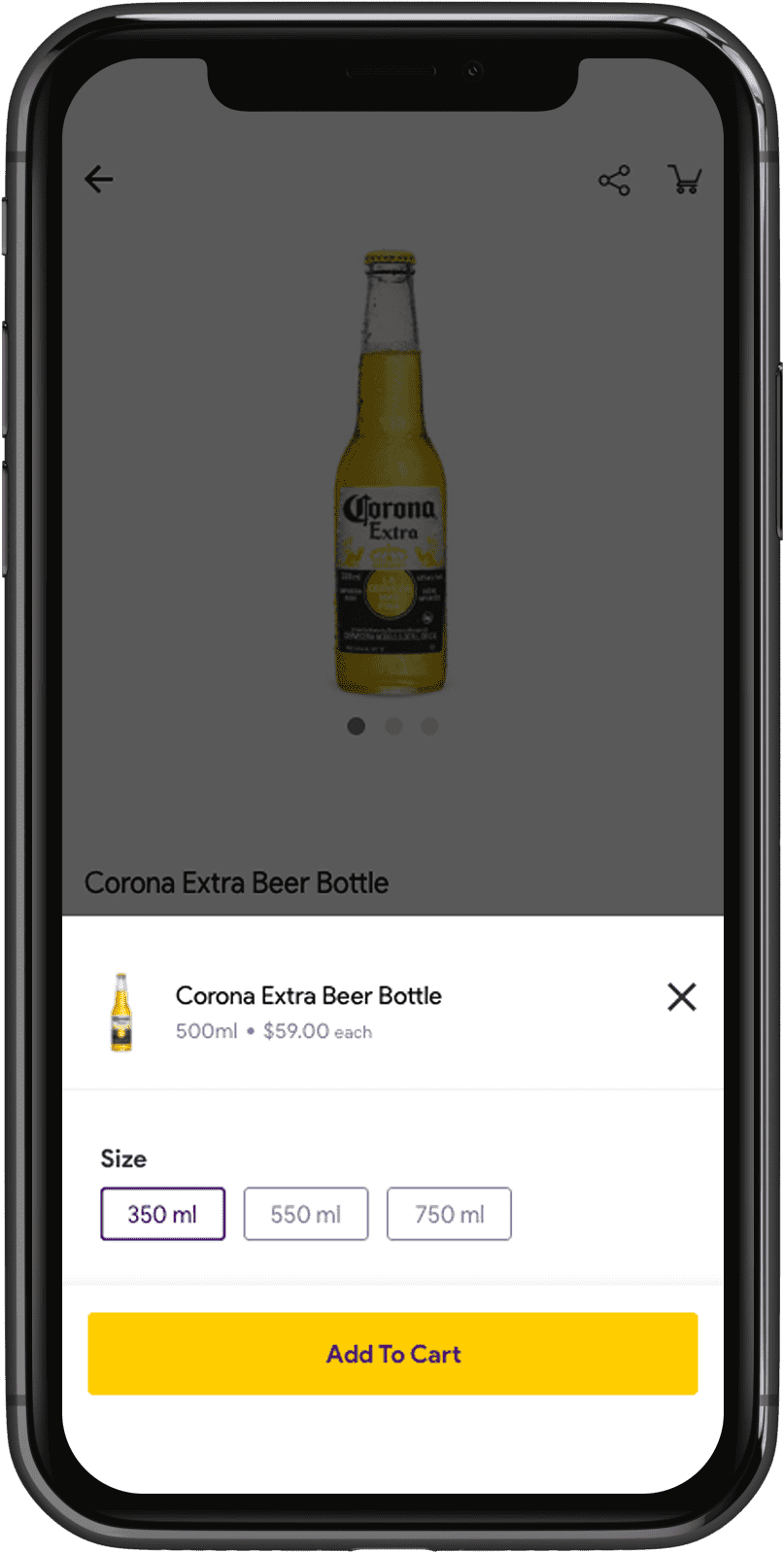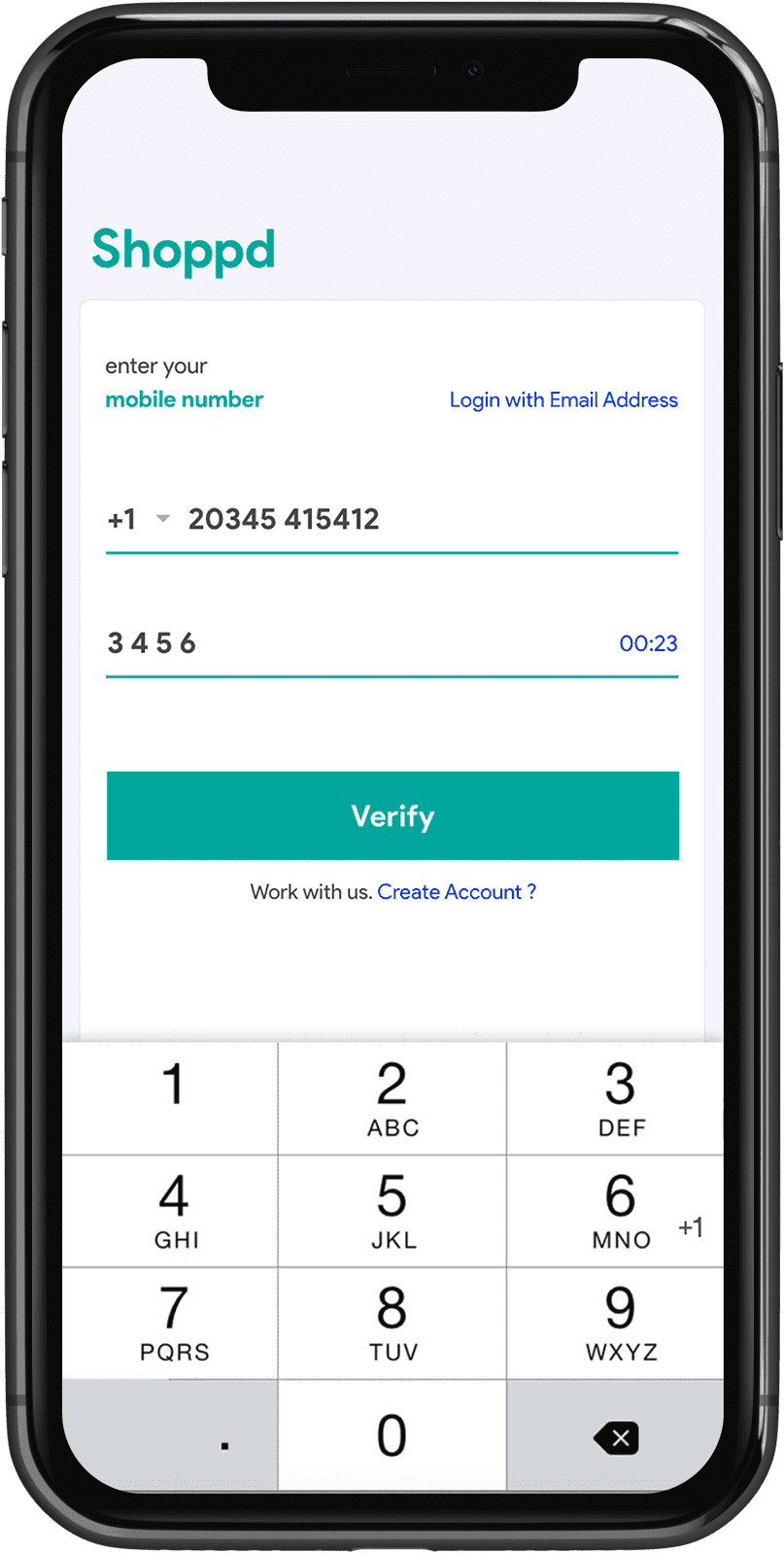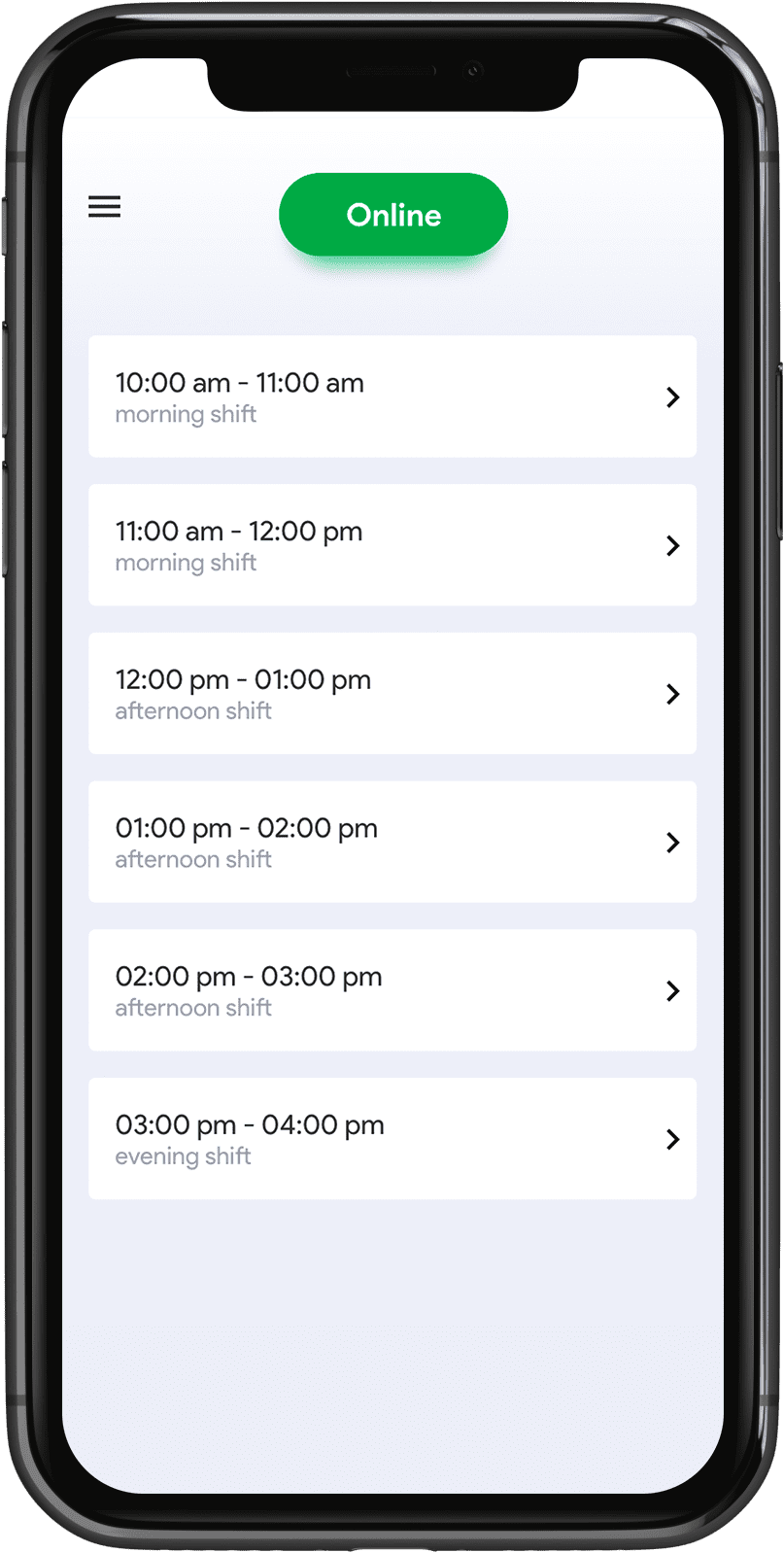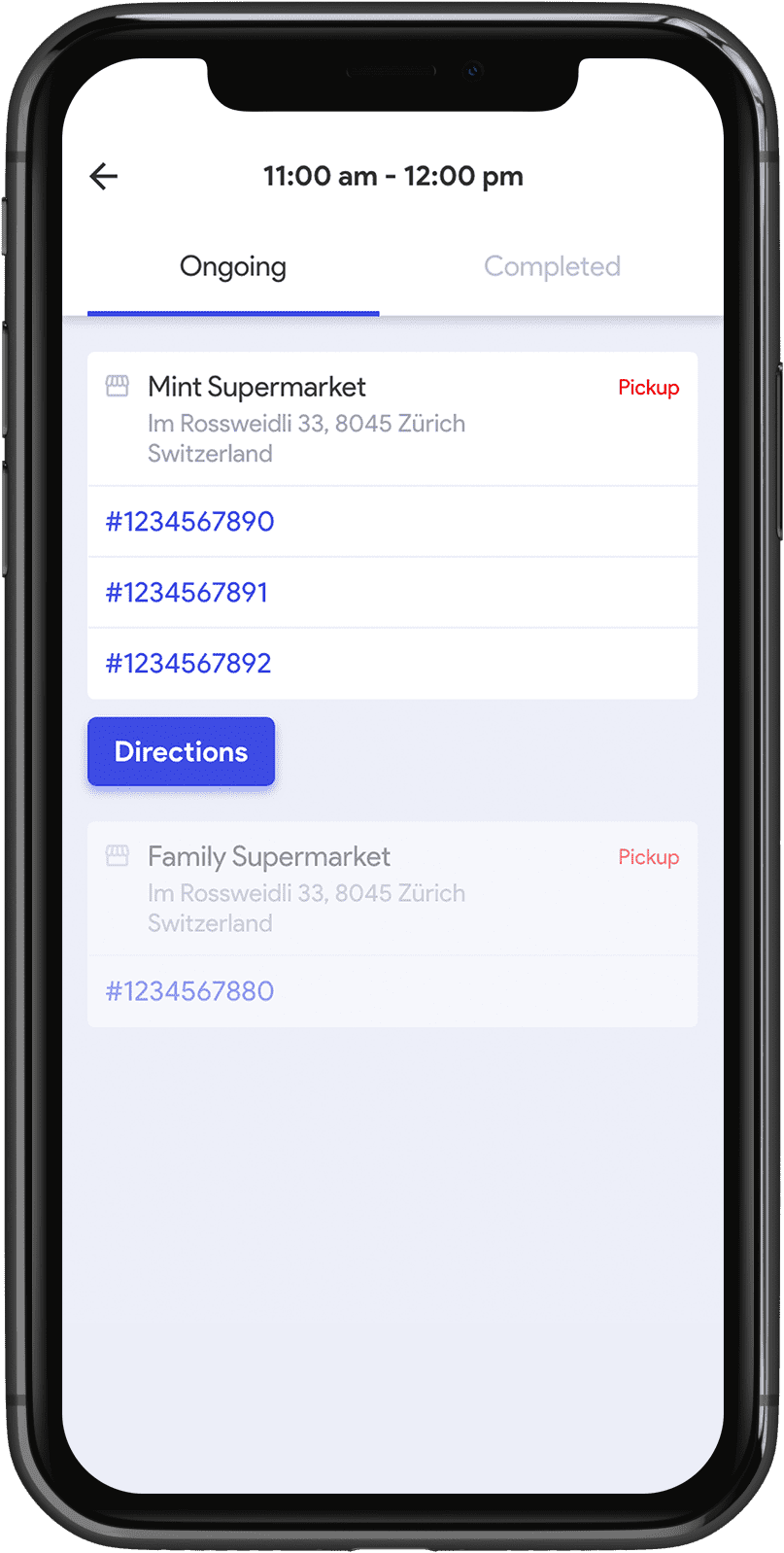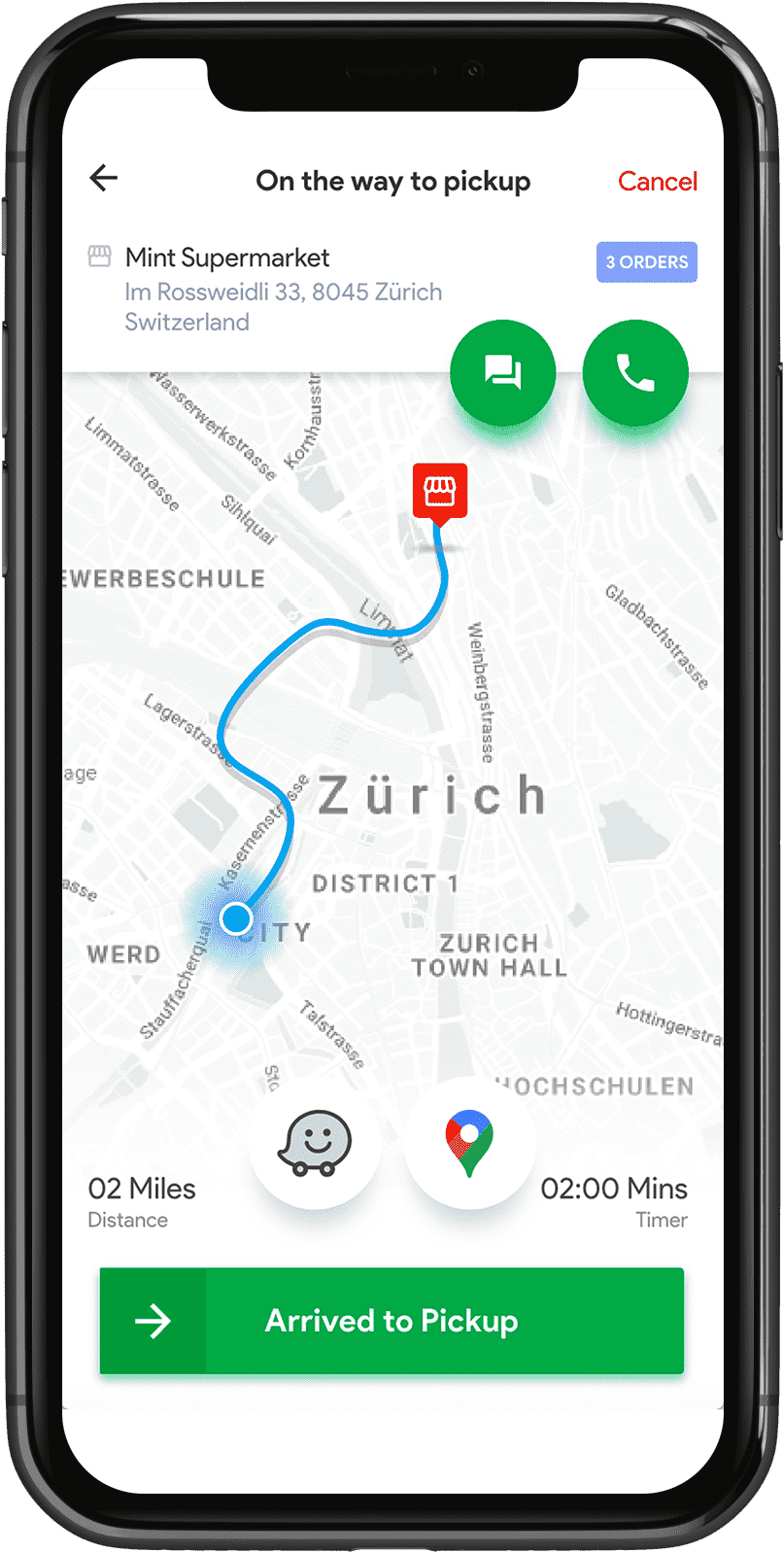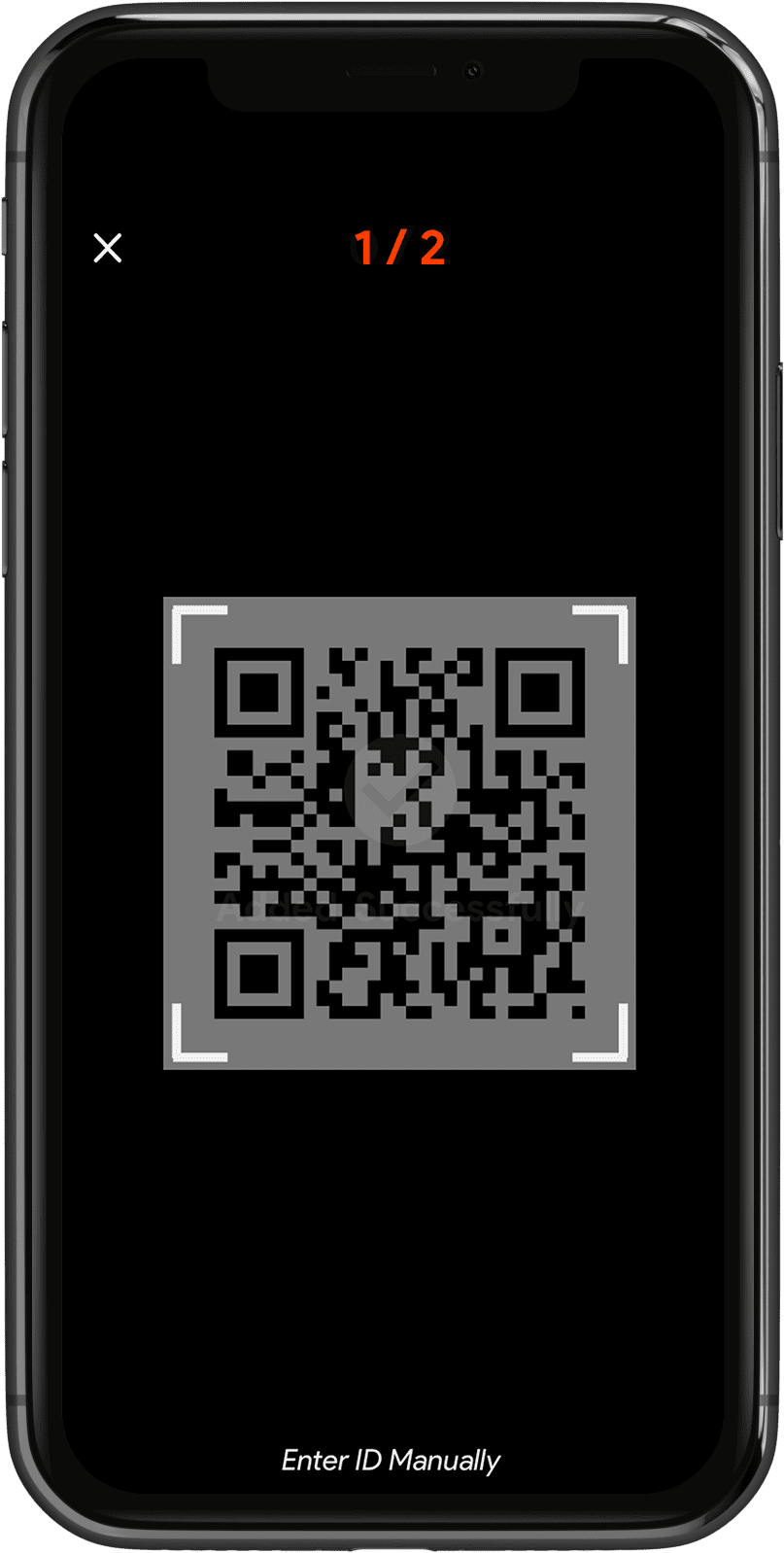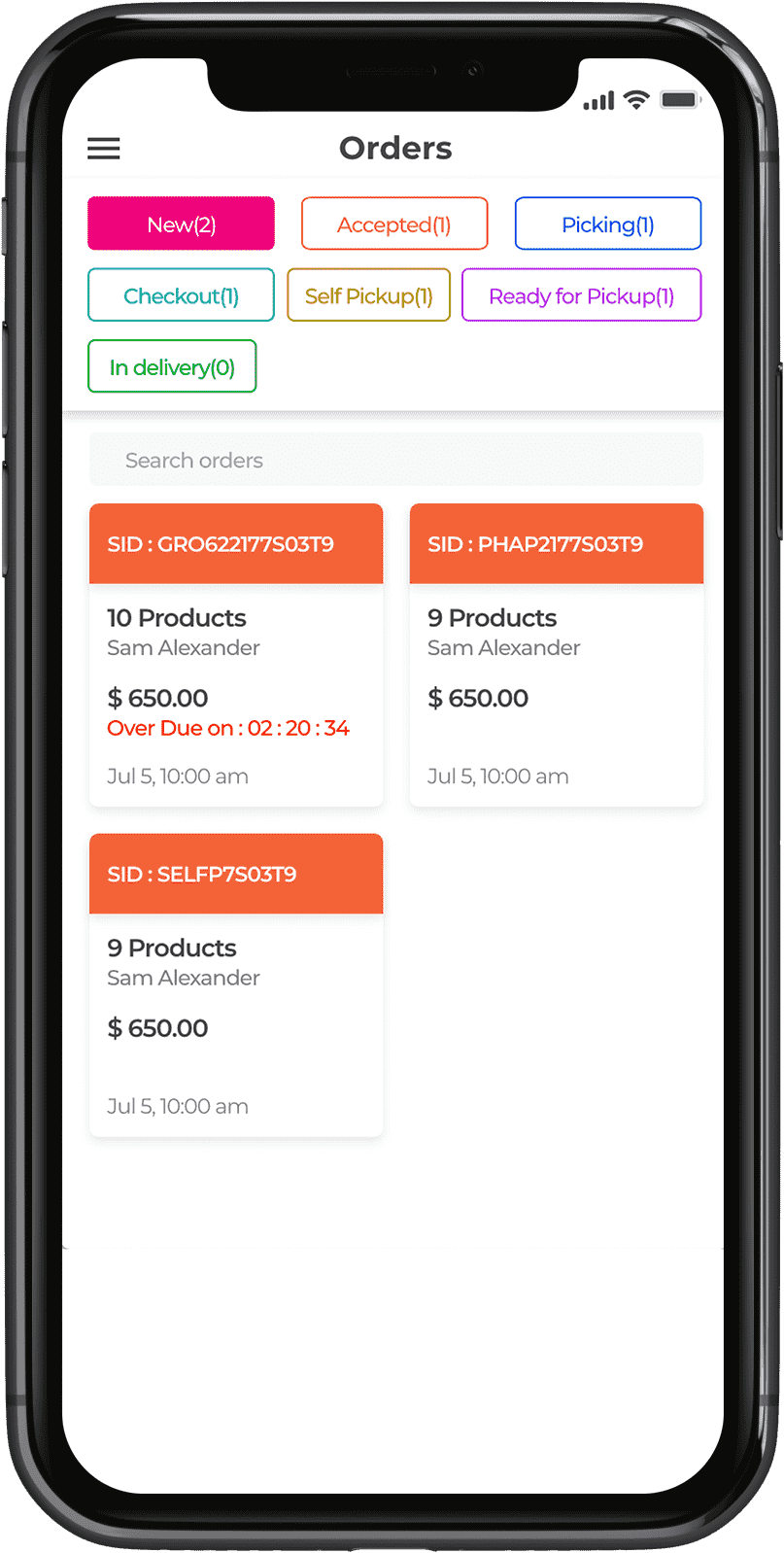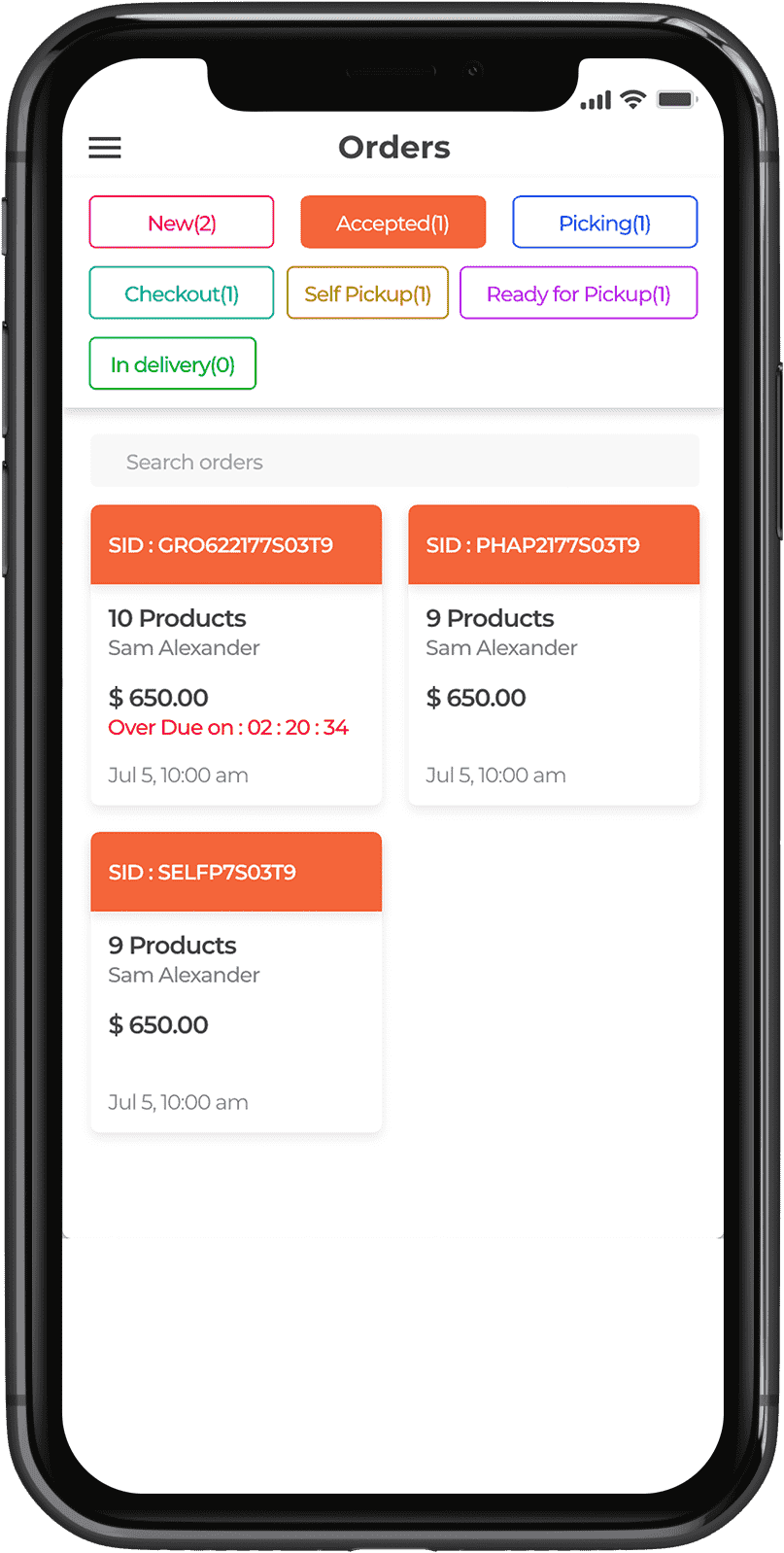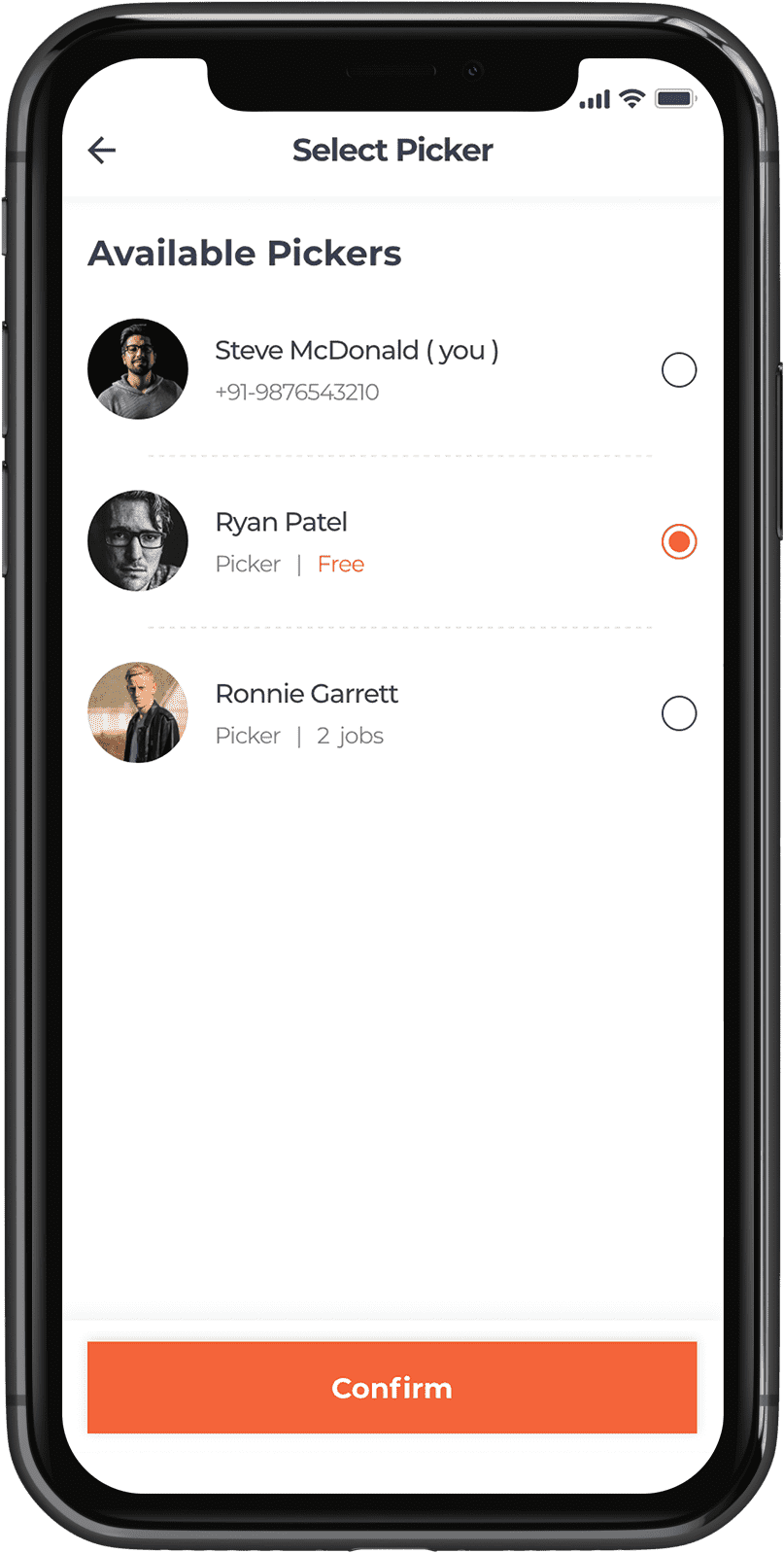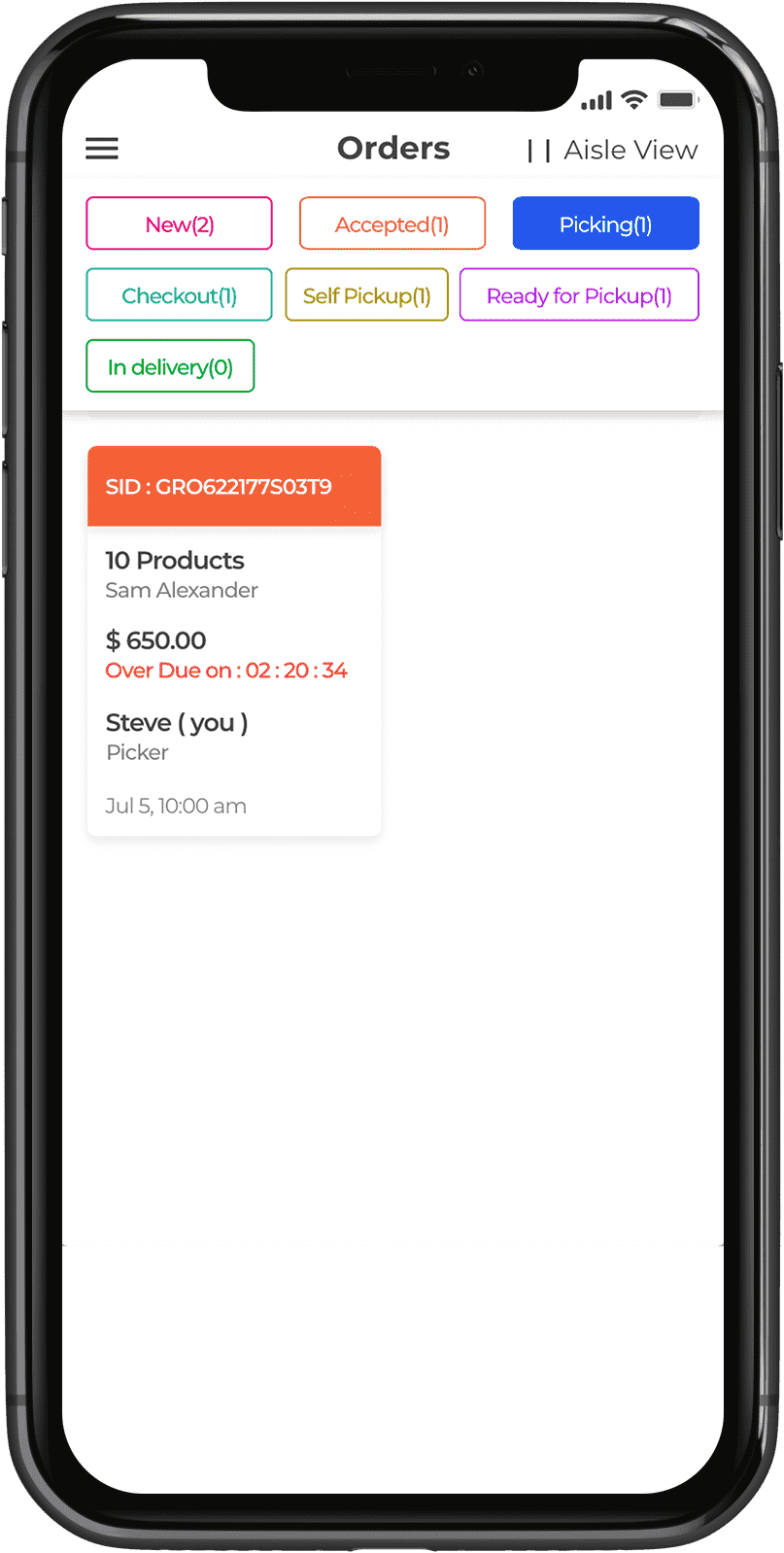Rappi Like App Development
To Develop Rappi Like Super App
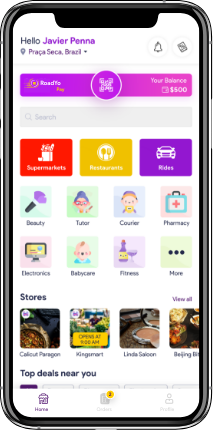
Super apps are powered by proven technologies such as GoLang, Node.JS, Apache Spark, Apache Kafka, MongoDB, Cassandra, Elasticsearch.
#Hugo #Rappi #Gojek #Glovo #Careem are super apps that powers major on demand services in different parts of the world. Rappi like app for Latin America to build the next unicorn of Central America.
Super apps essentially serve as a single portal to a wide range of virtual products and services. Due in large part to their versatility, super apps quickly become ingrained into daily lives of users’.
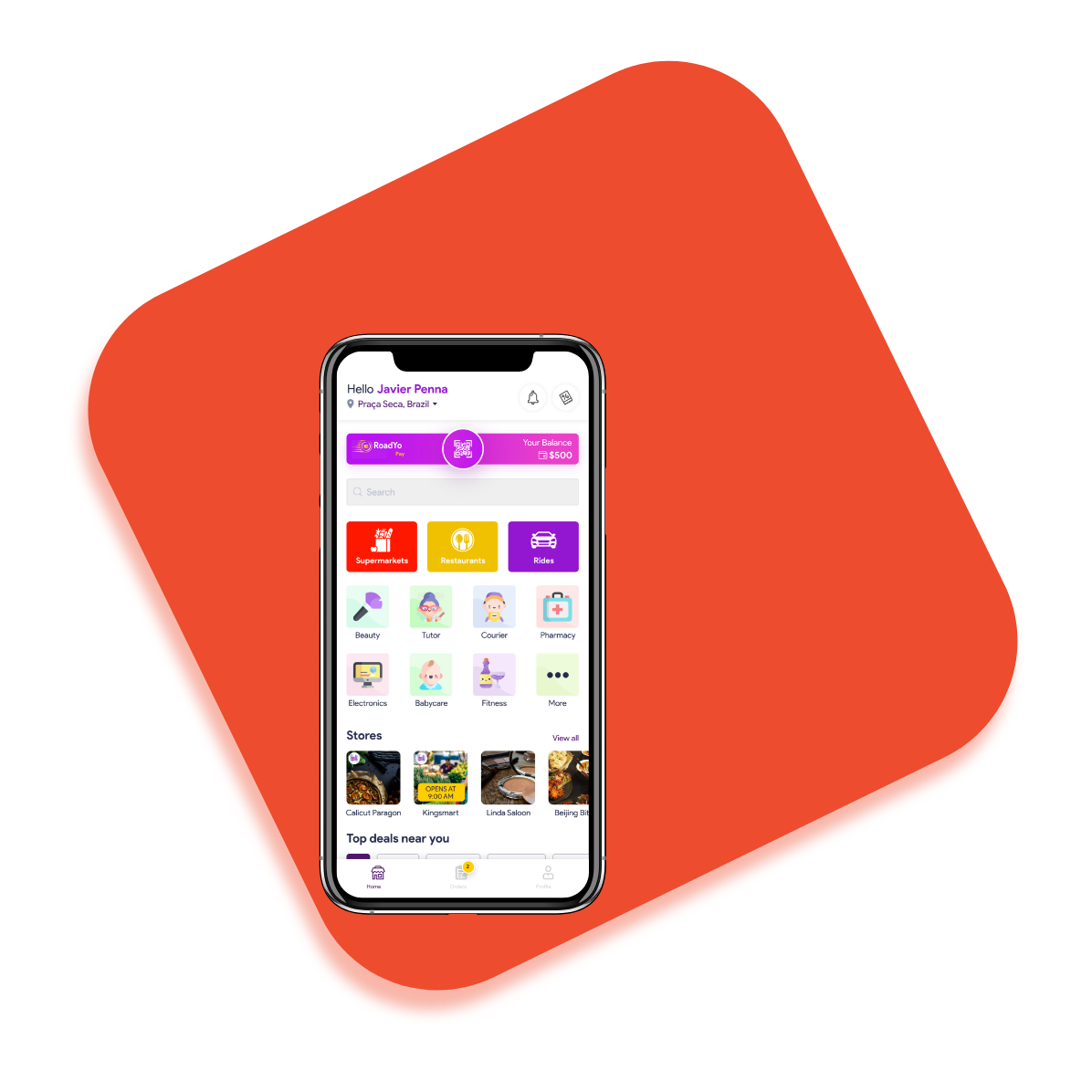
◆ Who developed Rappi: The unicorn from South America ◆
A super app is a marketplace of services developed by a firm offering several services via in-house or third-party ones under one umbrella.
Rappi started out as grocery & food delivery, then add cab services, ride sharing, ecommerce, food delivery and gains super app status that offer a seamless, integrated, contextualized and efficient experience.
Rappi Clone App is the all in one delivery solution for Latin America. Rappi Like App Development to hit the market faster with our pre built Rappi clone.
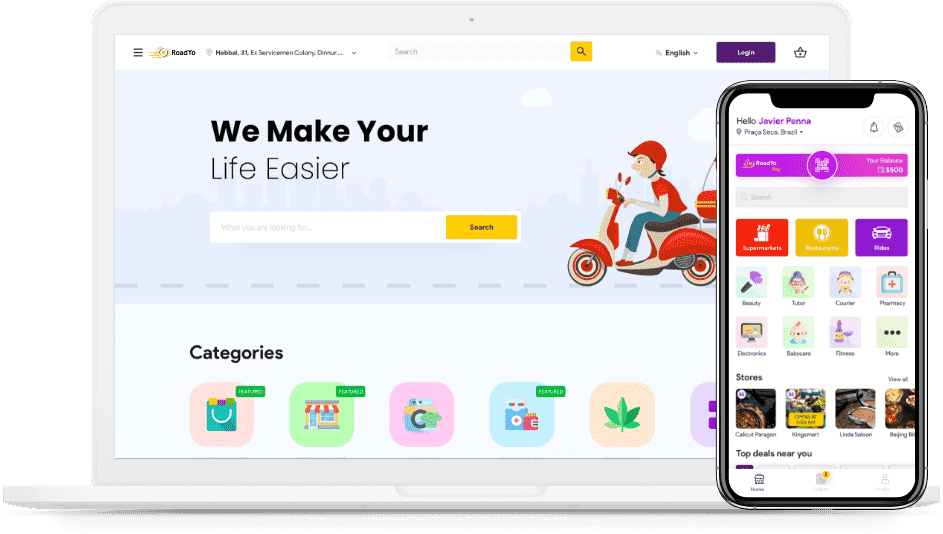
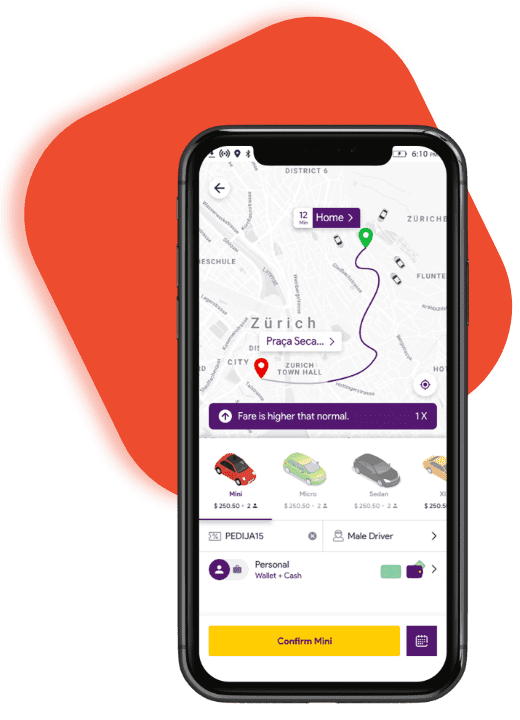
Rappi Clone App Includes Cab Rides
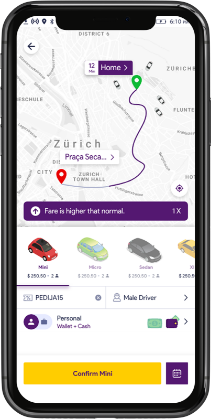
Rappi like app development ensures a module for customers to book a ride on a vehicle of your choice, track rides in real-time and go cashless via card payments. The module has a driver app for drivers to accept or cancel ride requests.
All the major features you need to launch a ride sharing business are built into this Rappi clone script.
Rappi Clone Script - Grocery delivery
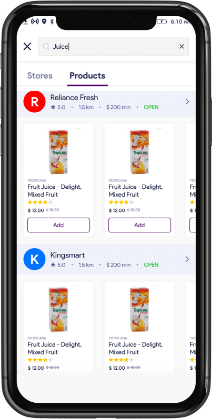
This module has been crafted and developed to provide all-around solutions from food delivery to online grocery shopping & delivery
This Rappi clone app is inspired by Instacart, BigBasket, Amazon Pantry, Grofers & Nature’s Basket.
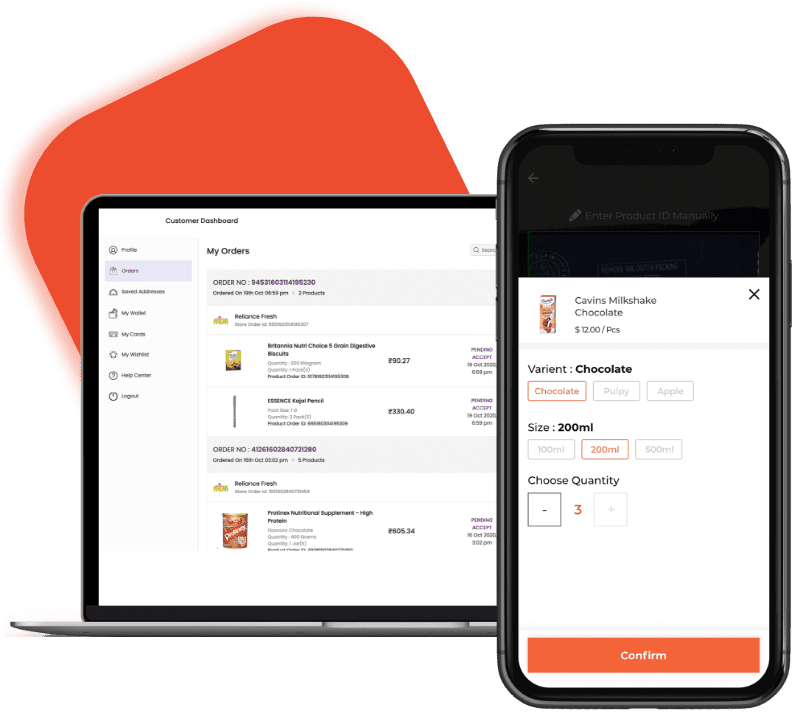
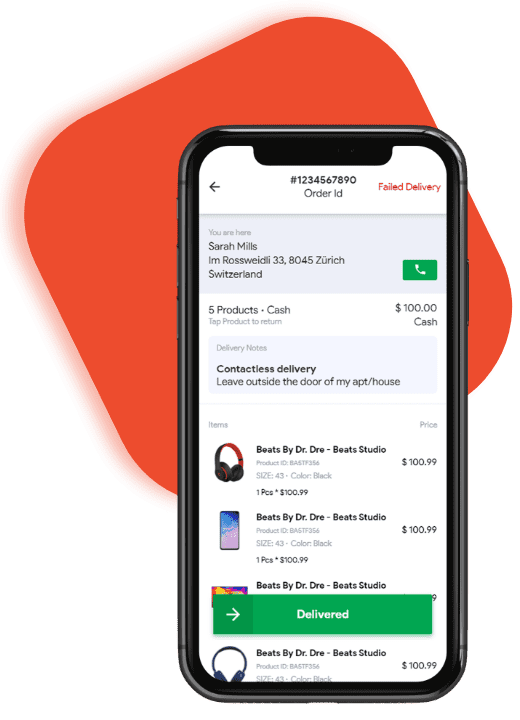
Rappi Clone For Latin America With Multi Vendor Ecommerce
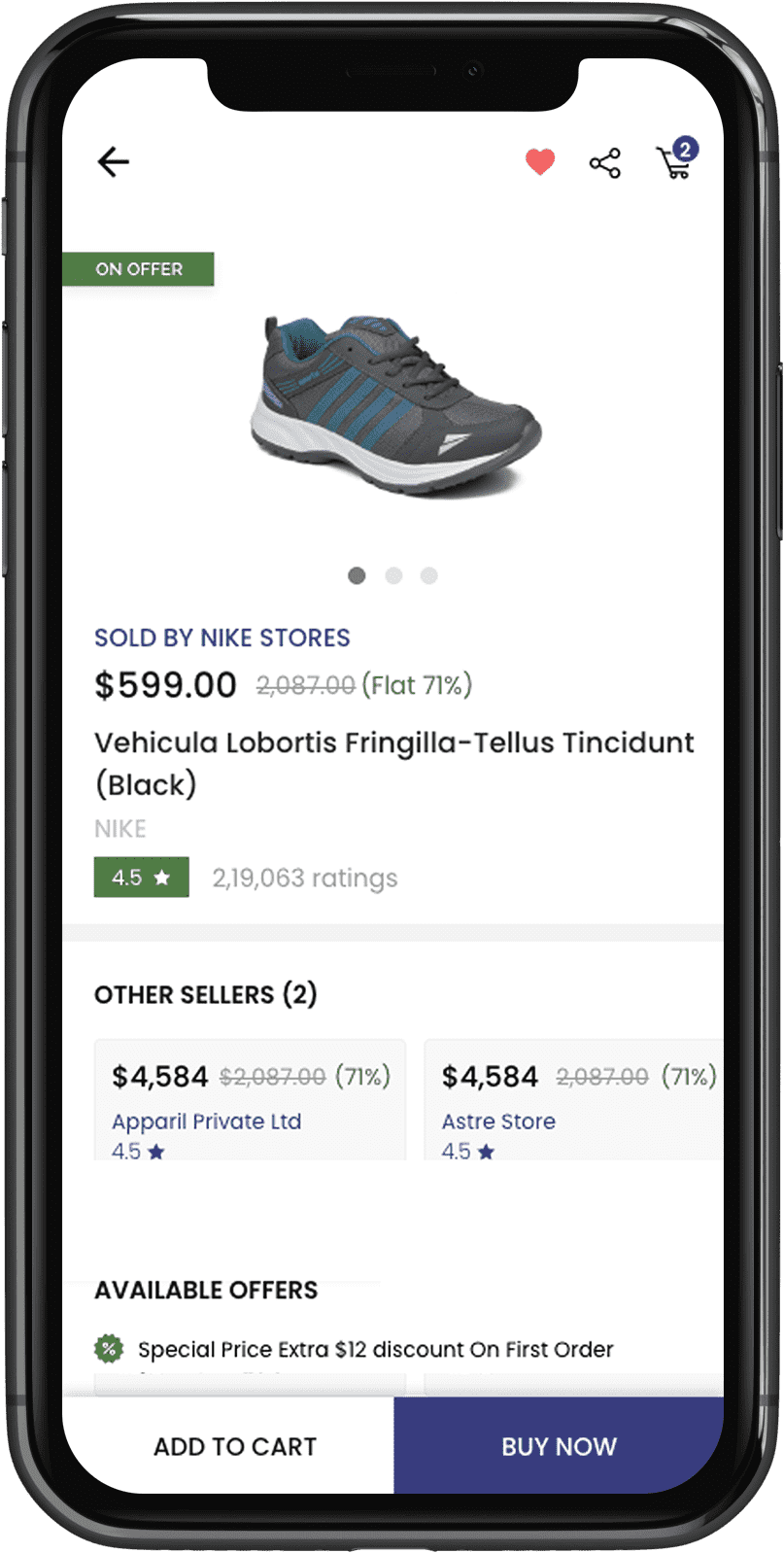
Rappi like app development enables a full-fledged eCommerce business similar to Amazon and Flipkart.
Mobile apps are the driving force behind the eCommerce industry. A user can find goods such as: clothing, food, electronics, and other items across categories that can be purchased online.
Demand App Rappi - food delivery
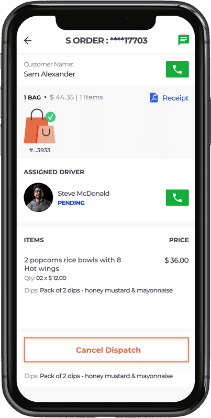
Rappi like app development integrates on-demand delivery that is relevant for food delivery business. Managing restaurant deliveries in Brazil, Chile or Peru made easier via on-demand / scheduled deliveries in the all in one software.
This is inspired by popular food delivery unicorns like Doordash and GrubDash.
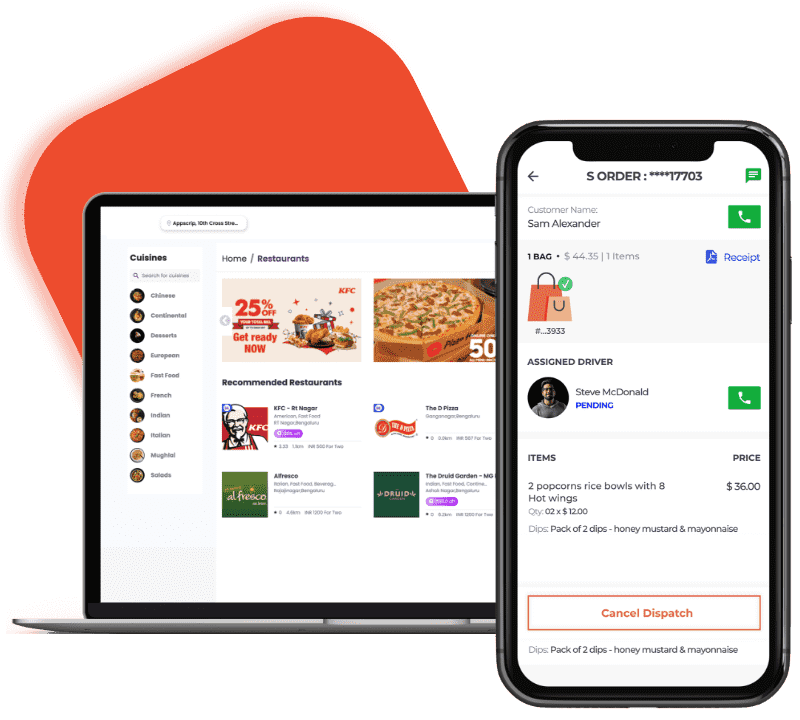
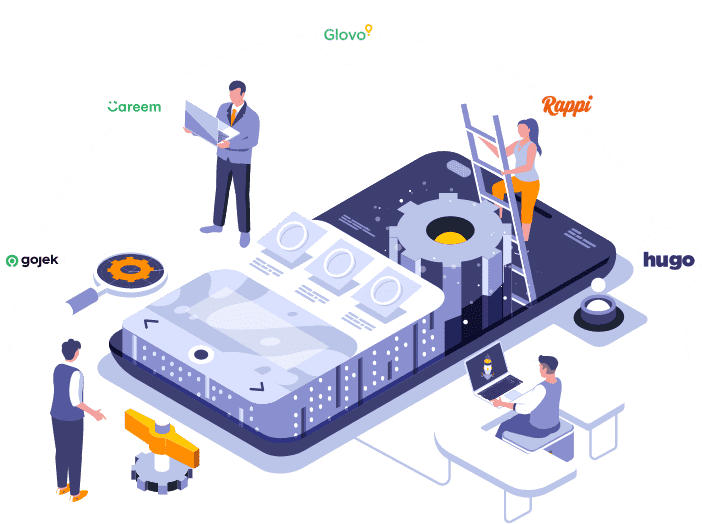
Aiming To Launch A Robust Super App?
That is 100% Customizable, Pre-built, Reliable & Quick As Rappi The Super App Of Latin America
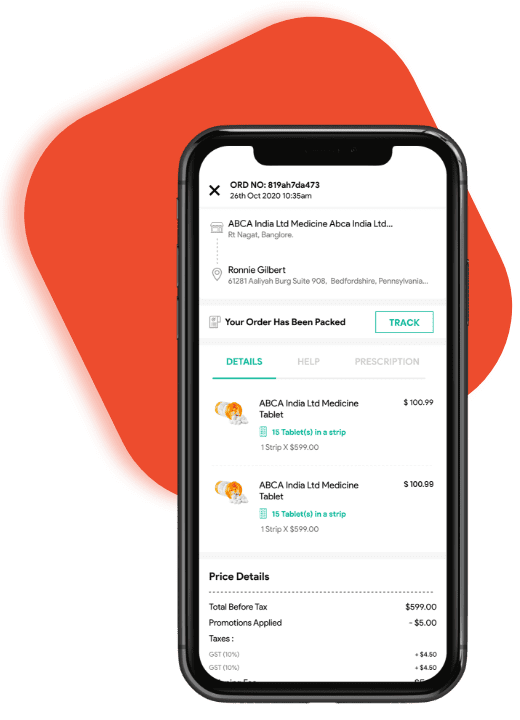
Rappi App Development - Medicine Delivery
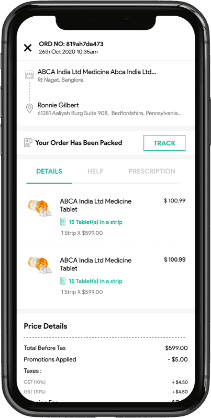
This module allows online purchase of medicines anytime. You can now ensure to build a full inventory of medicines, fitness products, nutritional items, personal care and healthcare products of various brands.
Our Online Medicine Software in this package has been designed to enable online purchase of medicines and pharma products.
Rappi Clone App Includes meat delivery
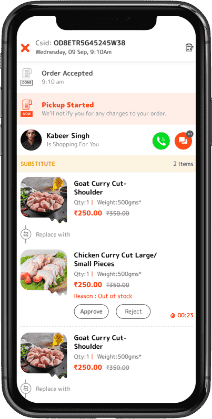
The pandemic led to a surge in demand for online meat delivery services due to health and hygiene issues. Foodies will never run out of means to order fresh and tender meat anytime.
Our module ensures full-fledged meat ordering and delivery business similar to Licious
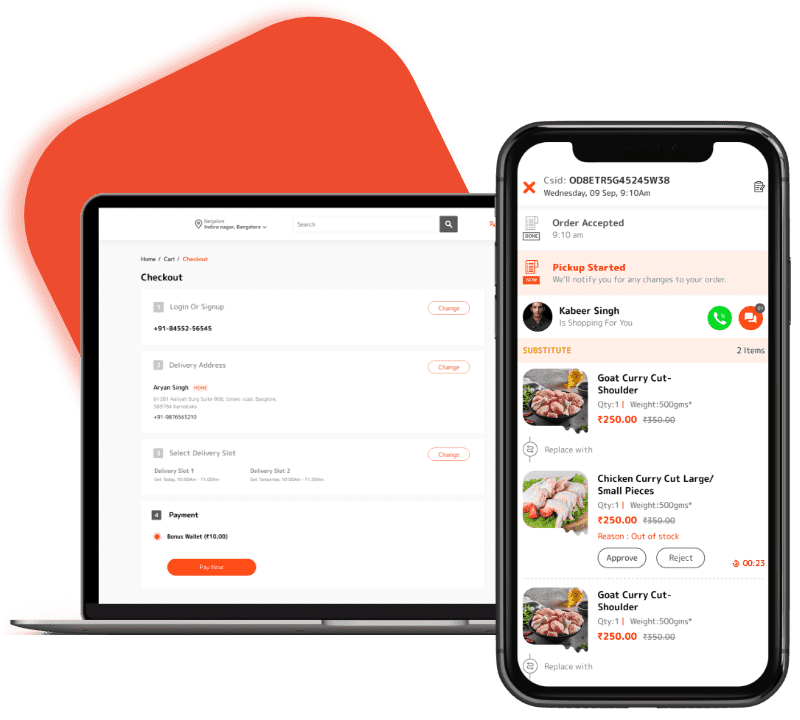
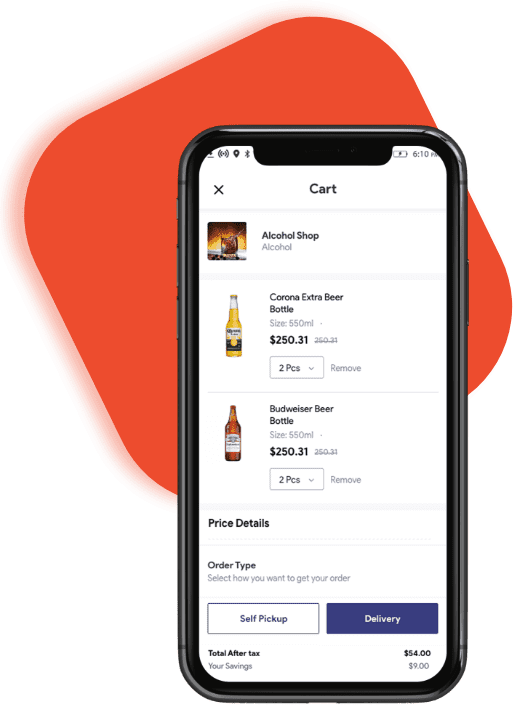
Rappi Clone App Incorporates
Alcohol / Liquor Delivery
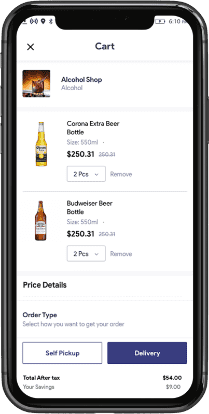
The alcohol delivery software solution business generated $1.7 billion in the US last year. The past 5 years trend in alcohol delivery is pegged at 11% growth.
Entrepreneurs investing in an alcohol delivery software solution will get better ROI. Utilizing our alcohol delivery software you can build, maintain, and deliver wine, beer and spirits to all your clients efficiently.
Features in the on demand super App
Customer App & Website
◆ Customer Website (PWA) ◆
Apps make 3 times more sales than mobile websites. And in-app sales are growing 46% year-on-year.
COVID accelerated the move from physical stores to eCommerce (and particularly mobile).
Showcase what you’re selling in a beautiful catalogue, with a scrollable carousel.
The web experience is delivered through progressive web application (PWA).
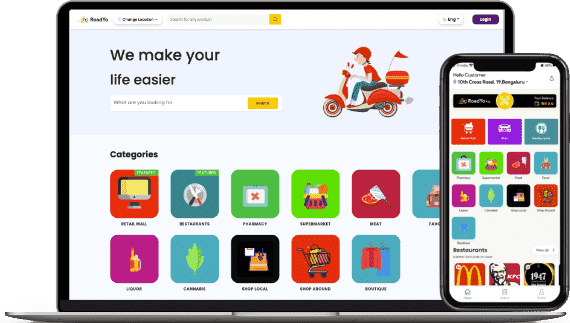
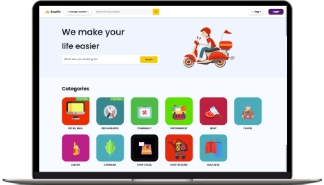
◆ Customer App ◆
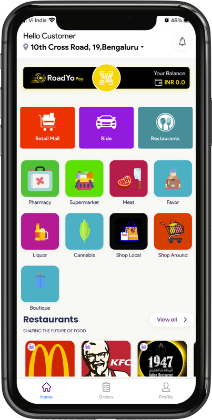
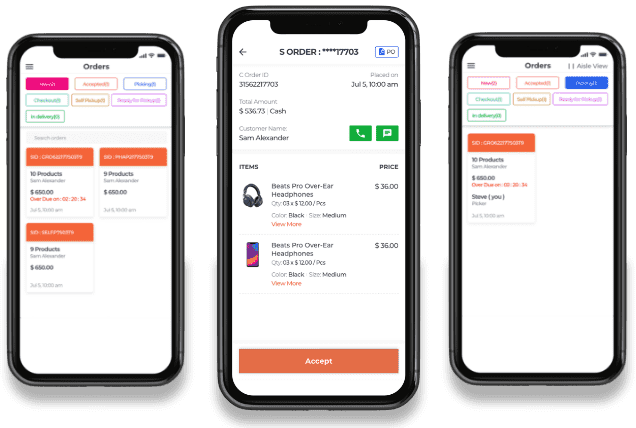
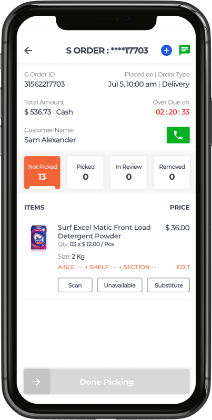
Picker App
The Store manager application is an excellent tool for managing orders, dispatching them to the delivery partners.
The functioning of the store application is flexible and can be configured with the following parameters: Auto accept & Auto Dispatch
The Store home page has tabs for things like new orders, accepted orders, picking, checkout, getting ready for pickup and in-store delivery to manage orders at all stages.
Driver App
Our system offers the flexibility of facilitating order delivery through one of the two drivers types: Freelancer drivers & Store Drivers.
Rappi clone app also supports login with the phone number or email address.
A picker can make himself available/unavailable for receiving orders by Going Online / Going Offline using the button on the top of the page.
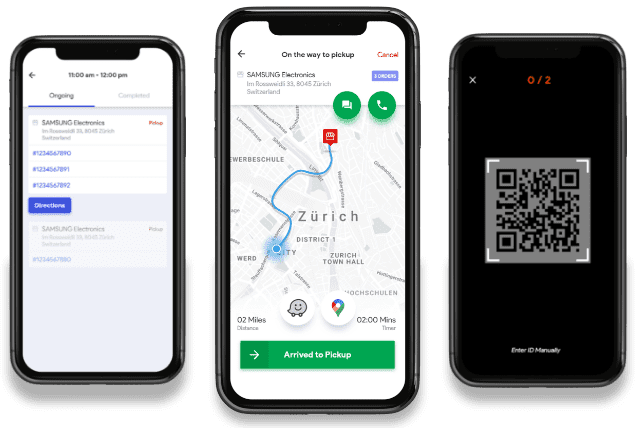
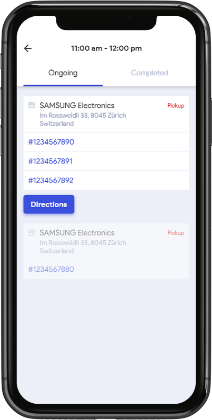
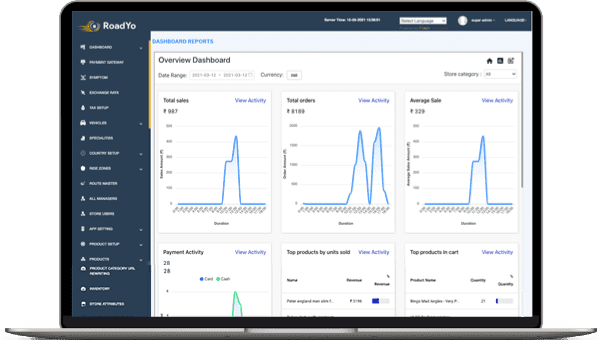
System Admin
It is powered by the data from the entire platform, the dashboard visualizes different Key Performance Indicators ( KPI’s ) for the platform using charts, graphs and tables. All the visualizations are filterable by date range.
System admin can also manage multiple payment gateways, do tax setup, define and manage multiple cities and zone.
It can also create, configure and manage user logins and statuses of managers for stores or a city.
Store Admin
Powered by data from the store, dashboard enables visualization of various Key Performance Indicators for the stores using charts, graphs and tables. Results can be filtered by date range.
Store admin can manage store profiles, working hours, store managers, product categories, orders, and more.
Store admin can also manage offers, check account statements, manage customer profiles.
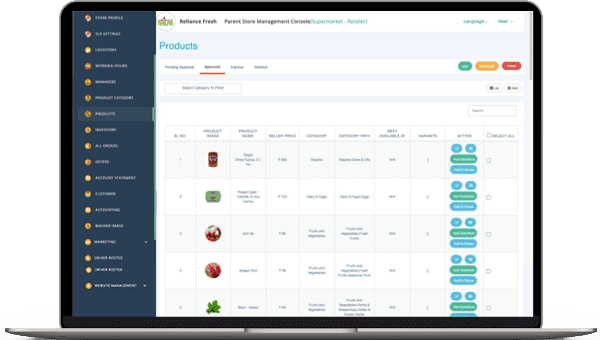
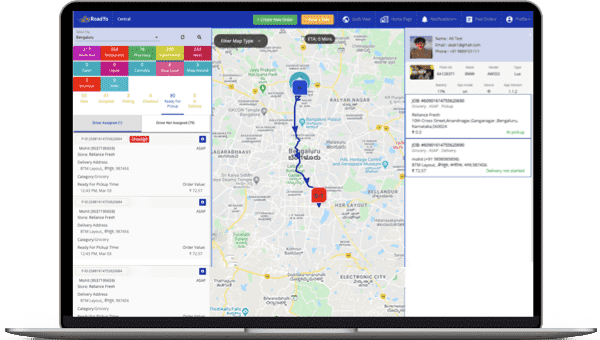
Central Web Dispatcher
Central web dispatcher helps to manage orders, dispatching them to drivers, editing, updating orders, and managing failed dispatches for an entire zone.
When a store connected with a freelance driver fleet to dispatch orders sees that none of the drivers accepts an order, it is then transferred to the central web dispatcher.
On clicking on the order, the drivers’ list pops up displaying online drivers available to fulfil the orders.
◆ Technologies ◆

Technologies Used

◆ FAQs ◆
Will my app scale in case we acquire thousands of users?
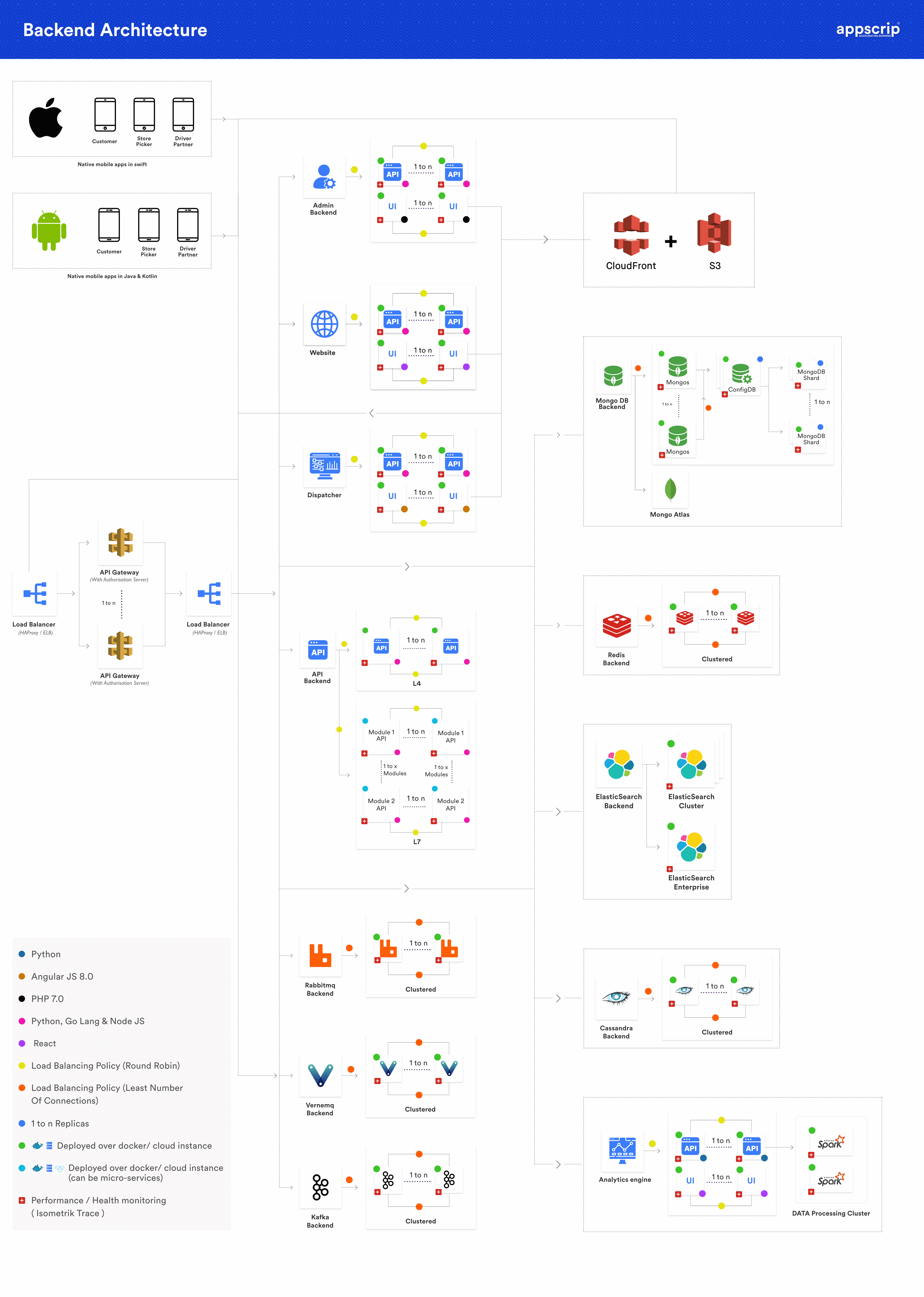
Which Super Apps can be considered successful?
Some popular and successful Super Apps include Gojek, Rappi, Careem, Golovo, and Grab. GoJek is a recent addition to the club of unicorns. Indonesia did not have a notable business startup. However, Go-jek changed all of this with their visionary ojek services.
Similarly, the Colombian super app, Rappi, raised US$1 billion in funding from SoftBank and other companies and are doing great now.
What is the need of a Super App solution?
Due to the prevalence of smartphones, and the widespread availability of high speed internet, the concept Super Apps came up.
The pandemic accelerated the much-needed digital push for on-demand delivery services.
Apart from enhanced revenue, SuperApps also provide higher amounts of consumer data to learn more about user behavior.
What are the key benefits of Rappi Like App Development?
Rappi is an on-demand delivery mobile app that allows users in Latin America to shop for groceries and other goods and send items through a courier service.
It enables domestic and foreign retailers to easily gain access to the market.
How do super apps like Rappi monetize?
Rappi makes money by charging merchants commission on each order. Rappitenderos (Rappi's courier boys) don't receive any part of this cash; they are paid directly by the delivery fee charged to customers. By leveraging Rappi's consumer data, CPGs can select specific customer profiles to send their product samples.
Revenue can be generated through business commissions, customer fees and delivery commissions from the app itself.
What technologies have been used in rappi like app development?
An effective, comprehensive technology stack is mandatory for the growth of an on-demand delivery business. It should be robust and reliable enough for seamless ordering, on time delivery, and efficient management. Super app platforms are powered by technologies like GoLang, Python, and Node.JS, Apache Spark, Apache Kafka, MongoDB, Cassandra, Elasticsearch, Docker, Kubernetes.
◆ FAQs ◆
What are some successful cases--examples of Super Apps?
Some of the most popular and successful Super Apps include Gojek, Rappi, Careem, Golovo, and Grab. GoJek is a recent addition to the global club of unicorns. Indonesia has not yet had any notable business startups. However, Go-jek changed all of this with their visionary ojek services.
Similarly, the Colombian super app, Rappi, raised US$1 billion in funding from SoftBank and other companies because of their booming footprint.
What is the need to launch a Super App solution?
Due to the fast adoption of smartphones, and the widespread use of the Internet, the market is open to the concept Super Apps.
The Covid-19 also accelerated the much-needed digital push into on-demand delivery services.
Apart from increased revenue, SuperApp also provides companies with massive amounts of consumer data which can be harnessed to learn more about user behavior.
What are the key benefits of a Super App?
It shortens the journey to the desired action (convenience) and offers a variety of services. It allows for a uniform and individual user experience and also saves phone memory.
It enables domestic and foreign retailers to easily gain access to the market.
How do super apps make money?
Super apps like Gojek generate a good amount of revenue each year; their business model has grown well beyond its original range of offerings to cover services, including lifestyle, entertainment, and financial needs.
Any super app can generate revenue through business commissions, customer fees and delivery commissions from the app itself.
What technologies have been used to build the Super App RoadYo?
Super app platform RoadYo is powered by super-scale technologies like GoLang, Python, and Node.JS, Apache Spark, Apache Kafka, MongoDB, Cassandra, Elasticsearch, Docker, Kubernetes


